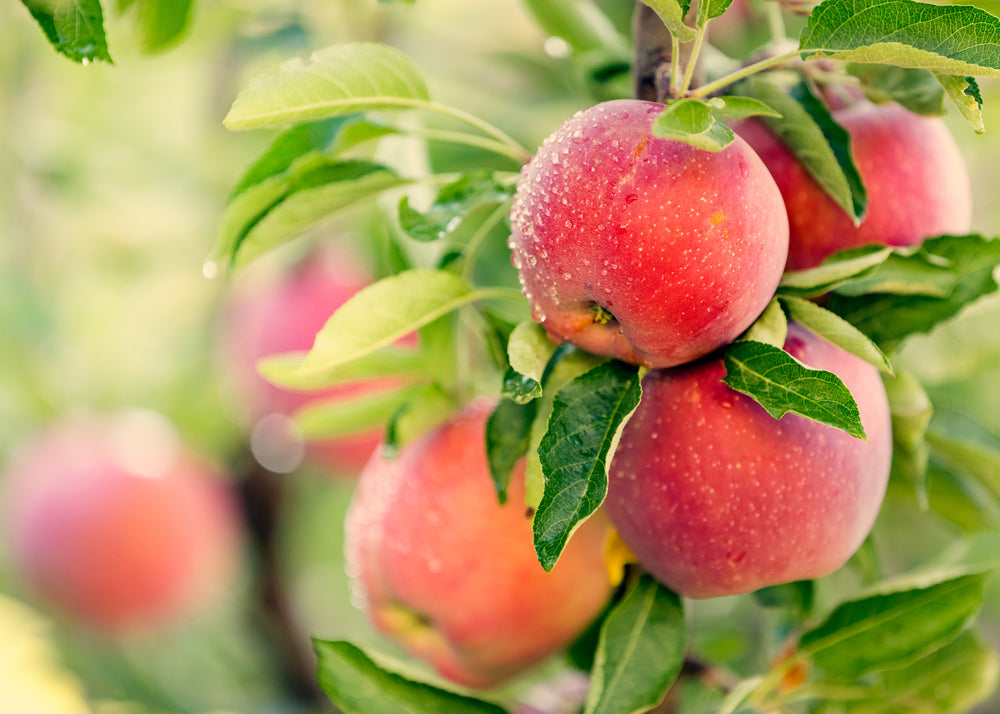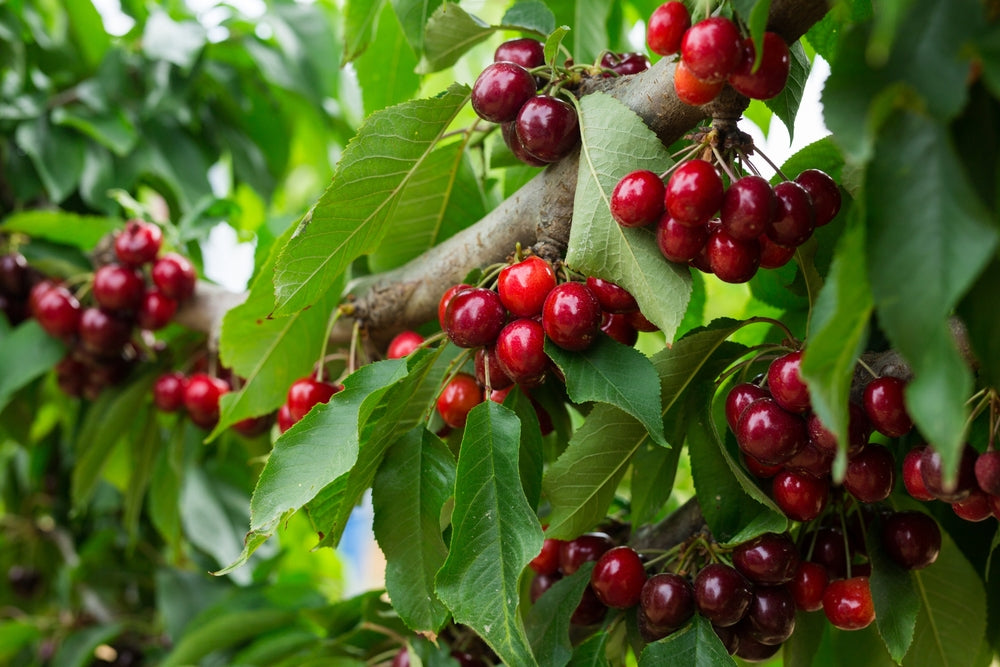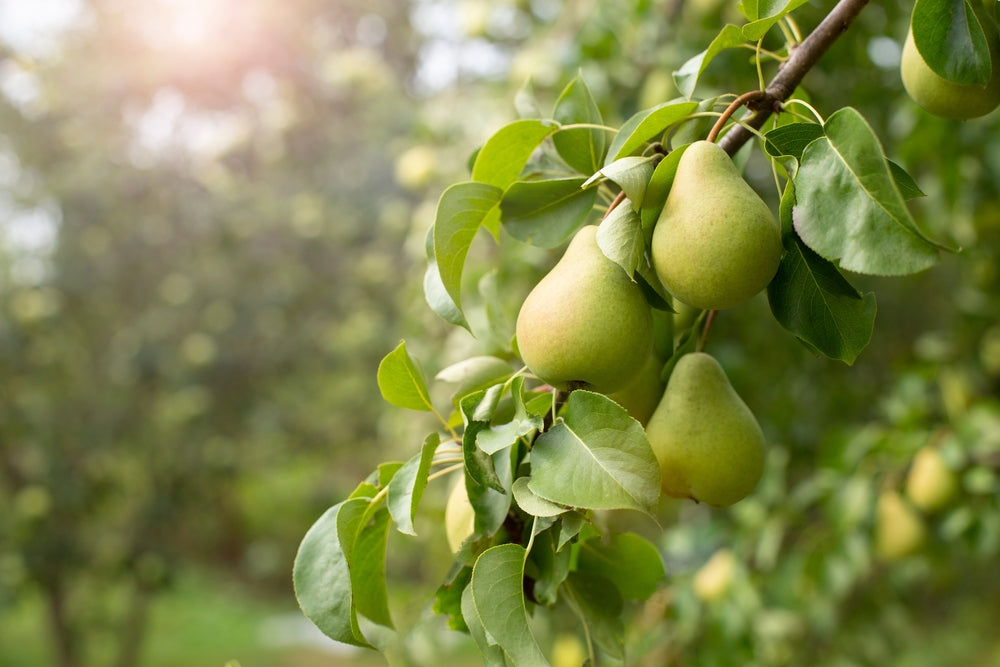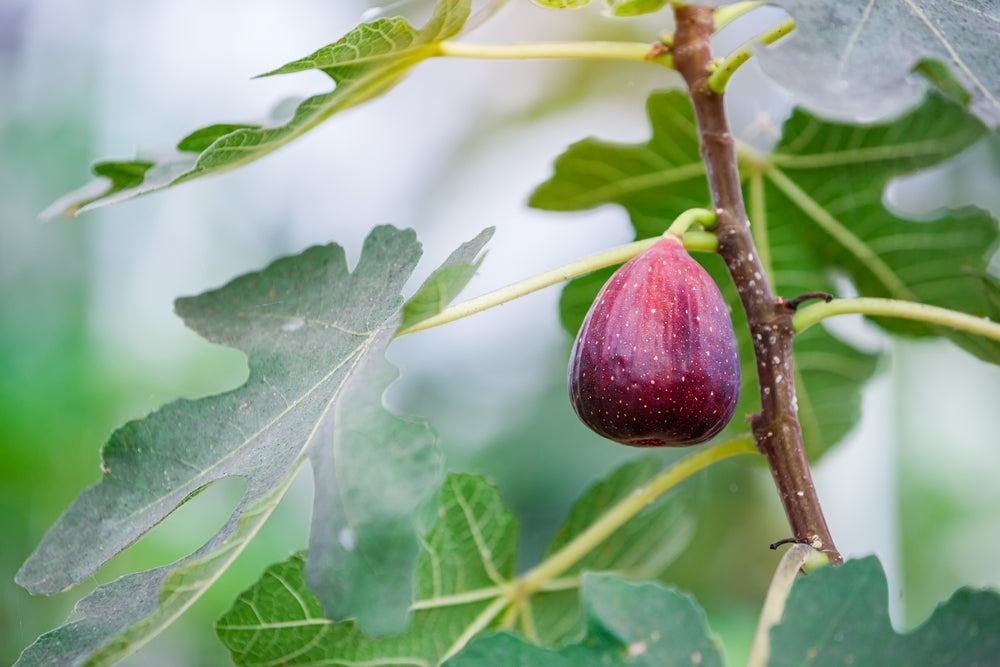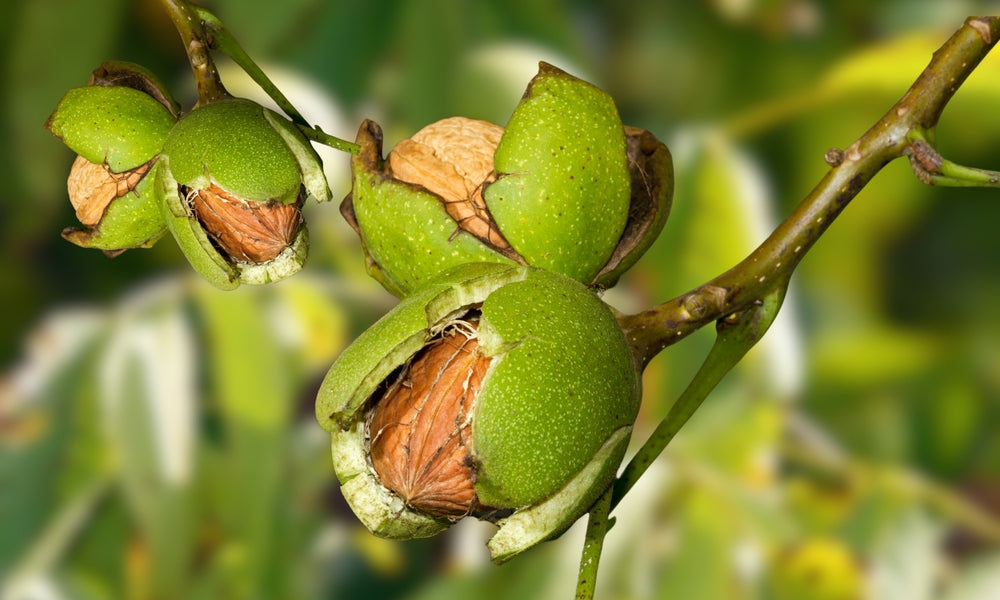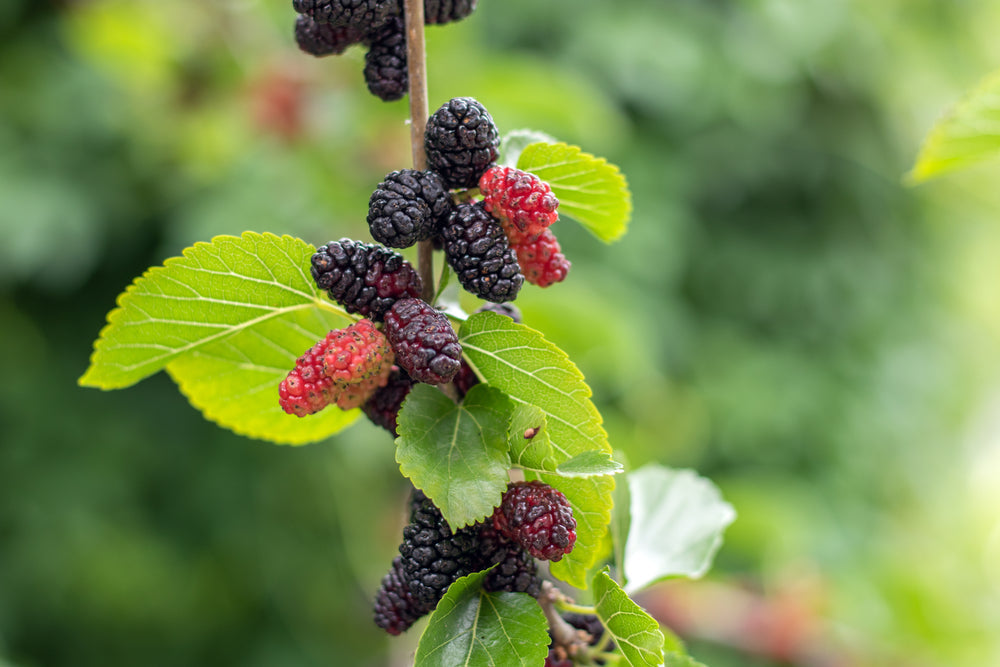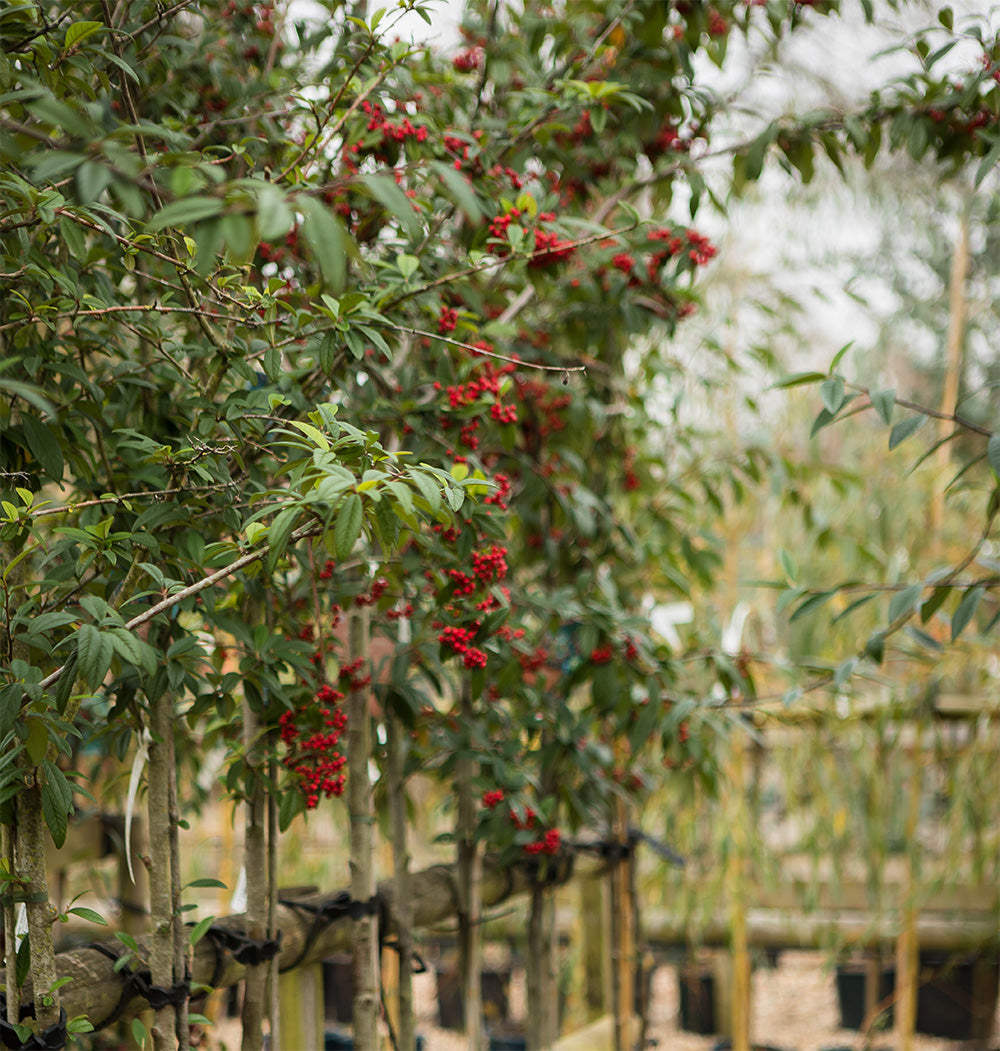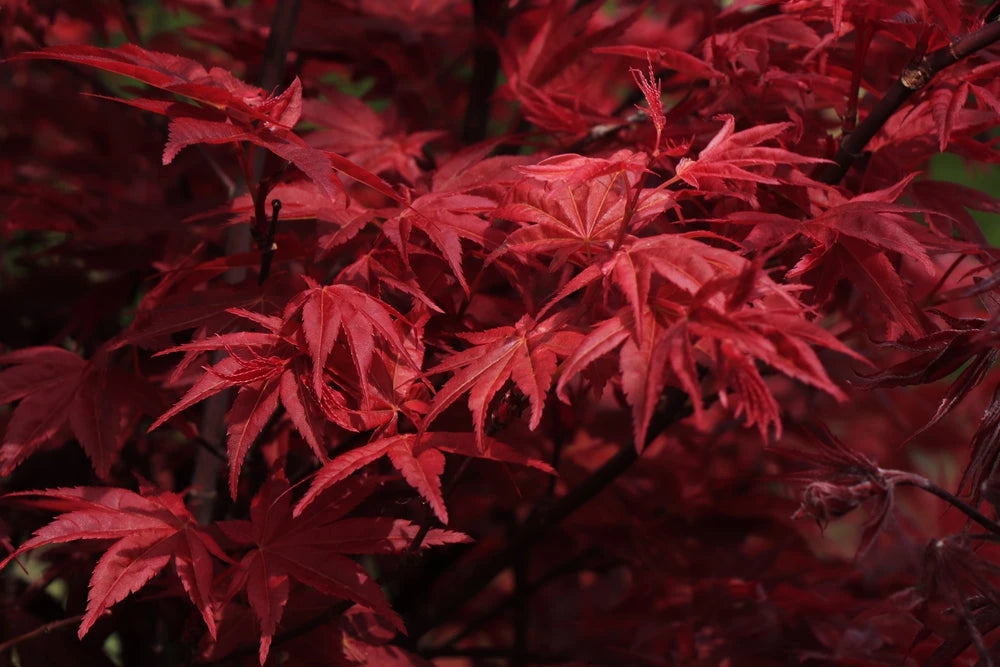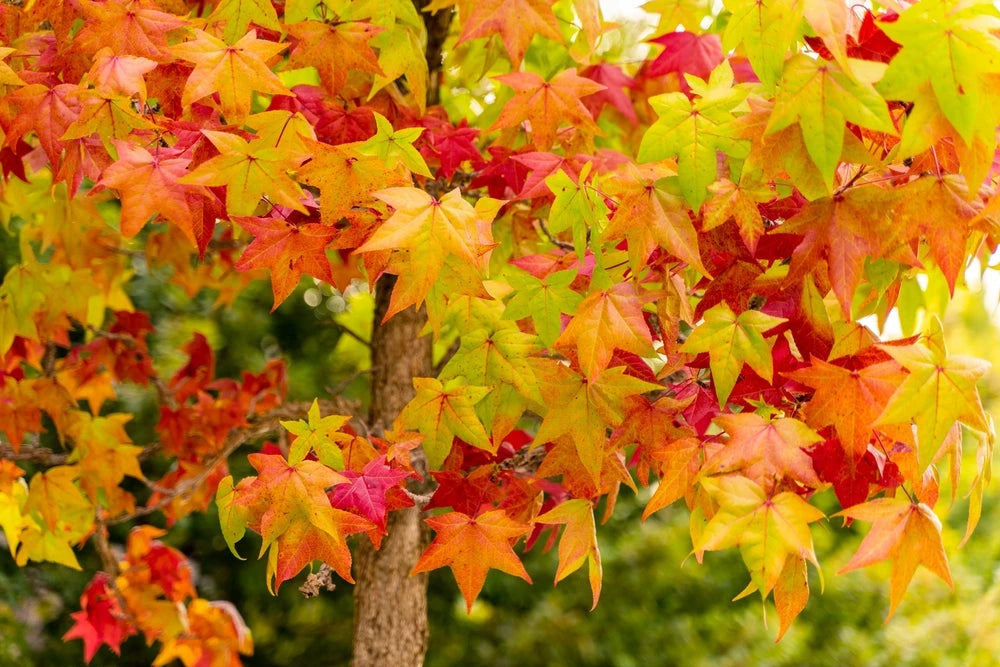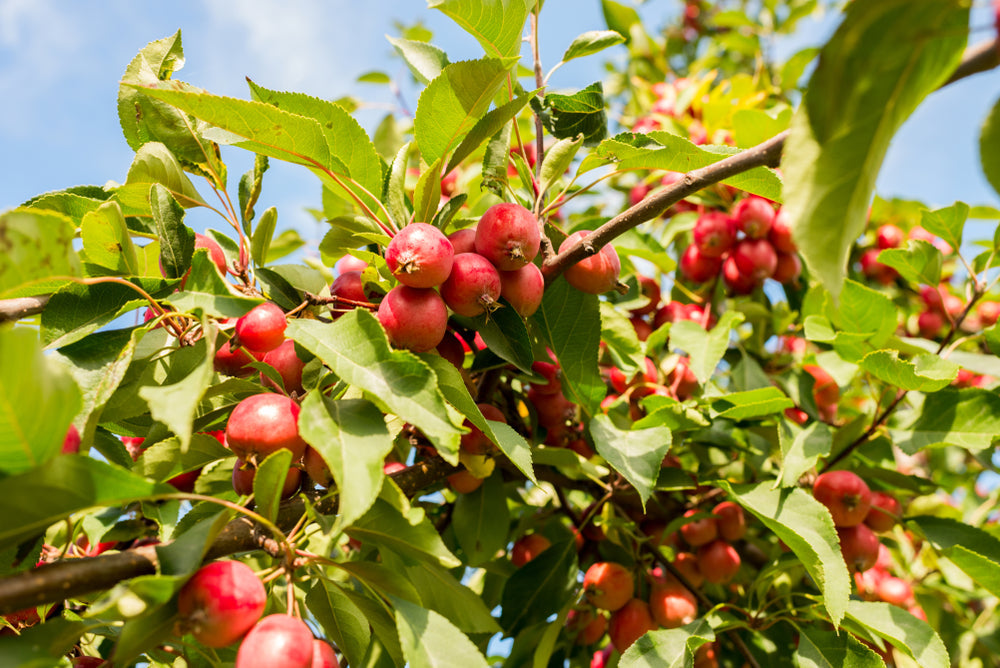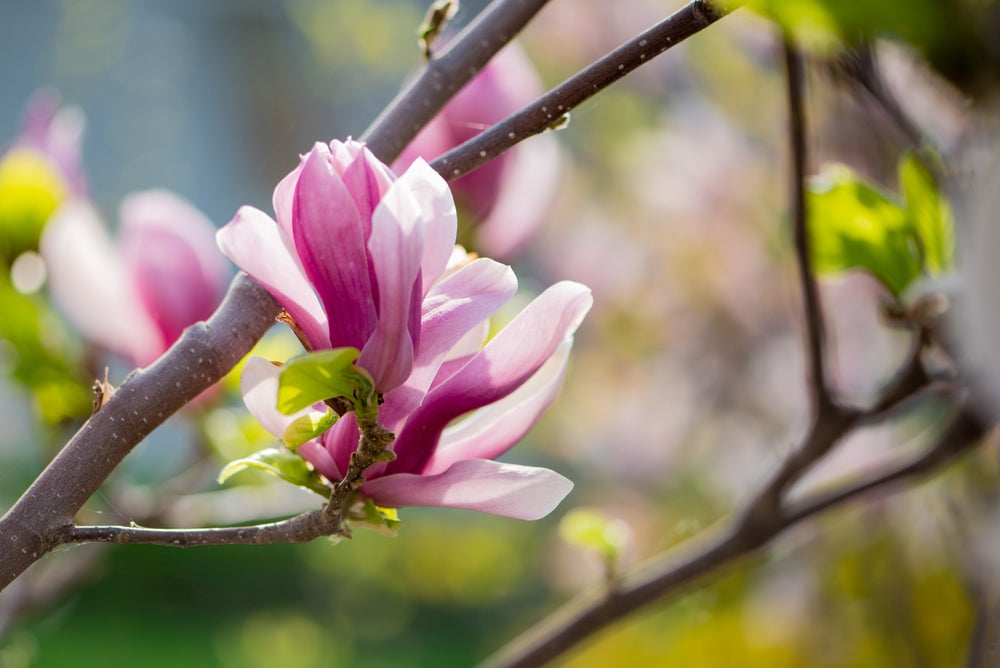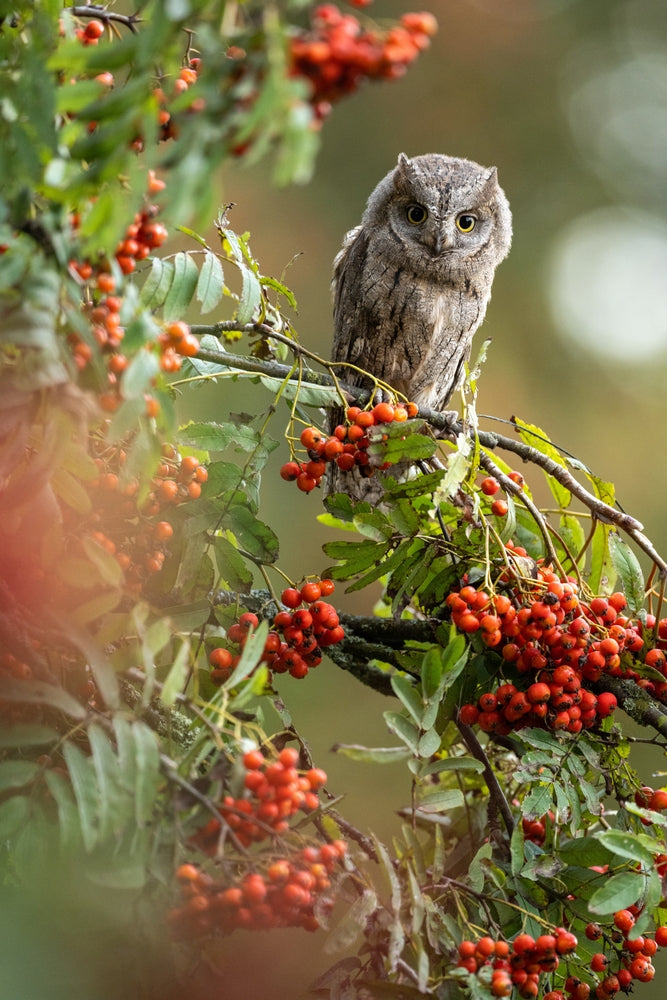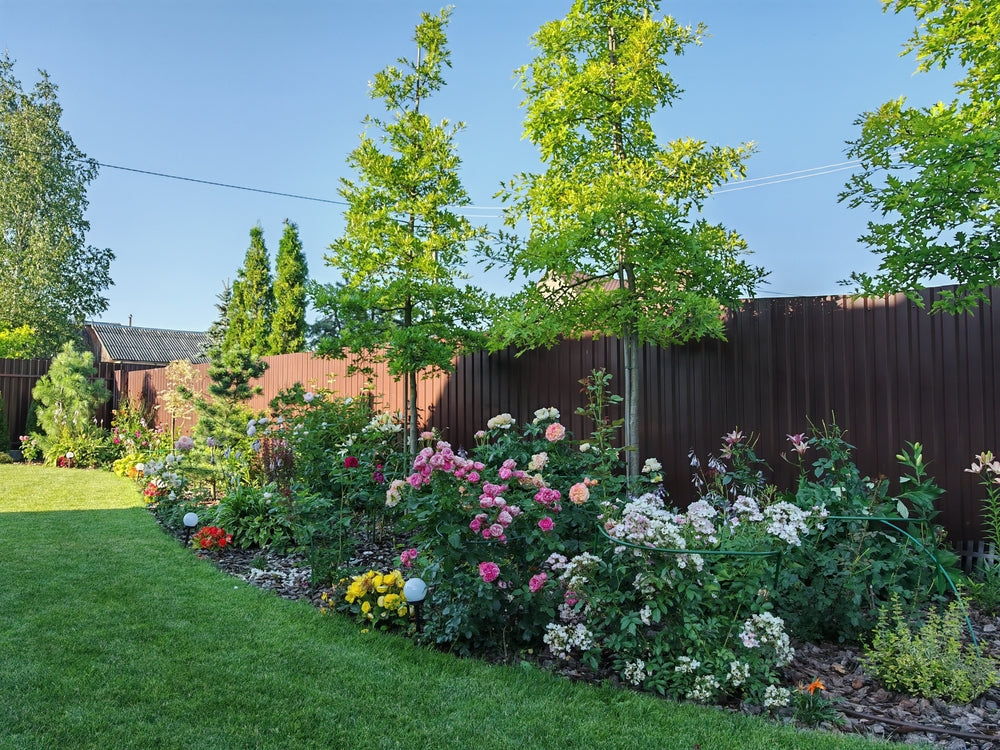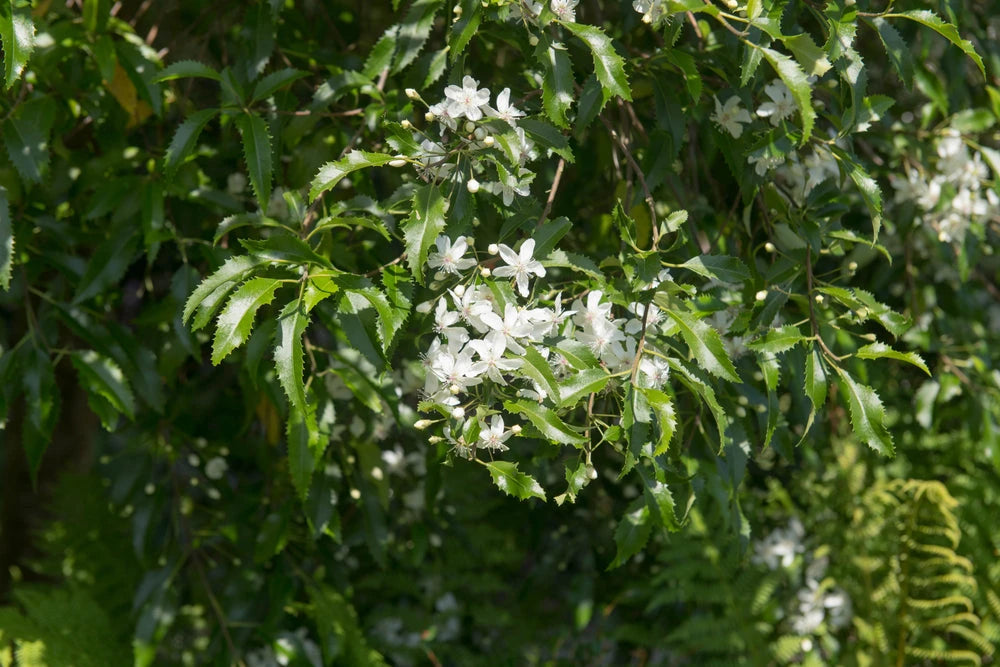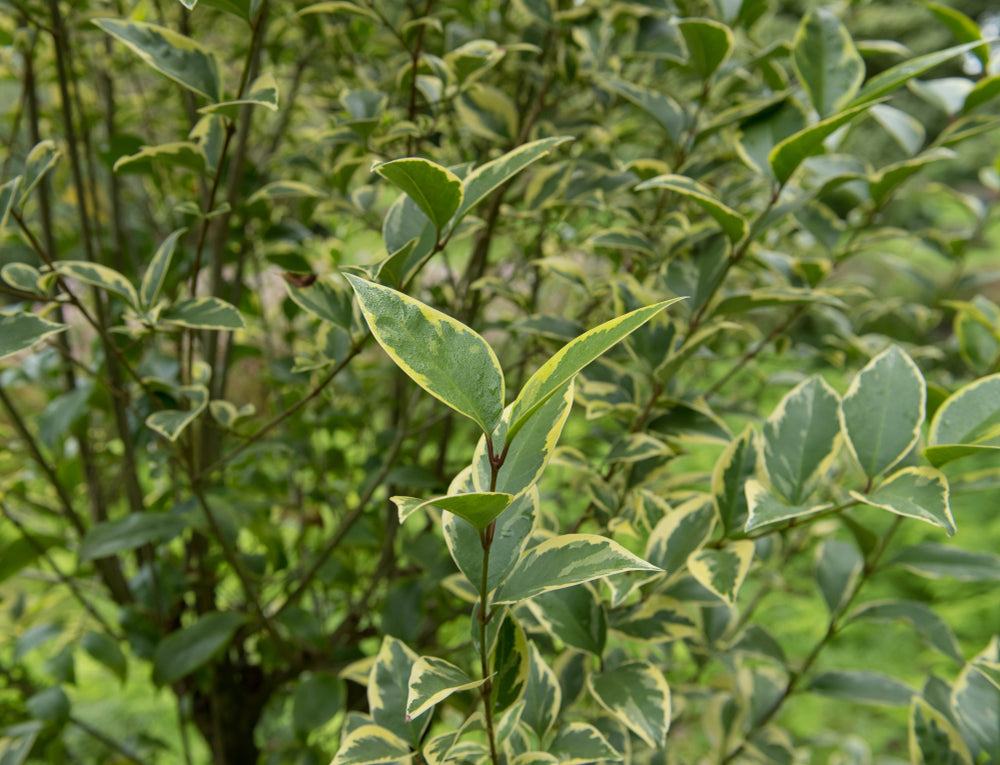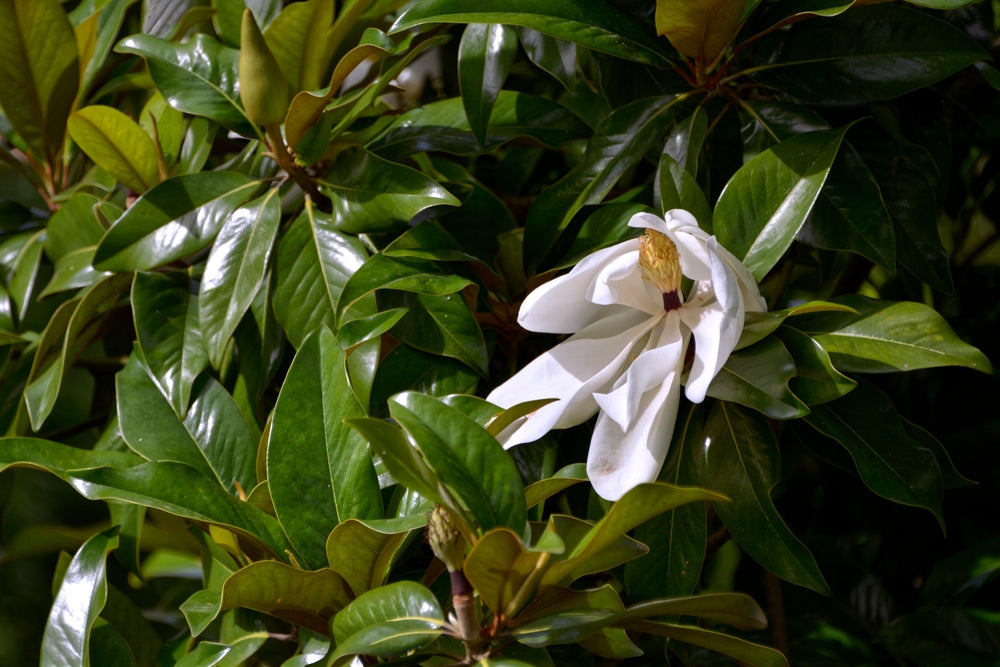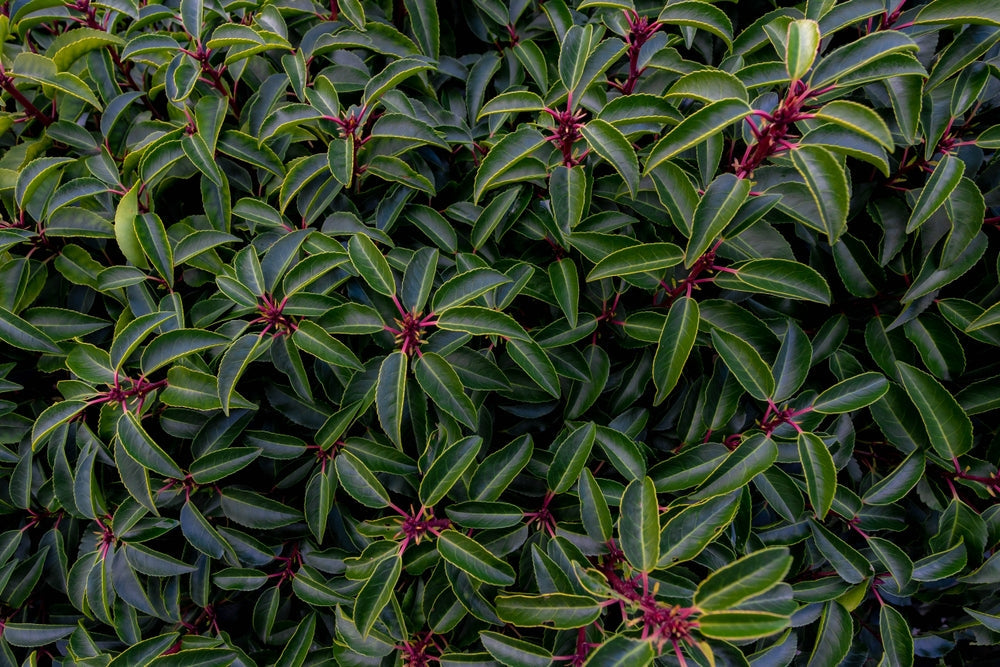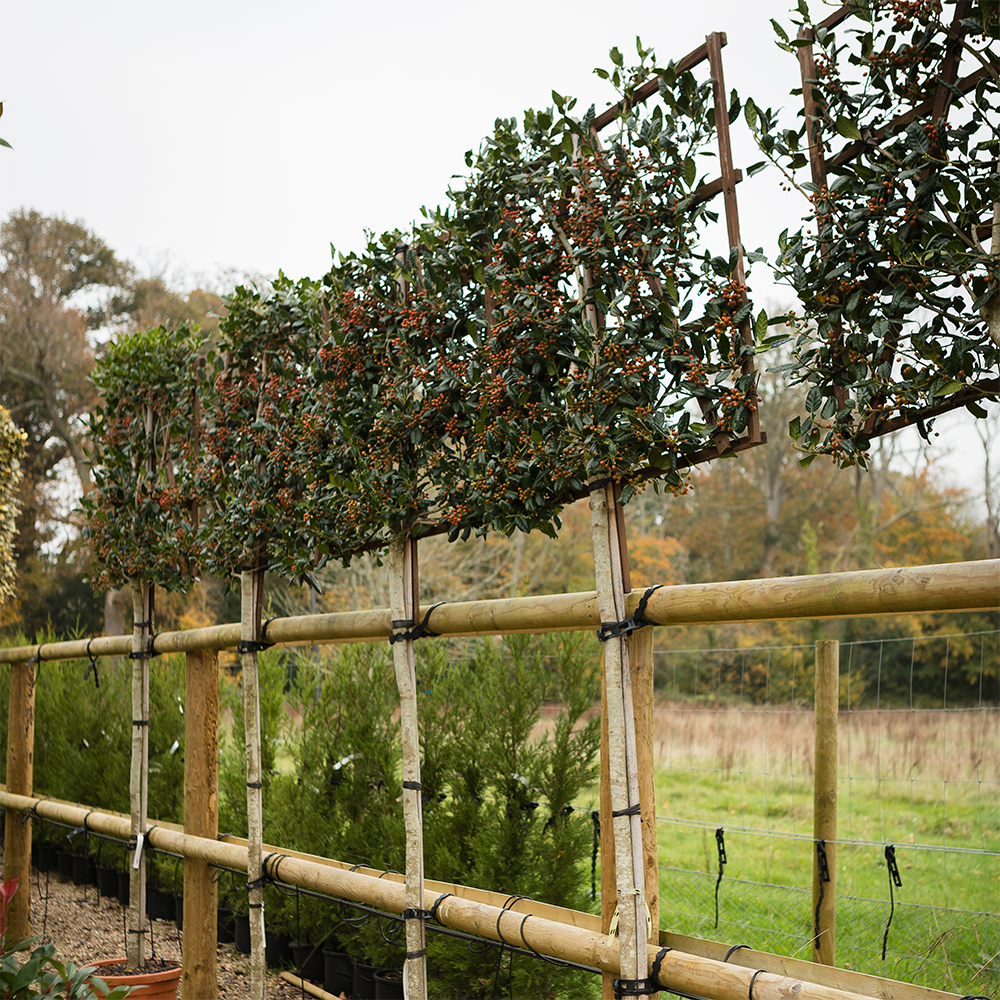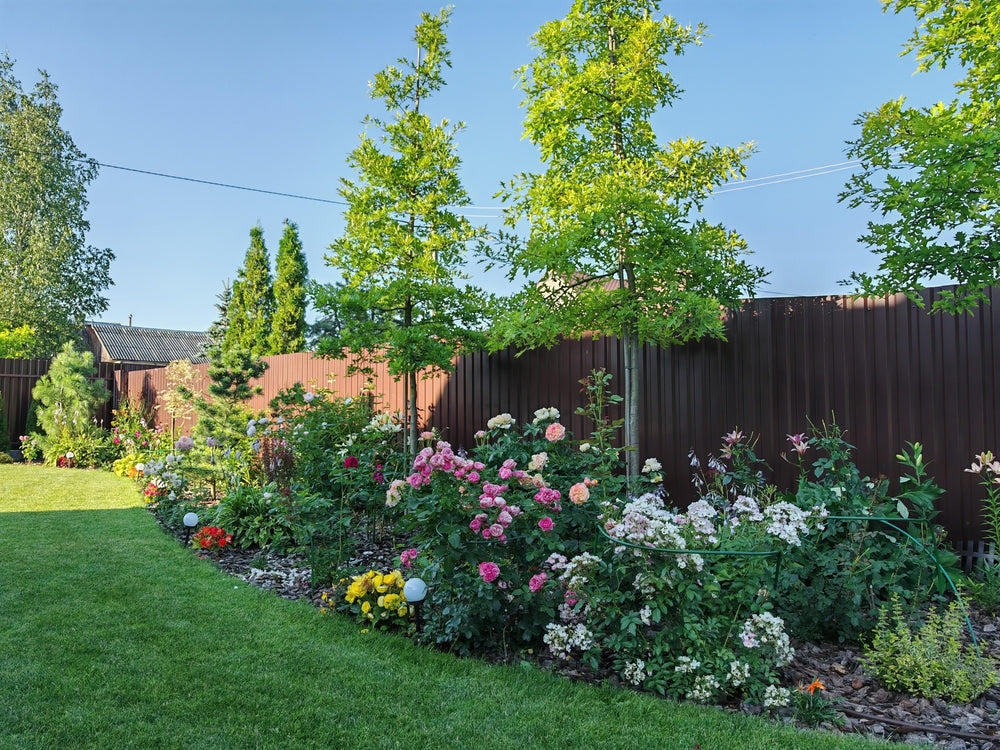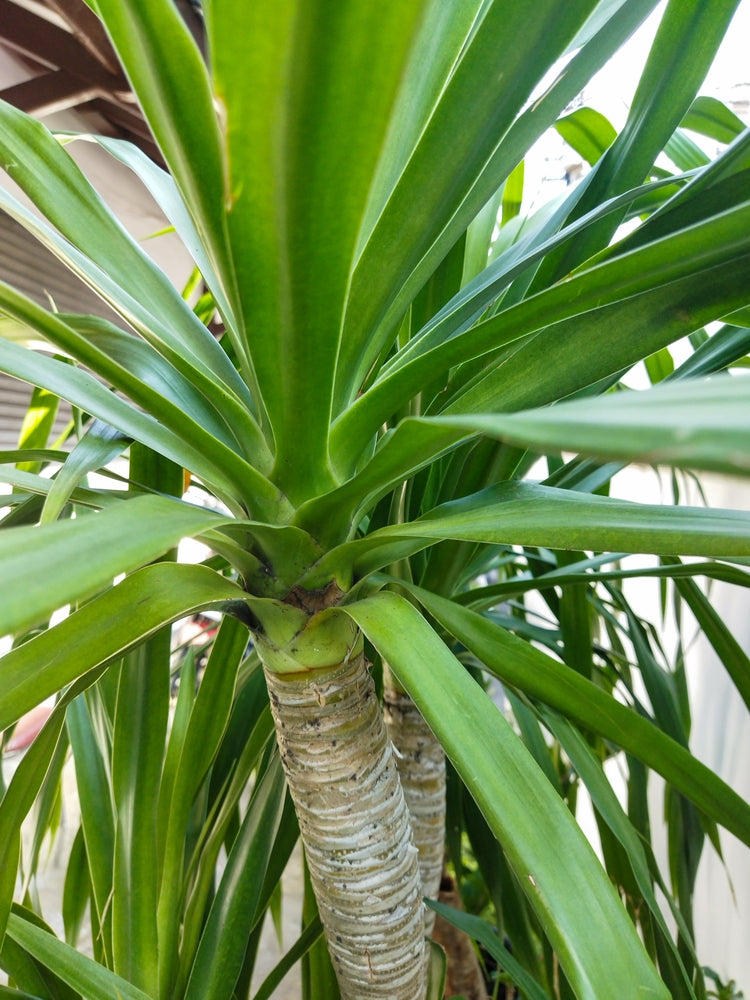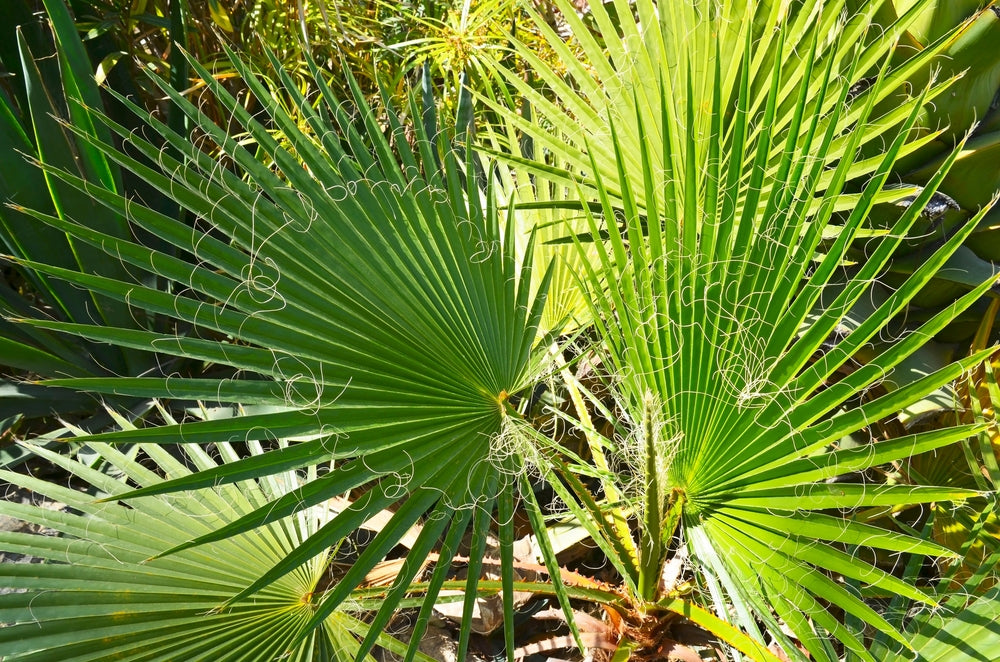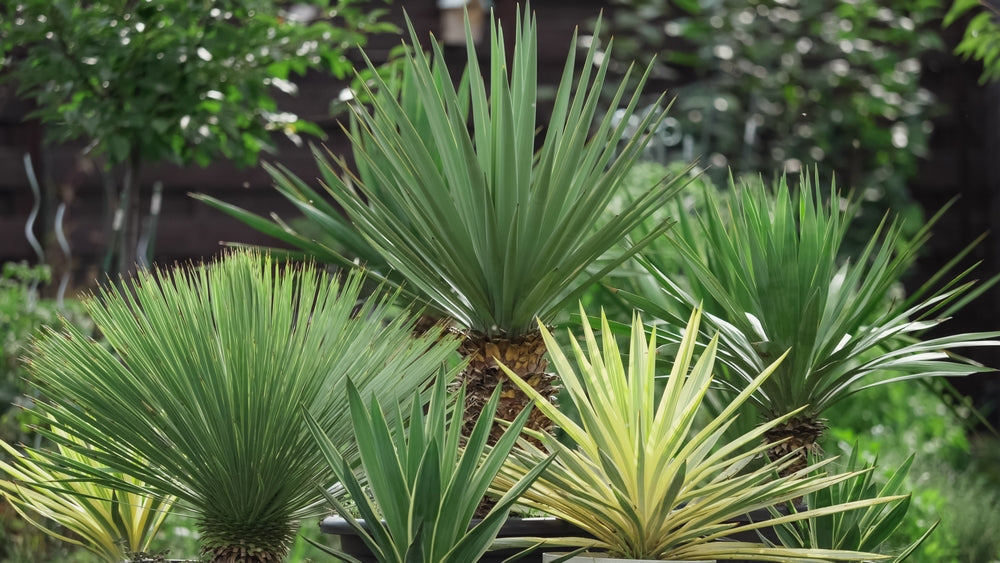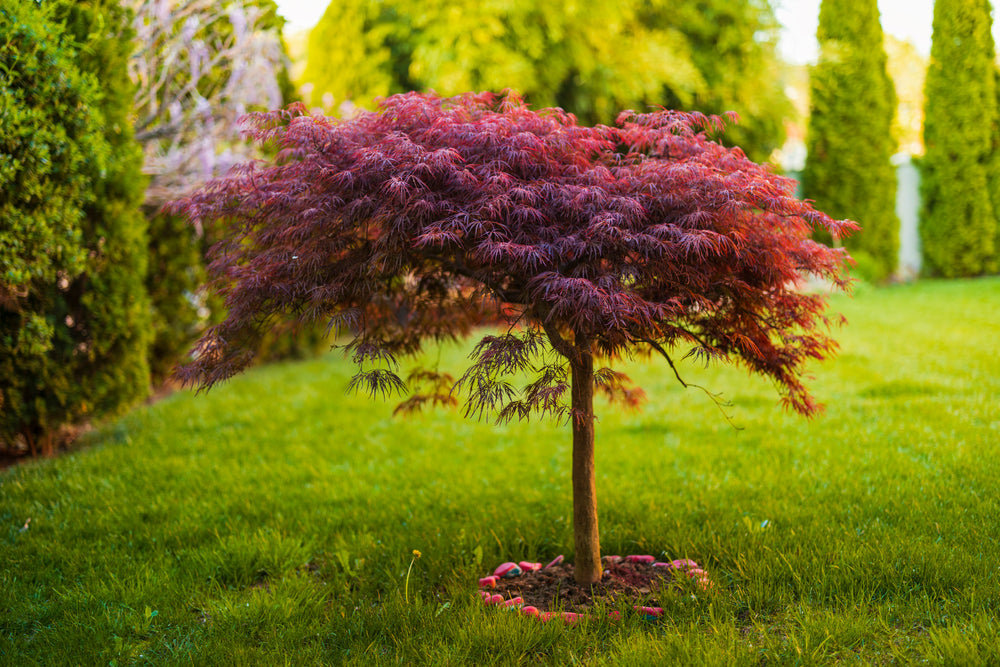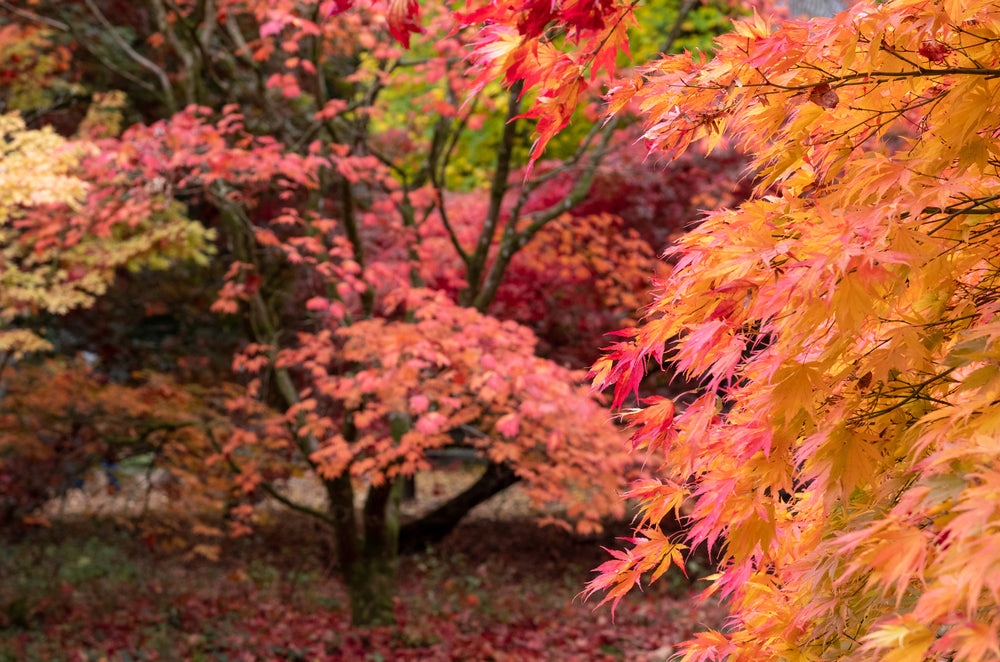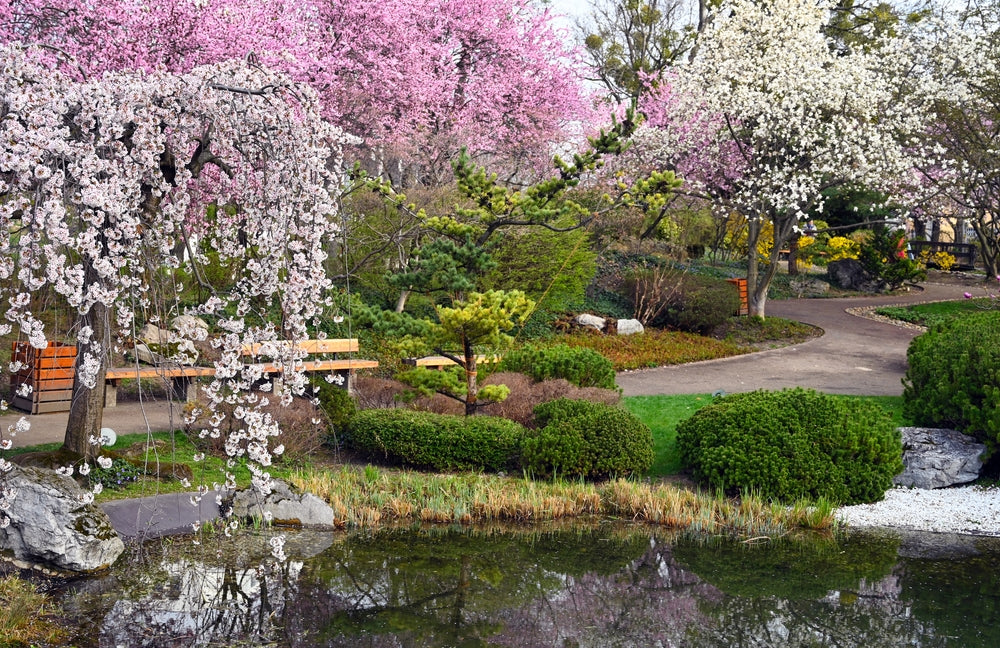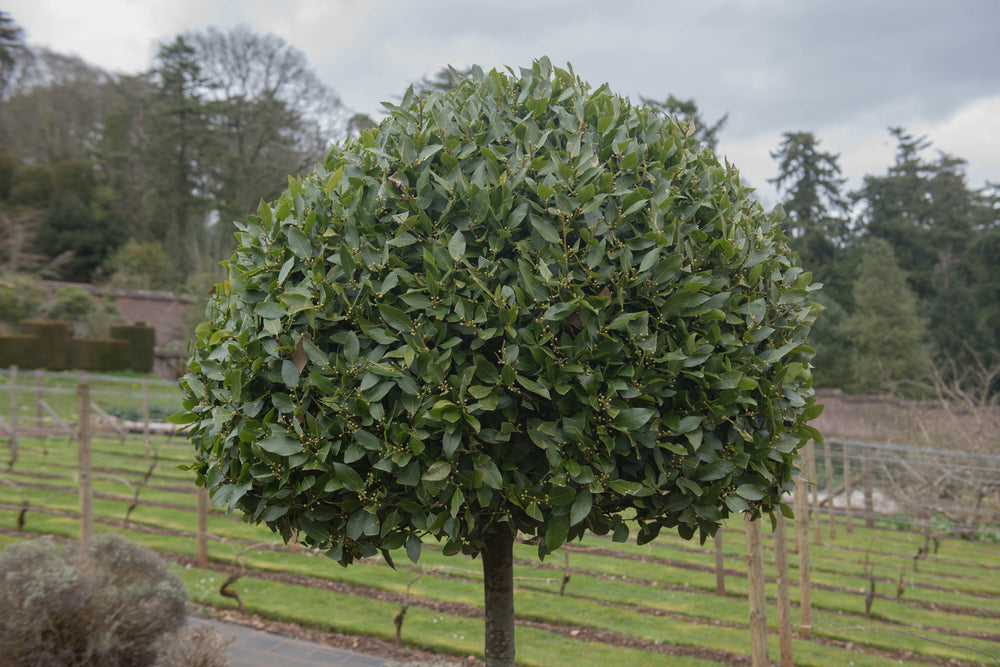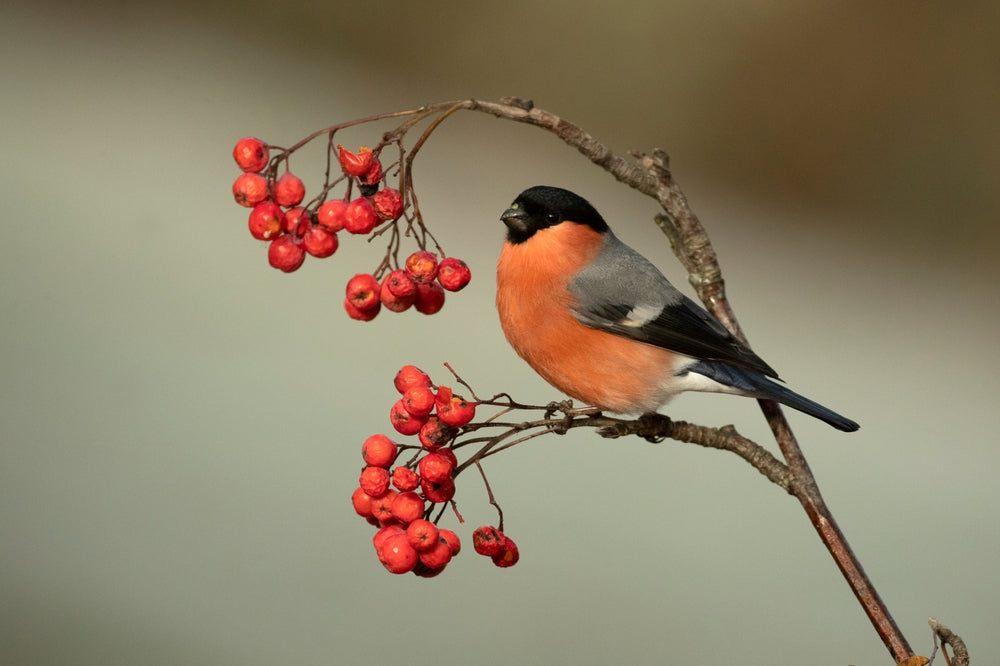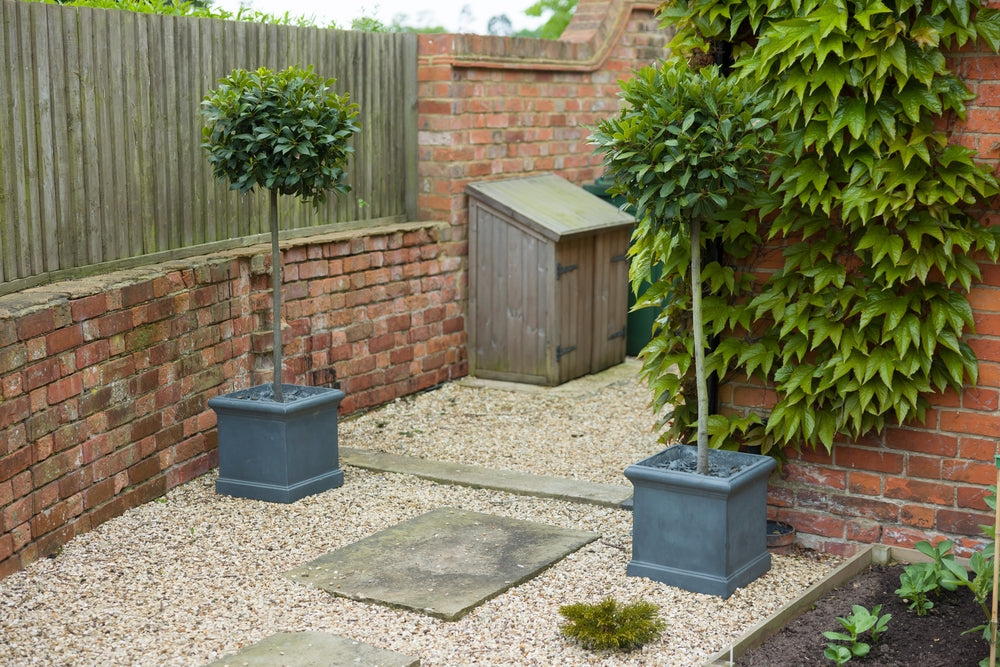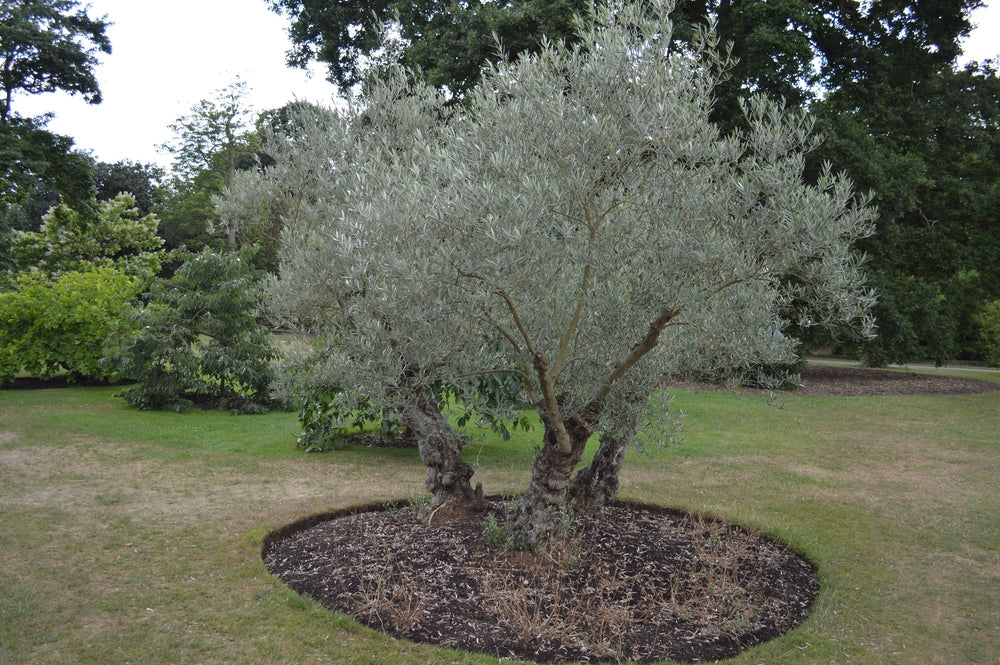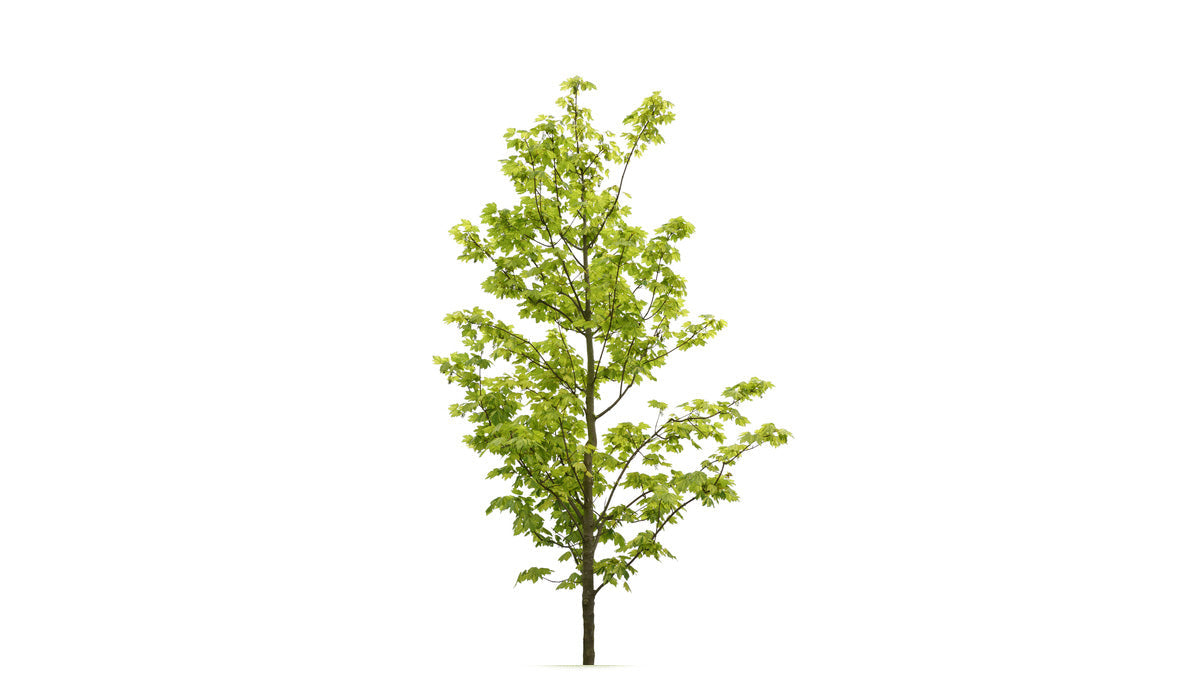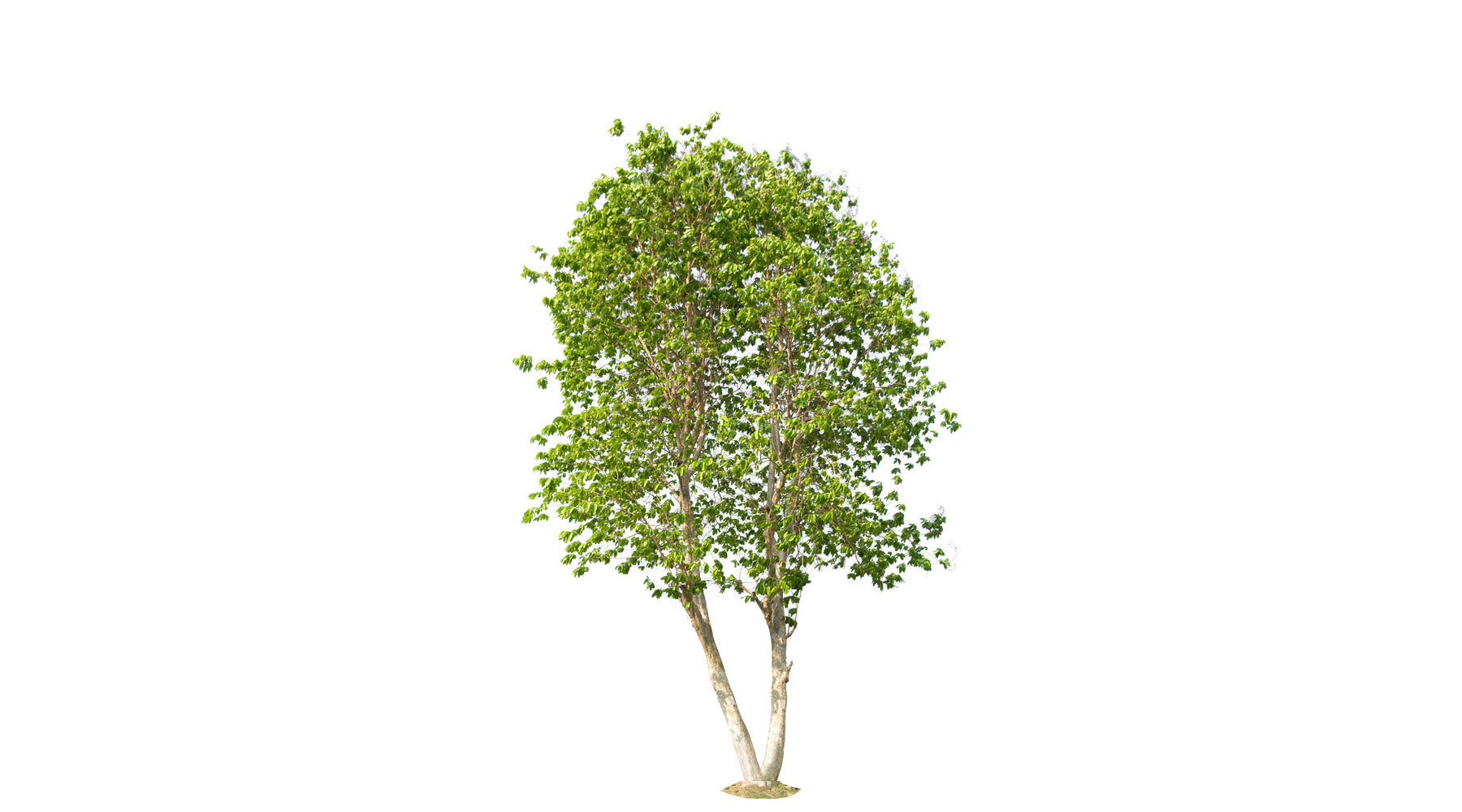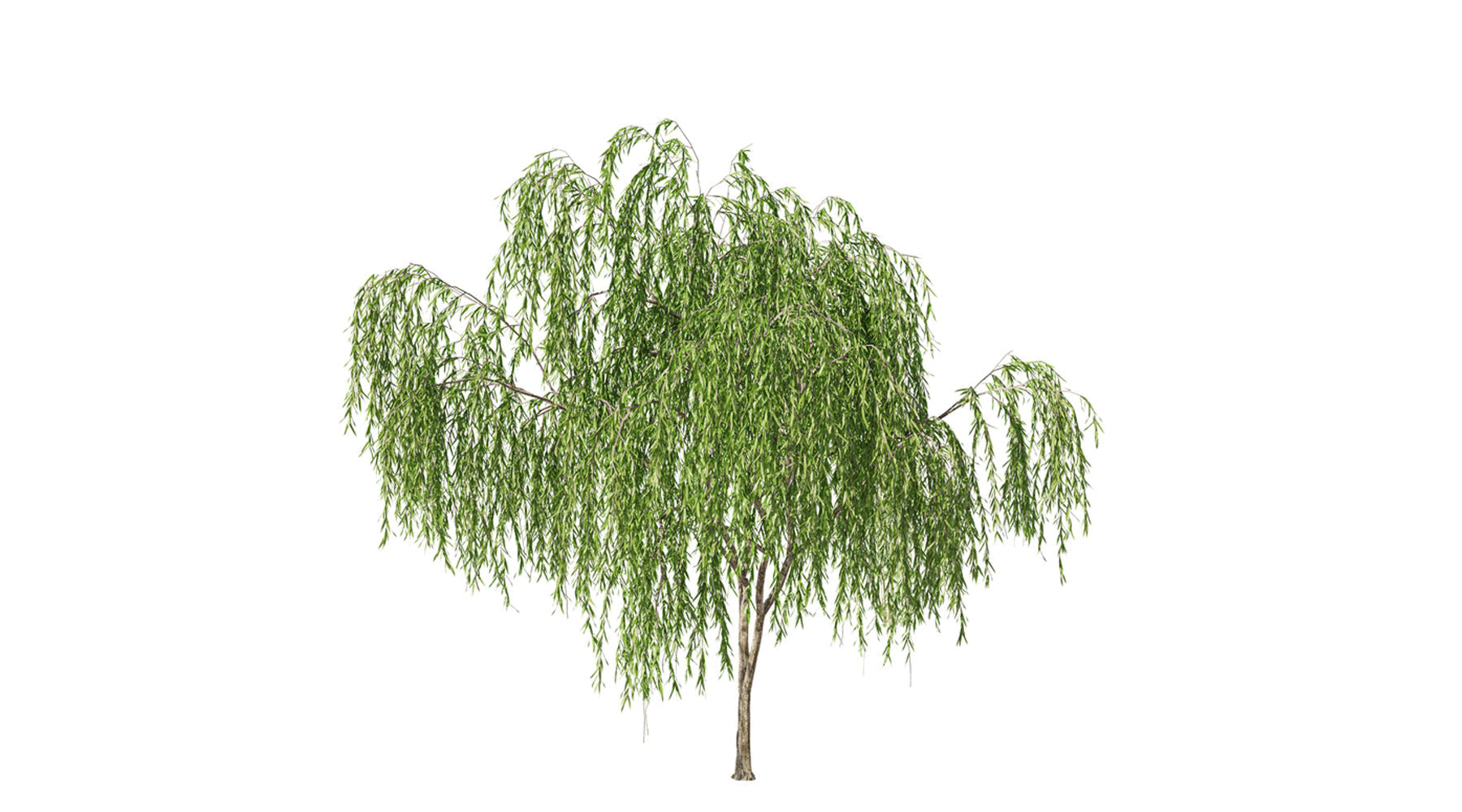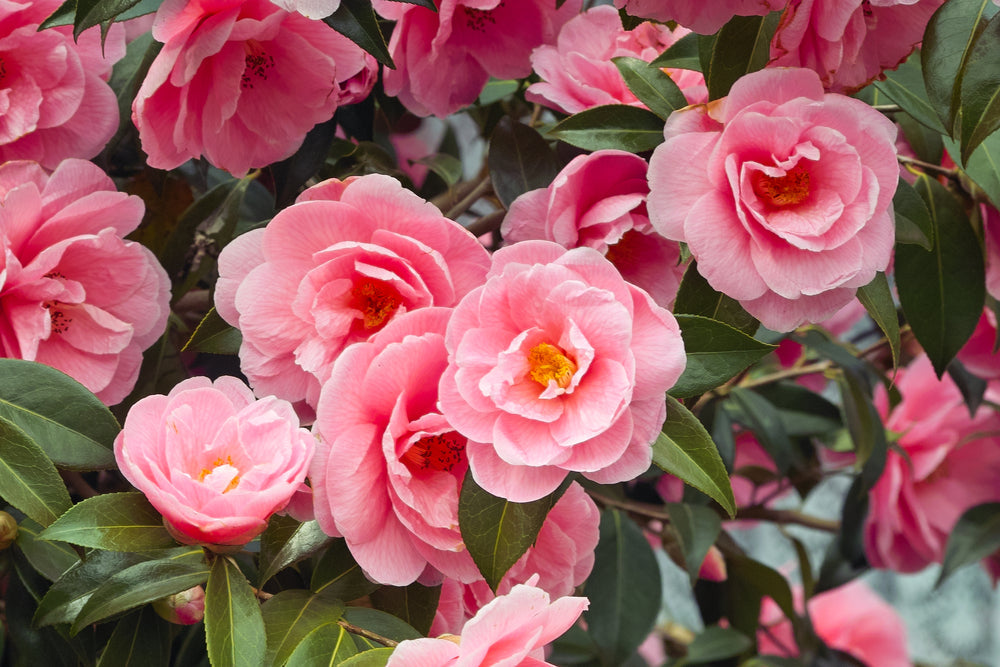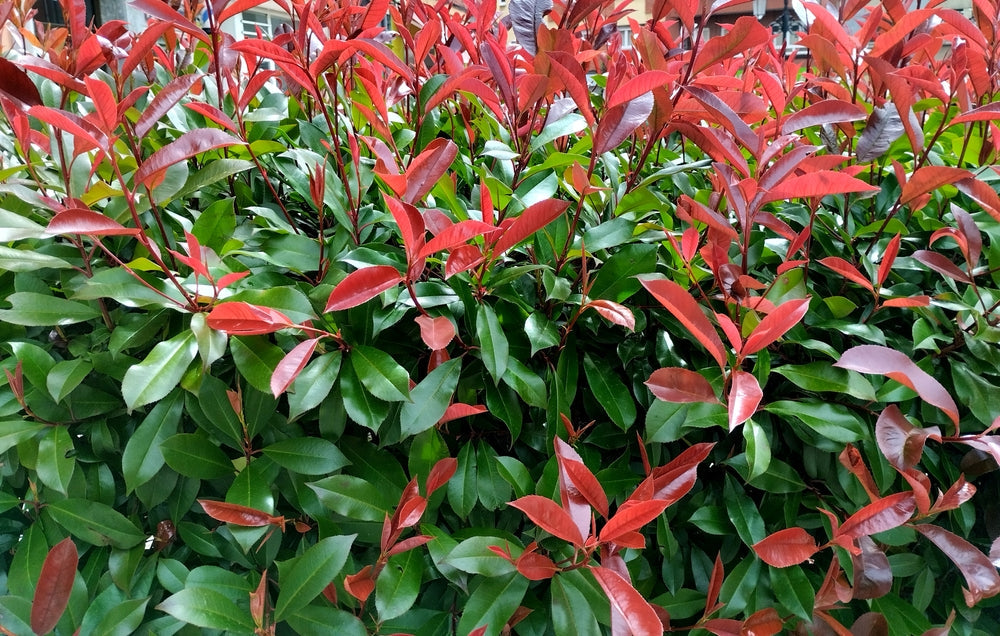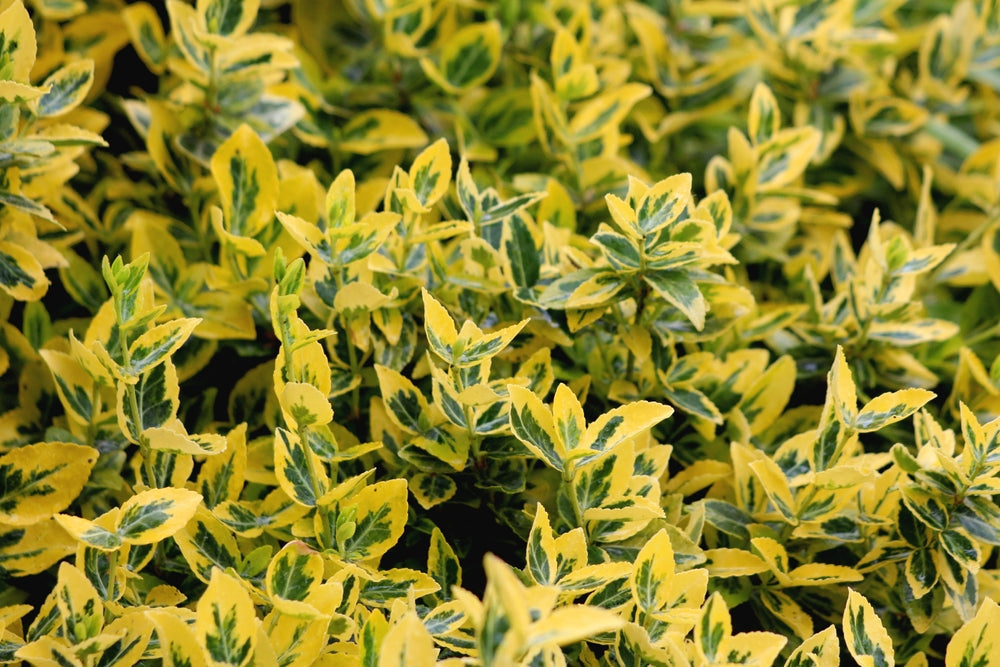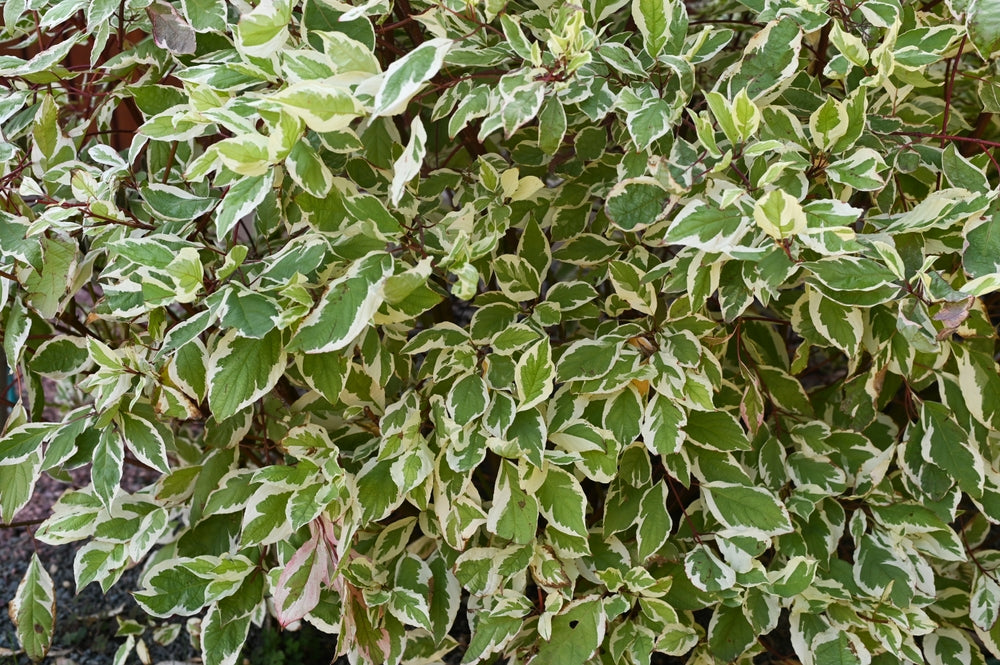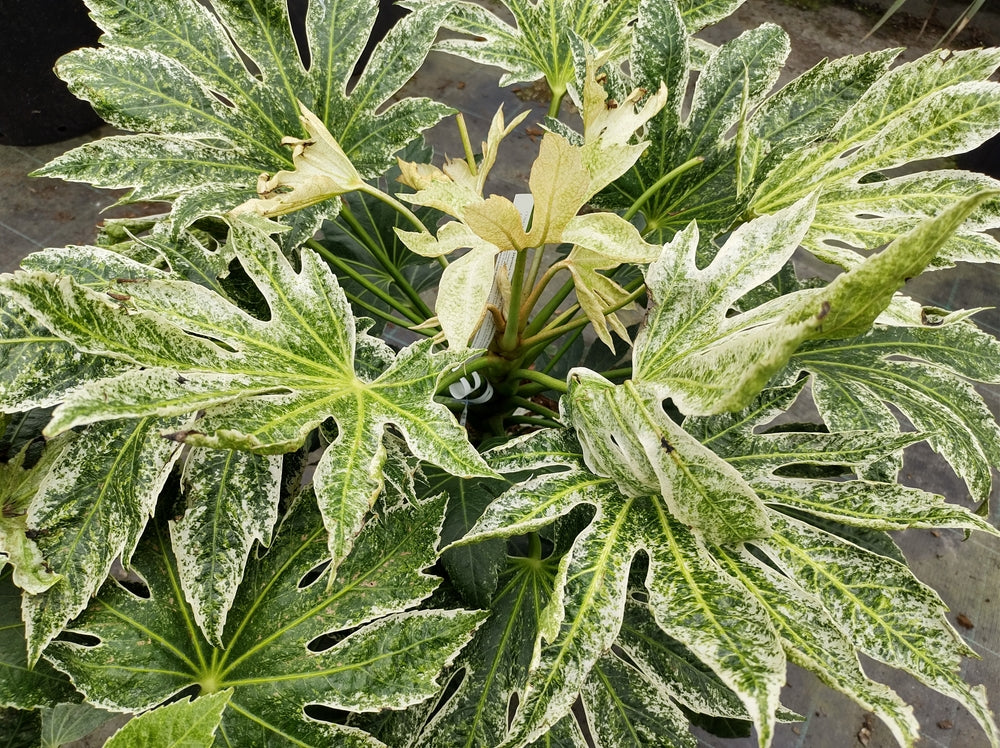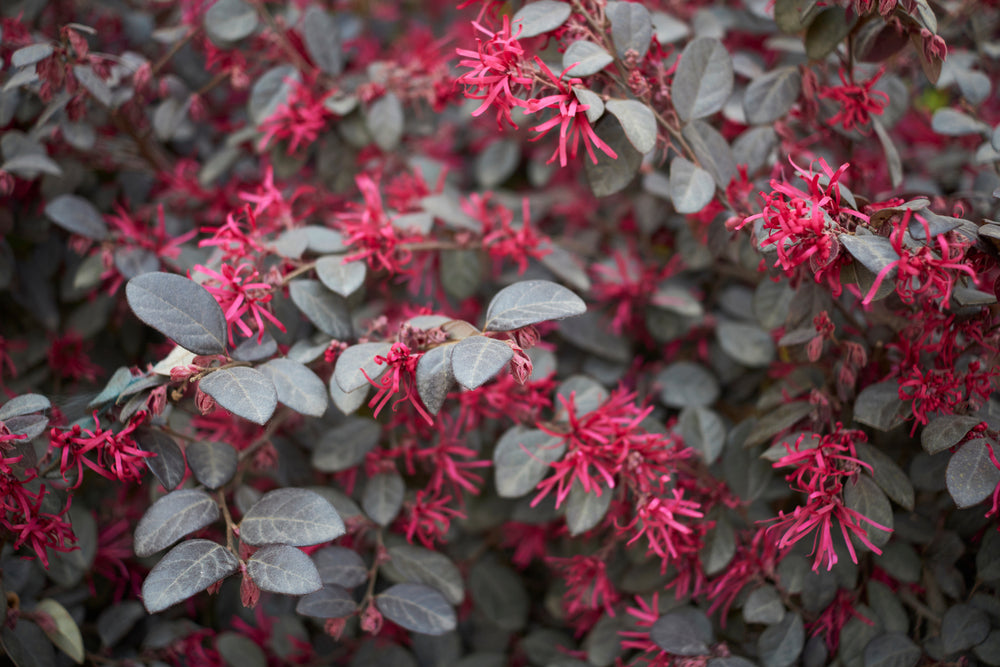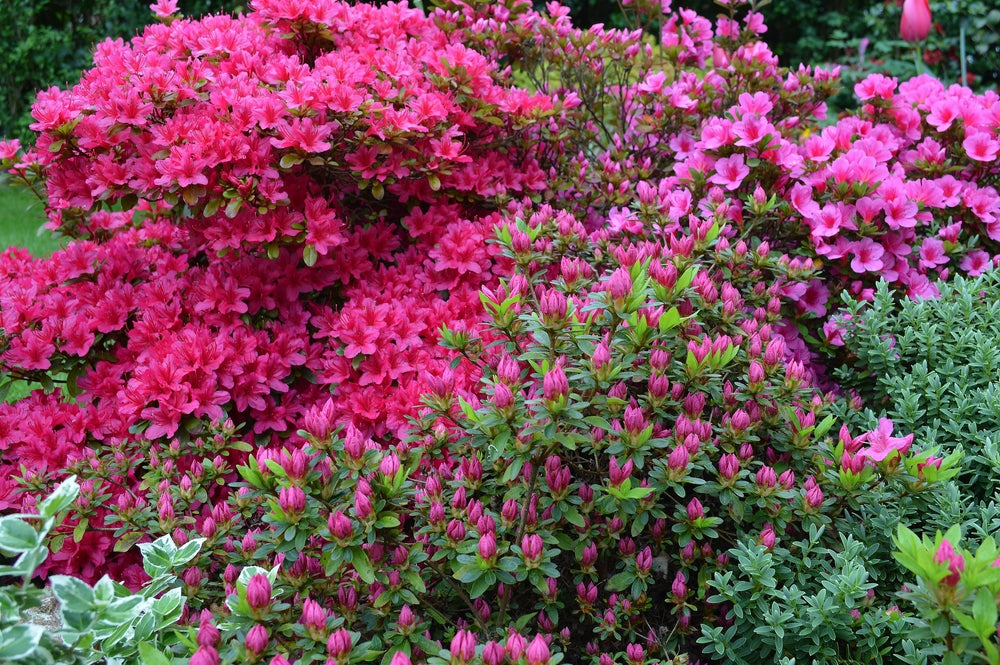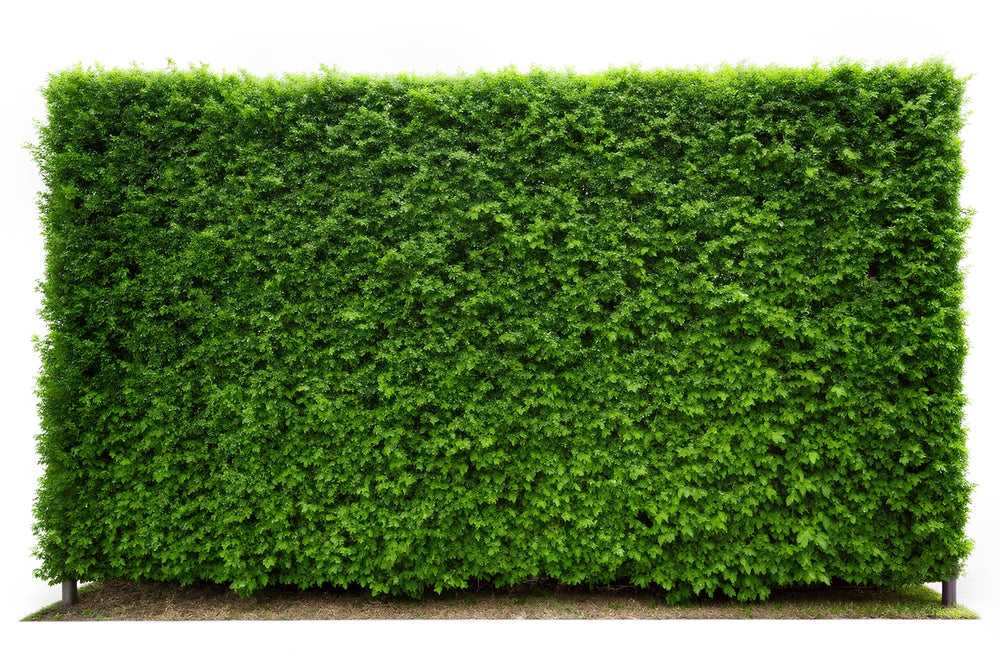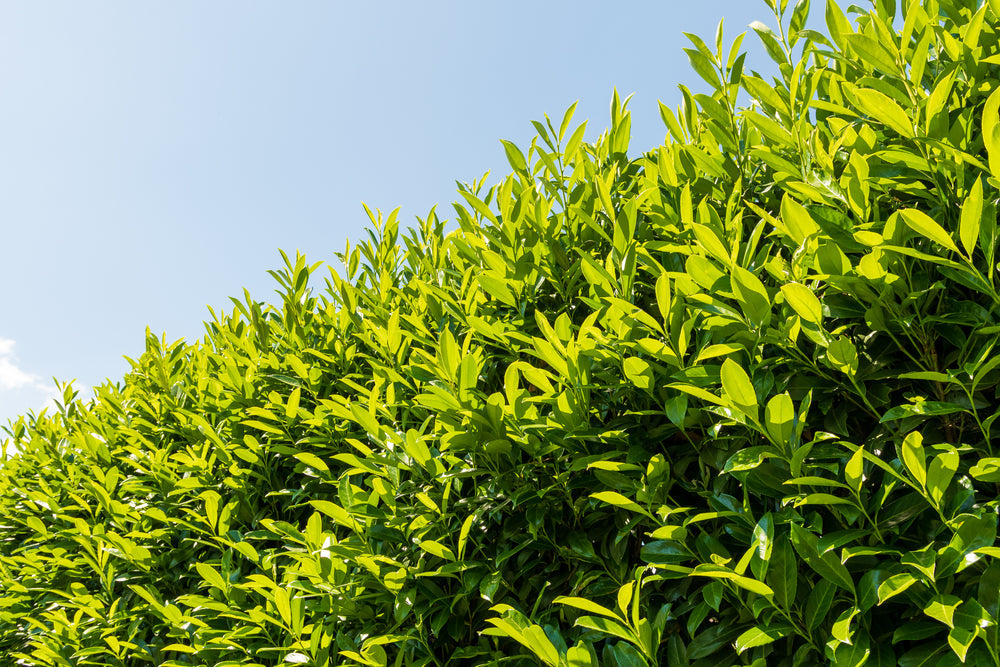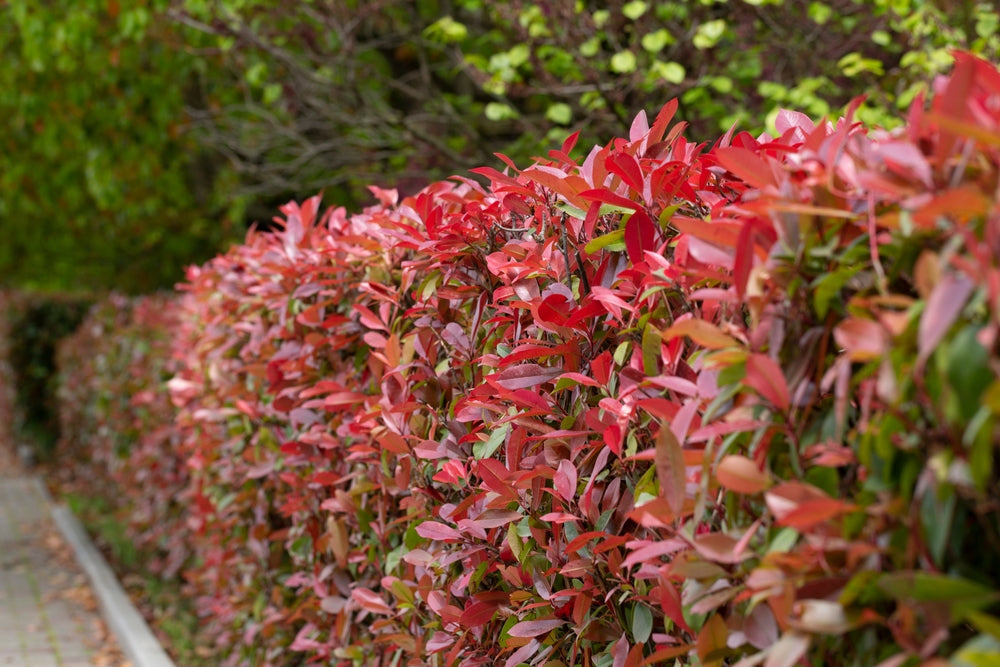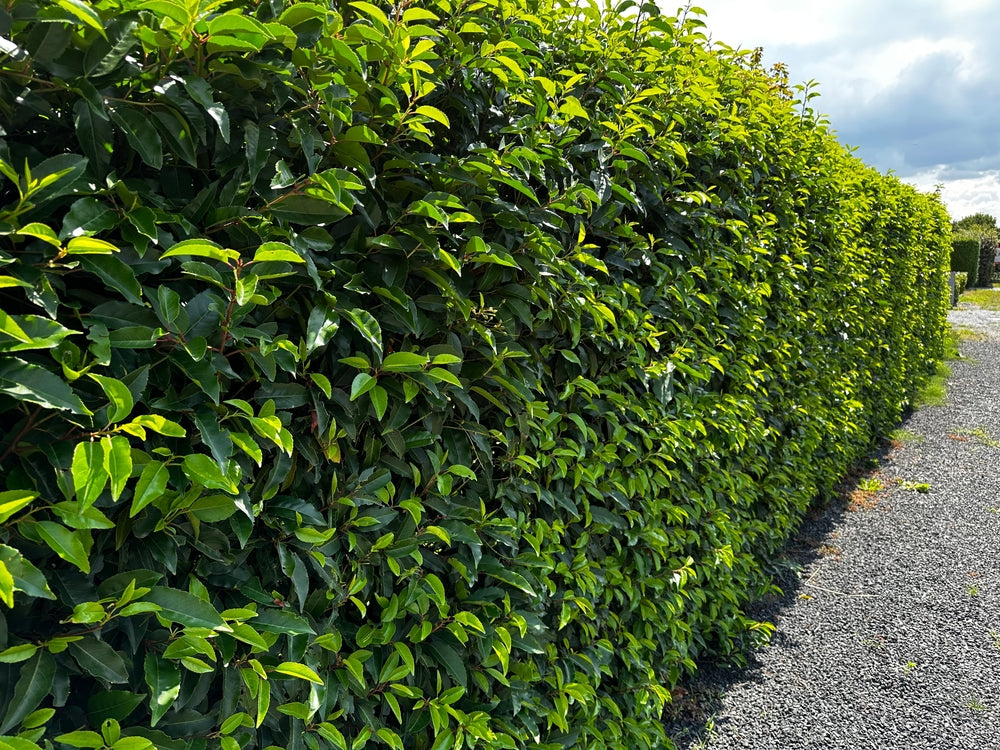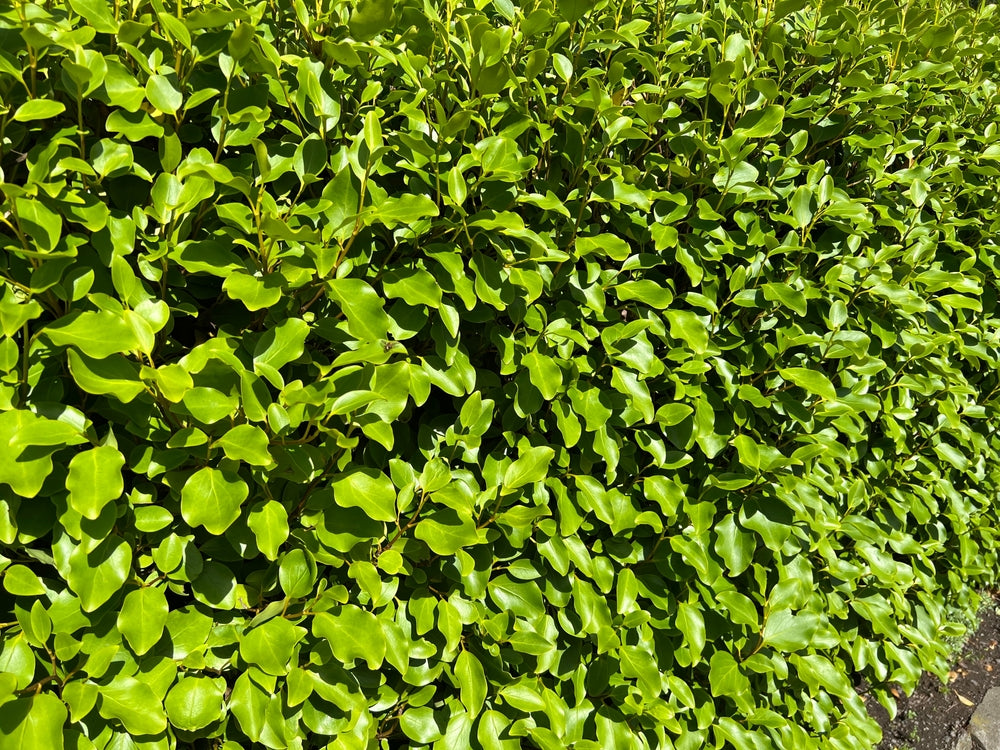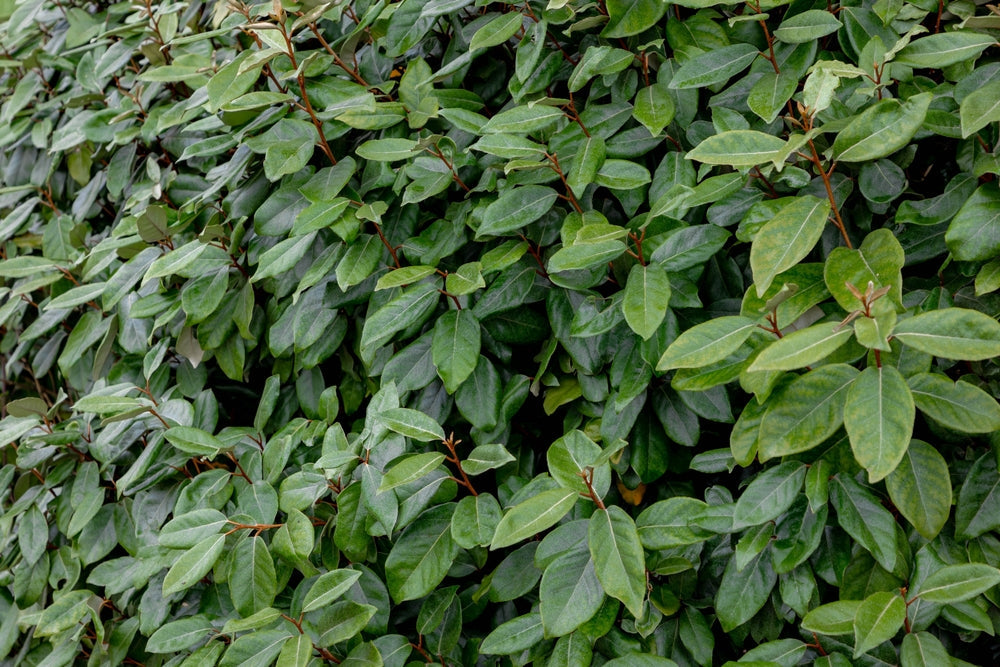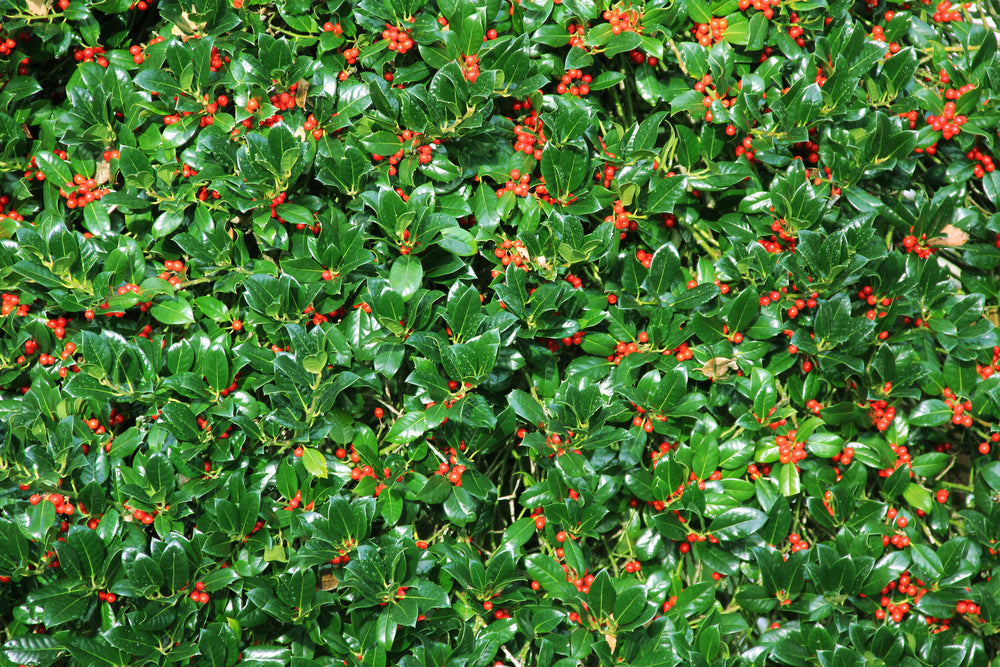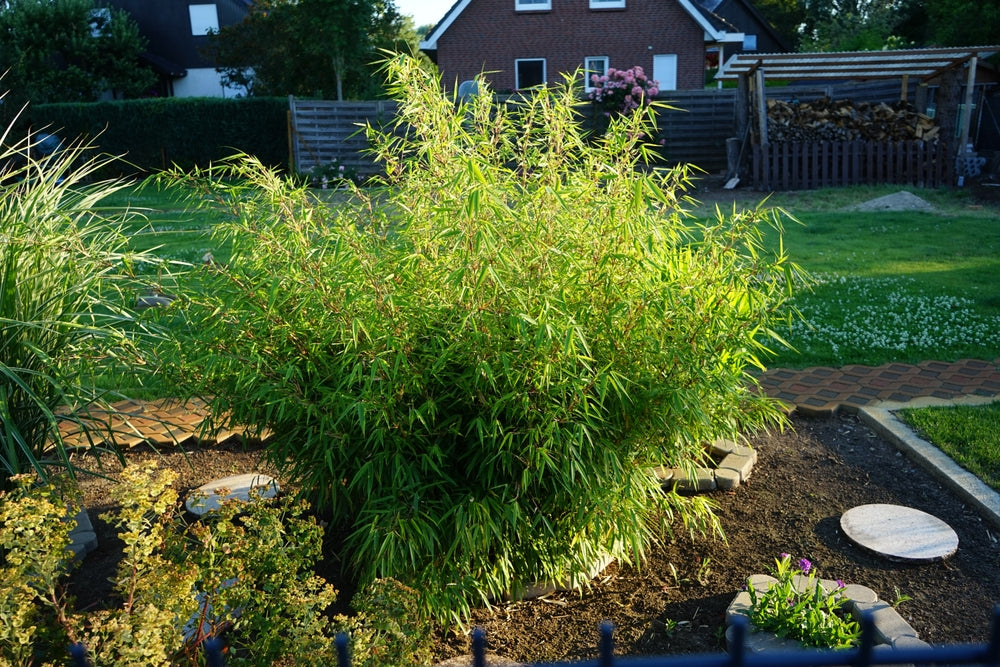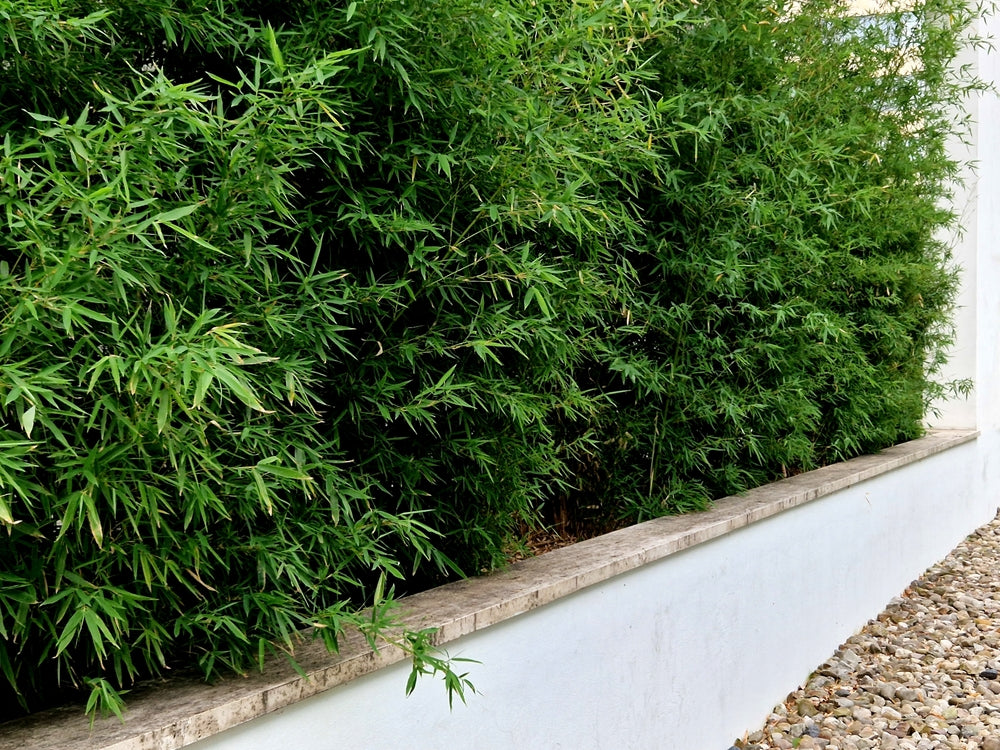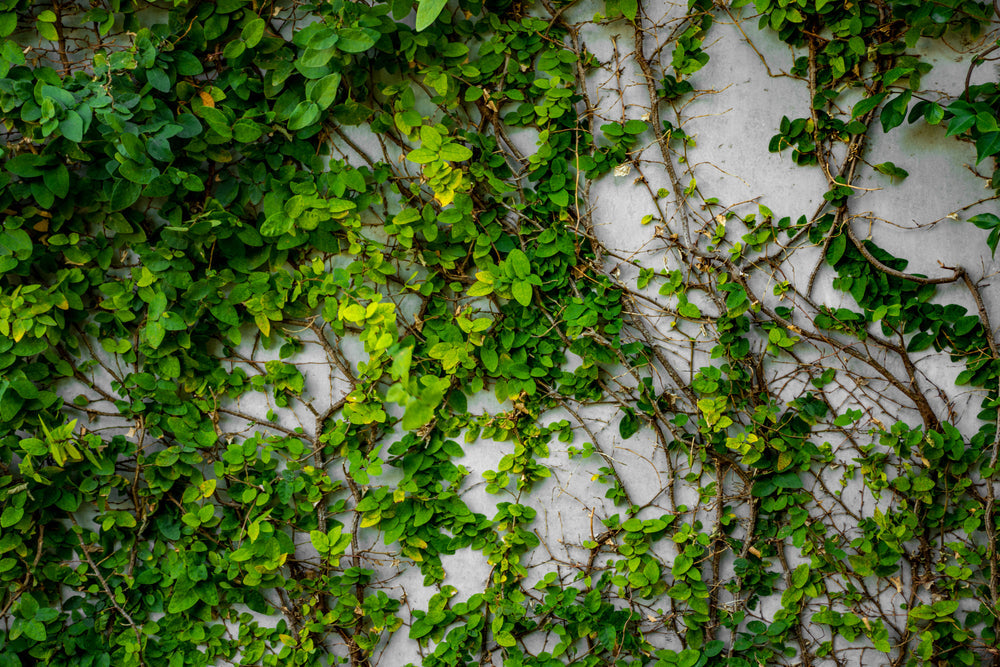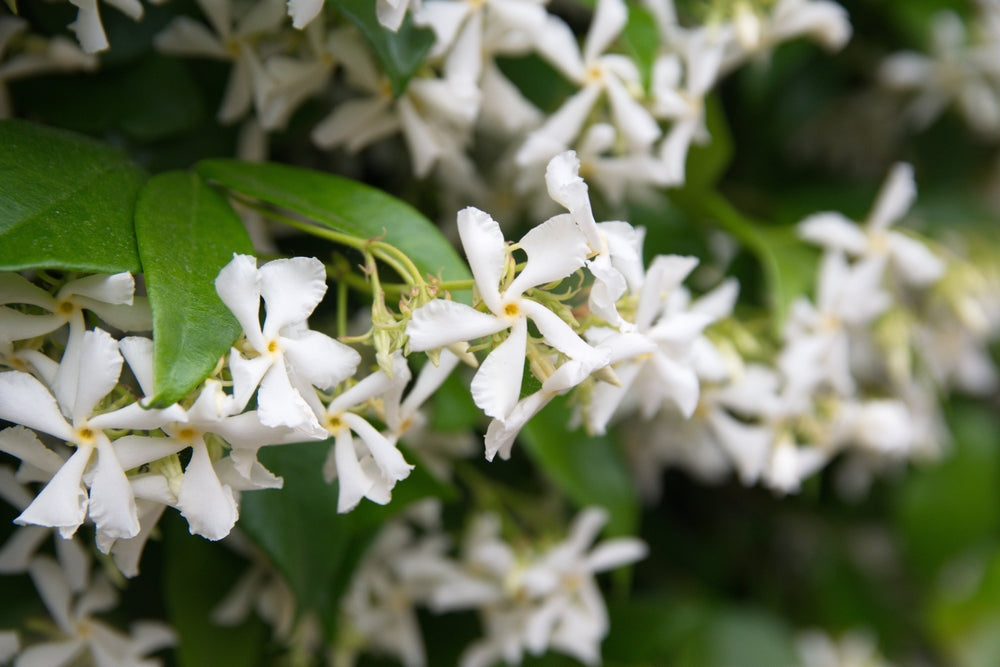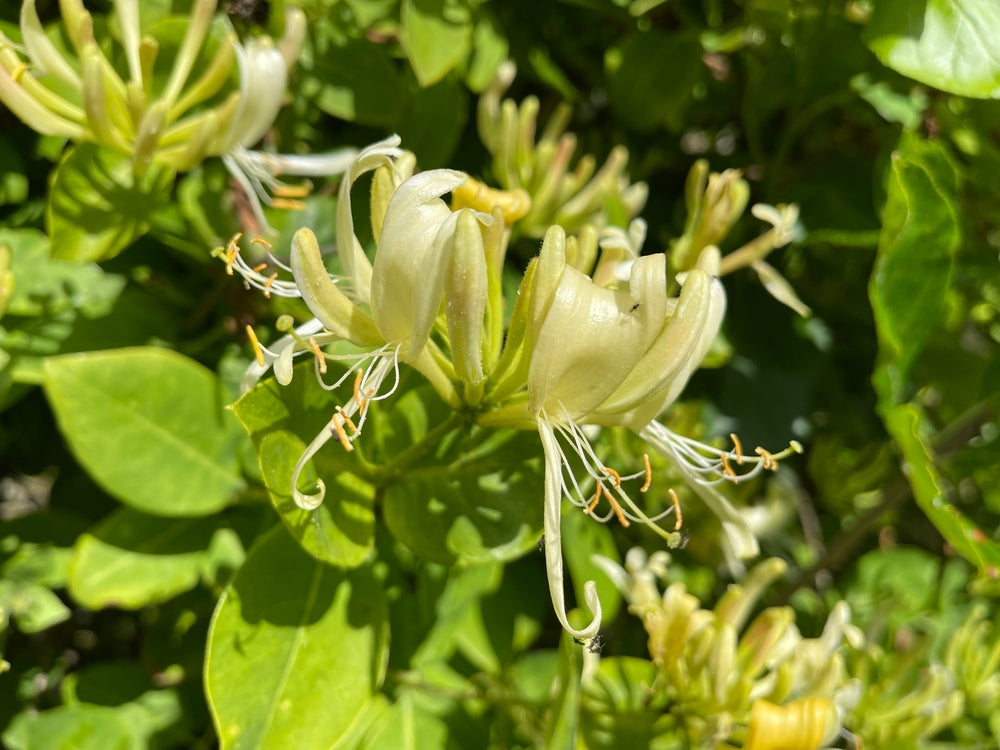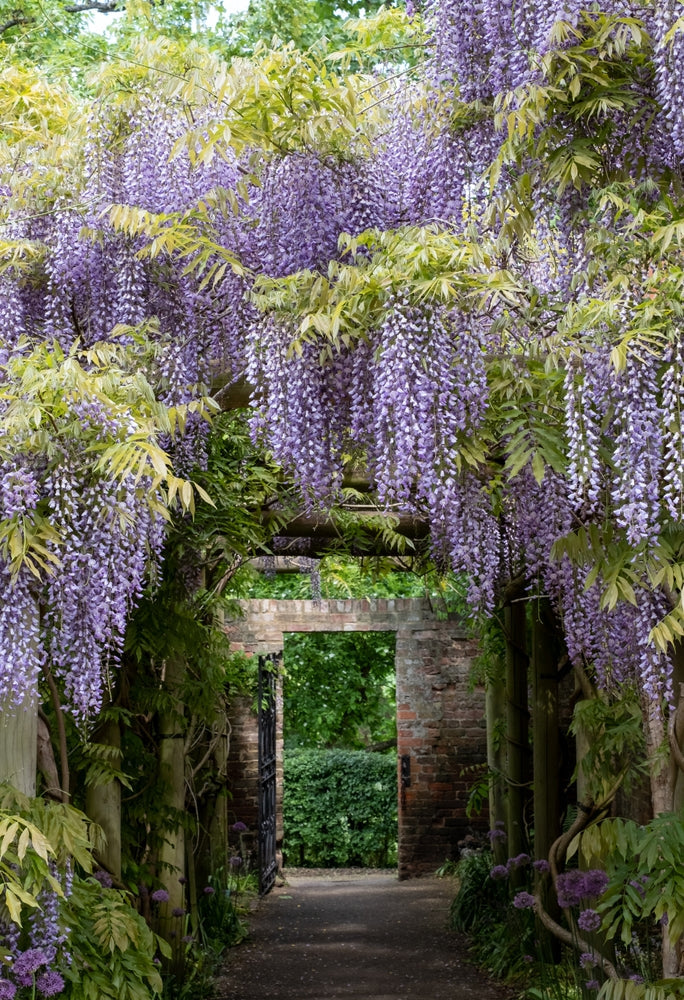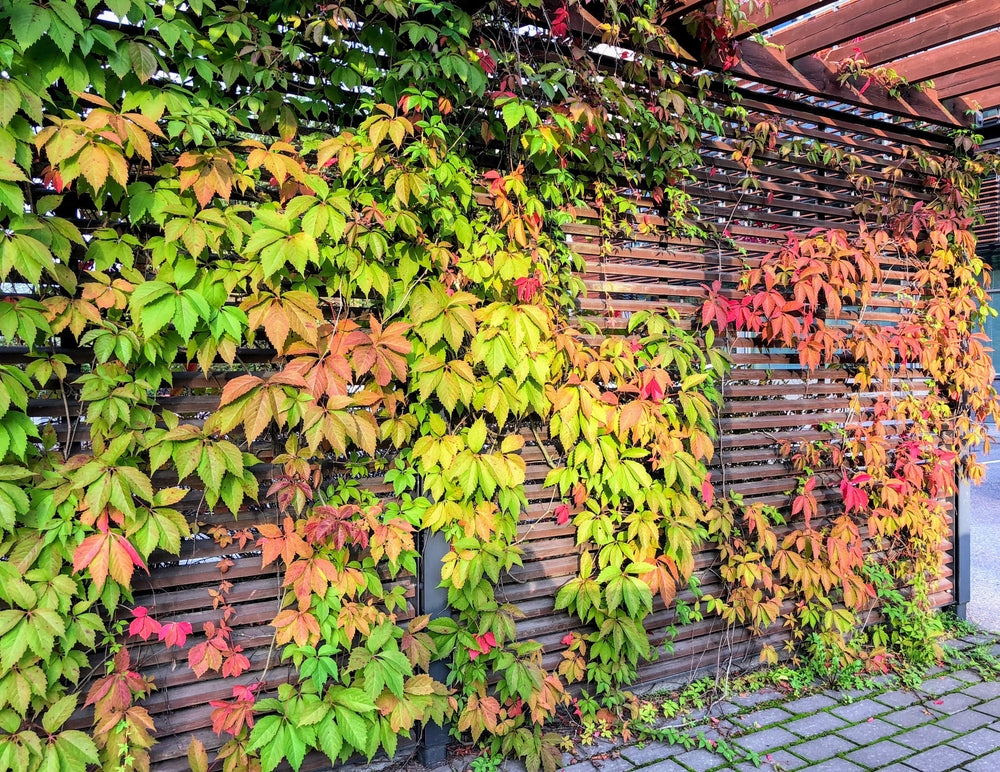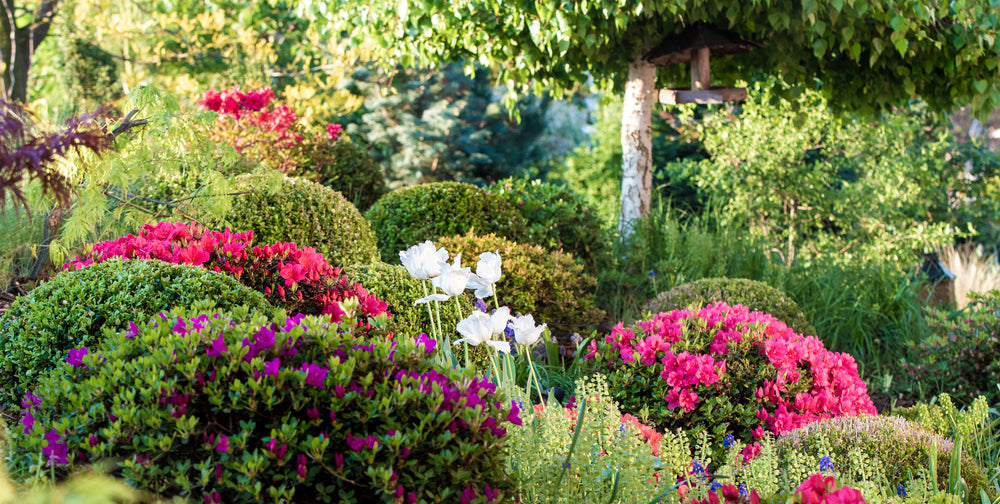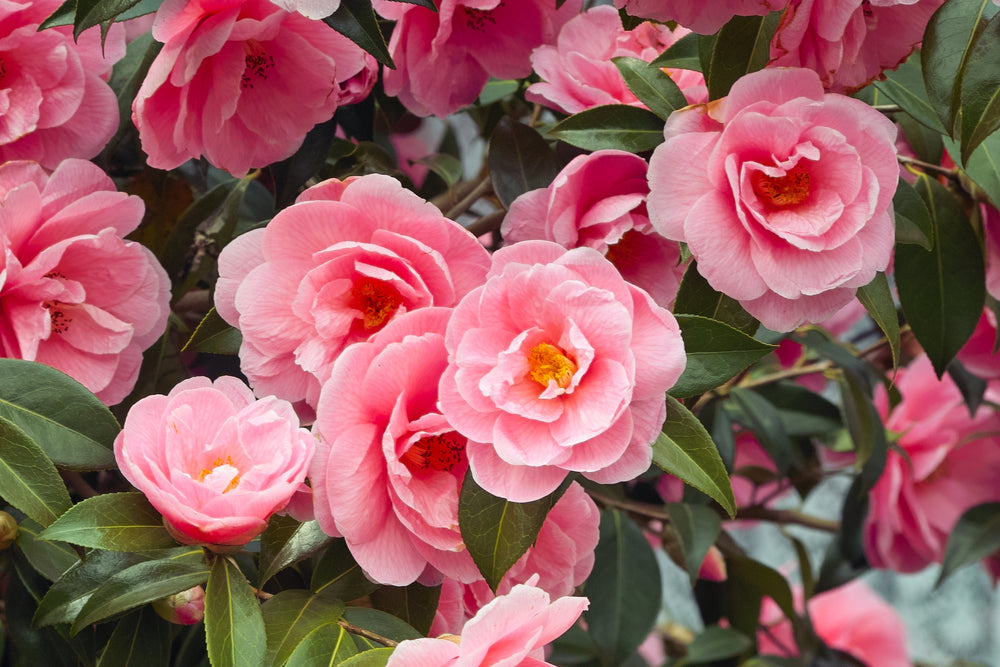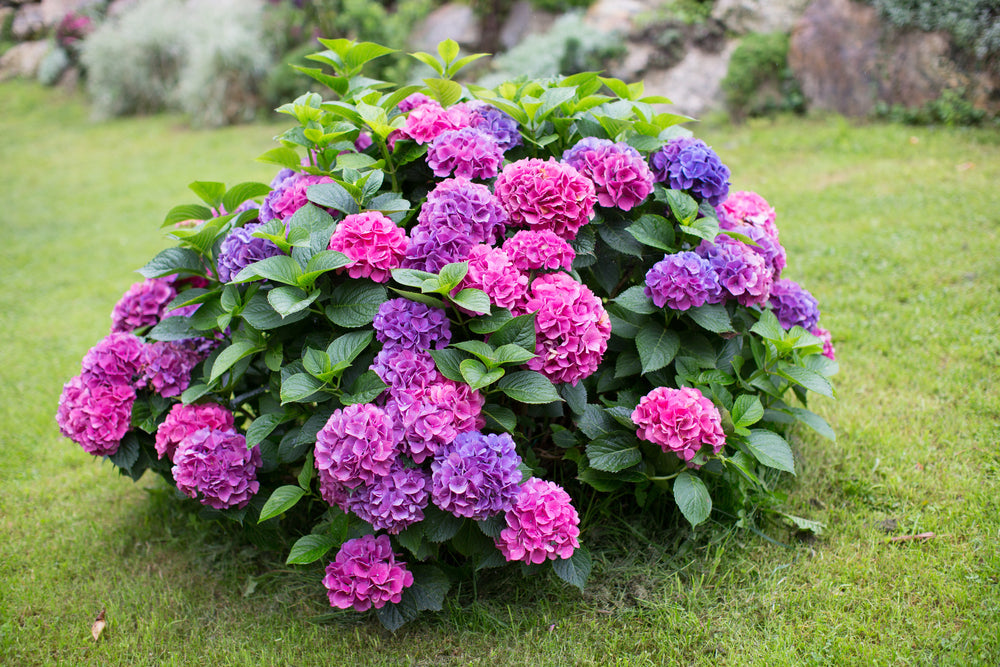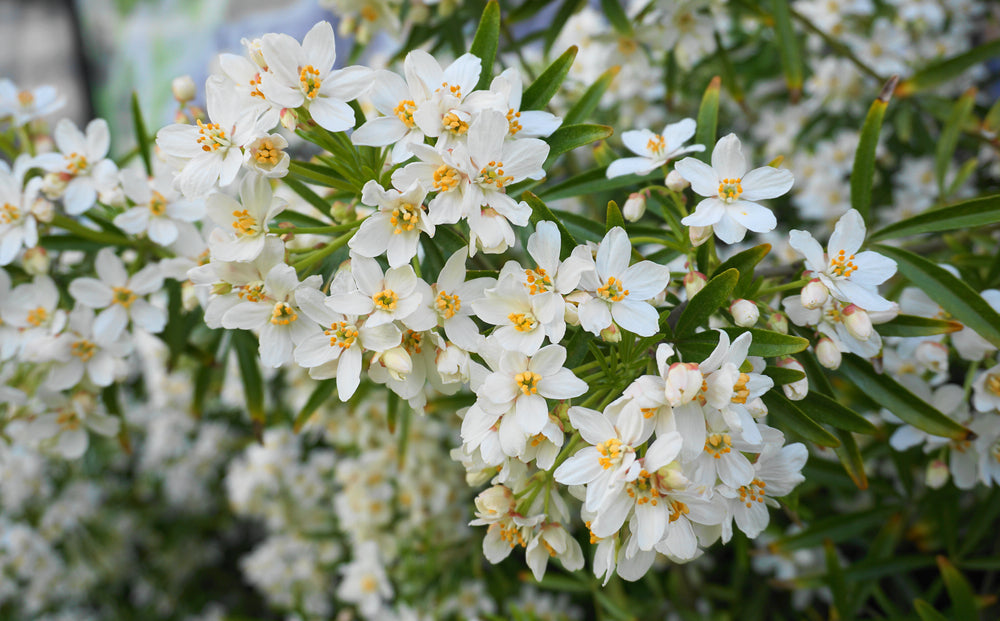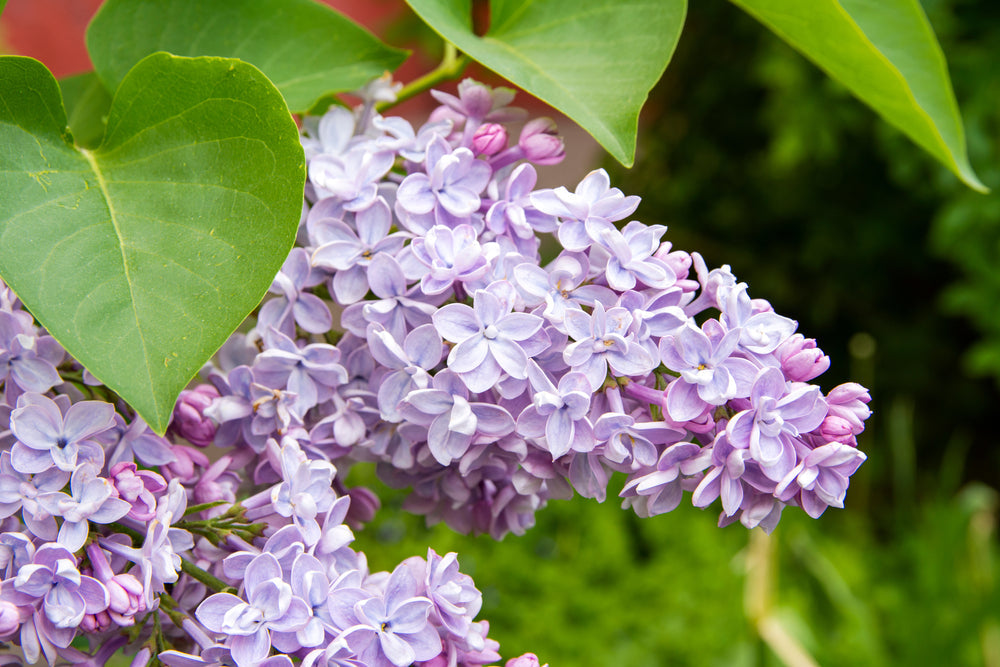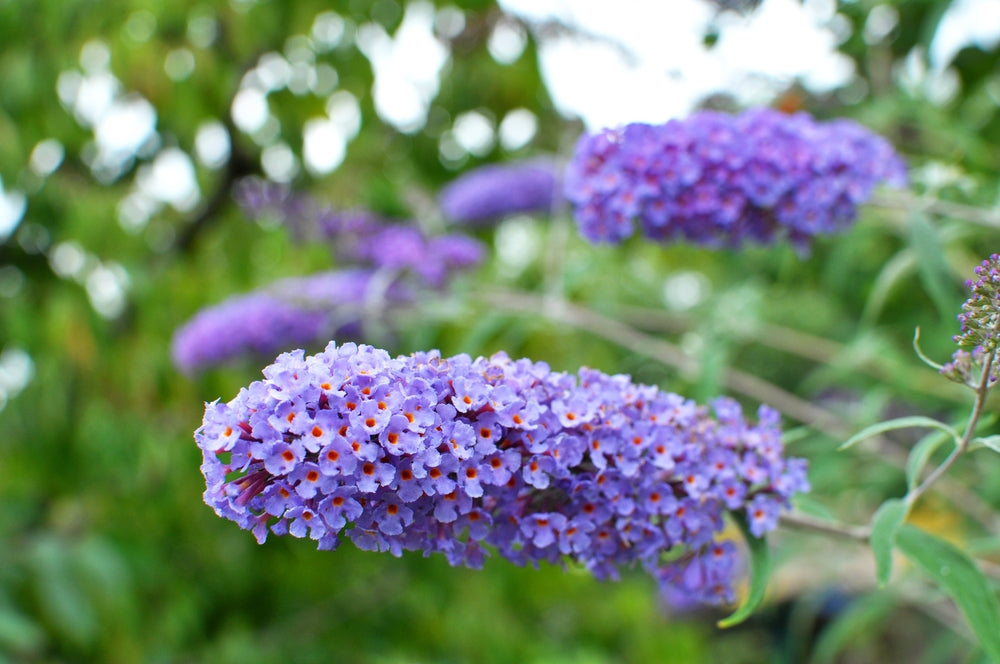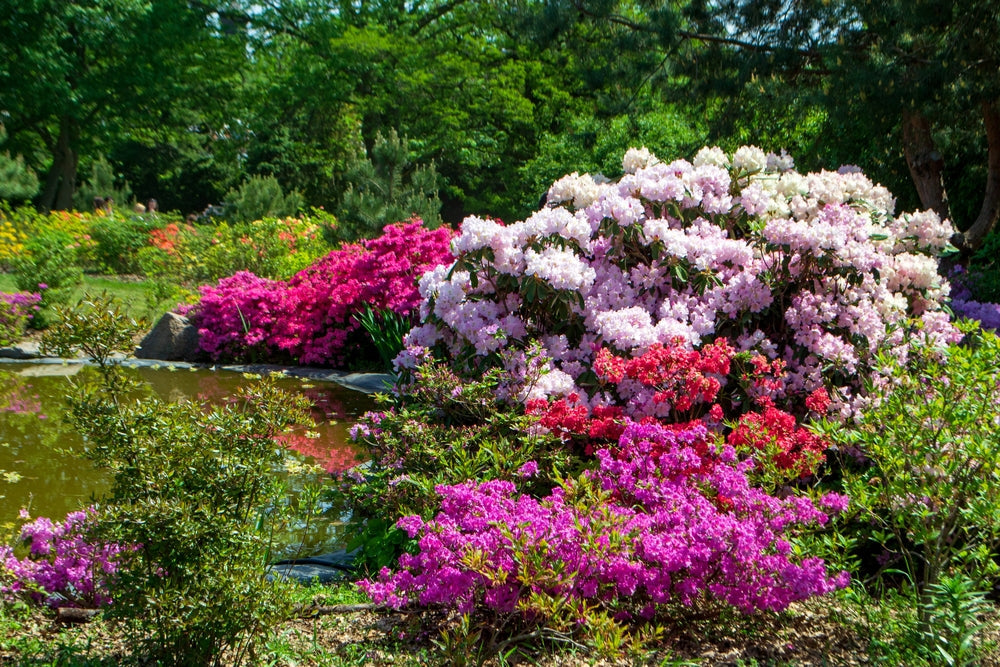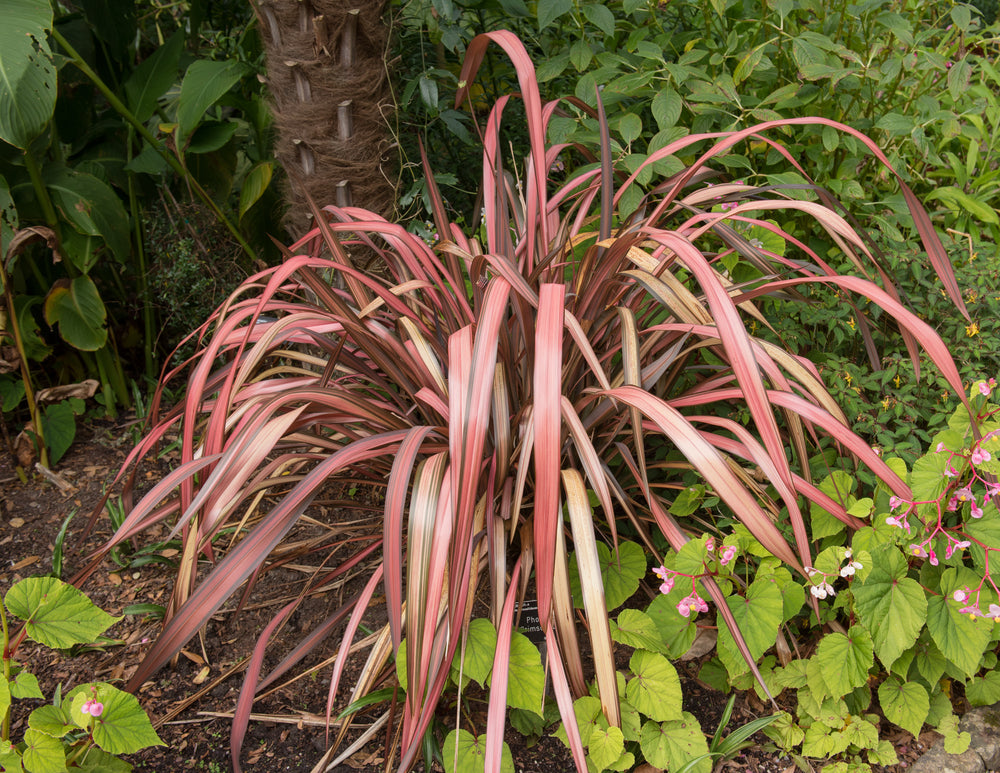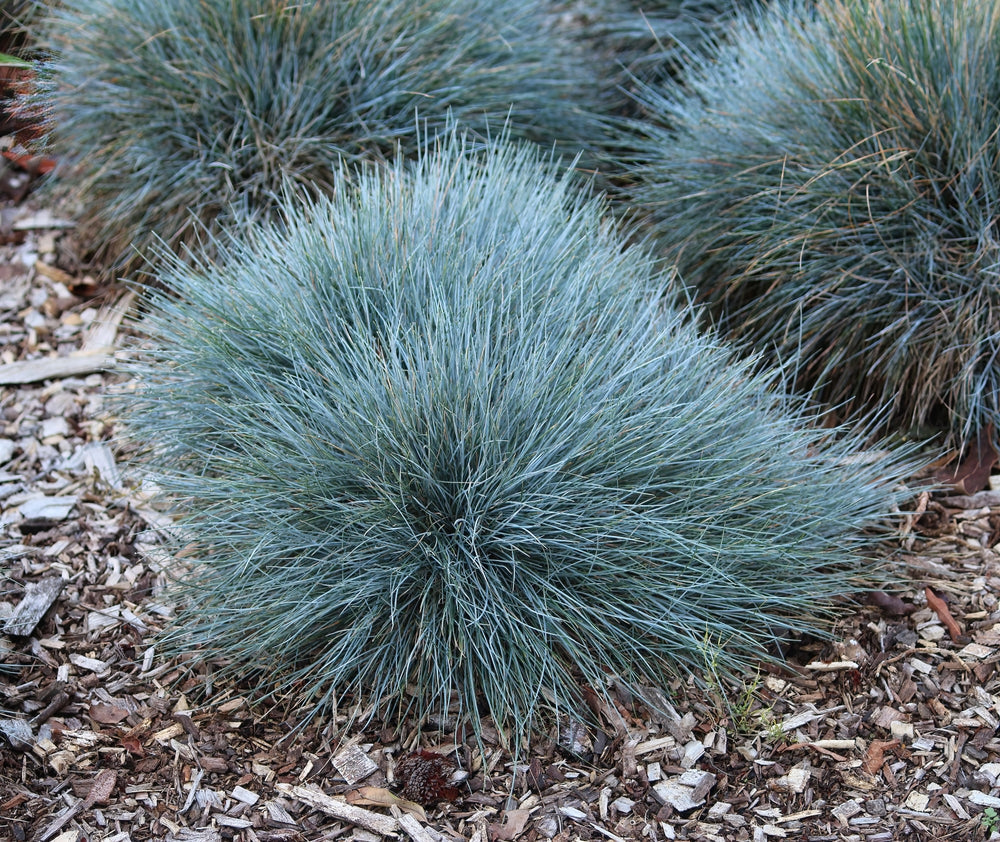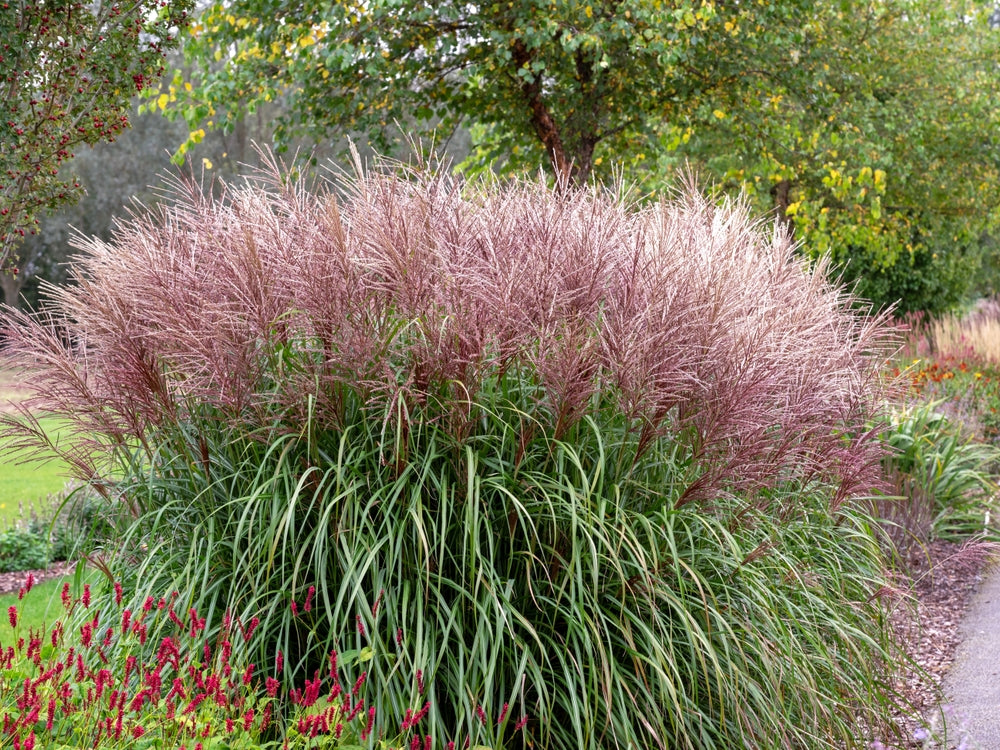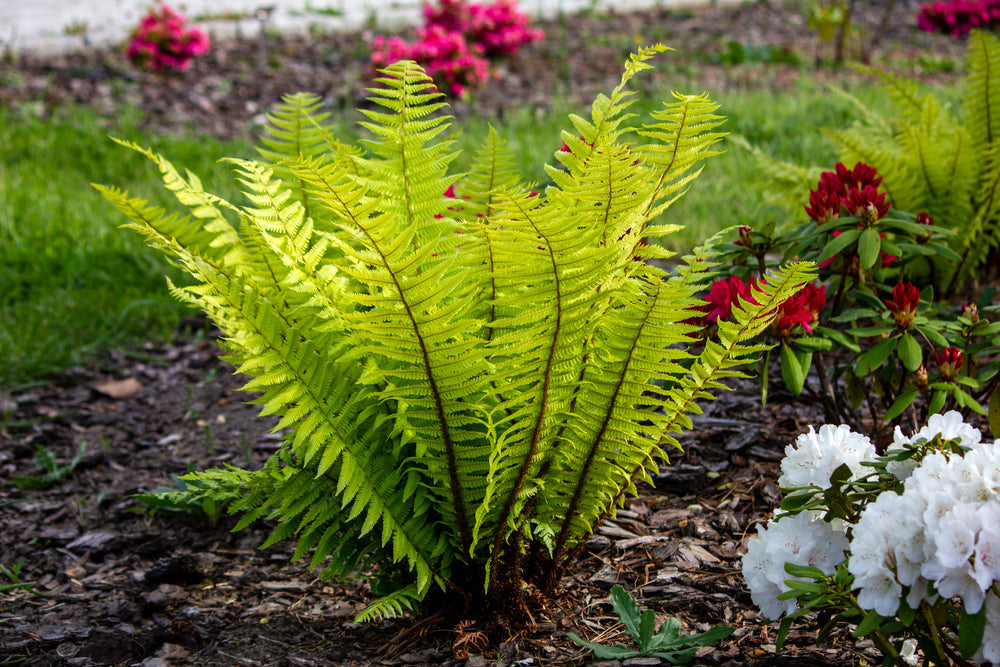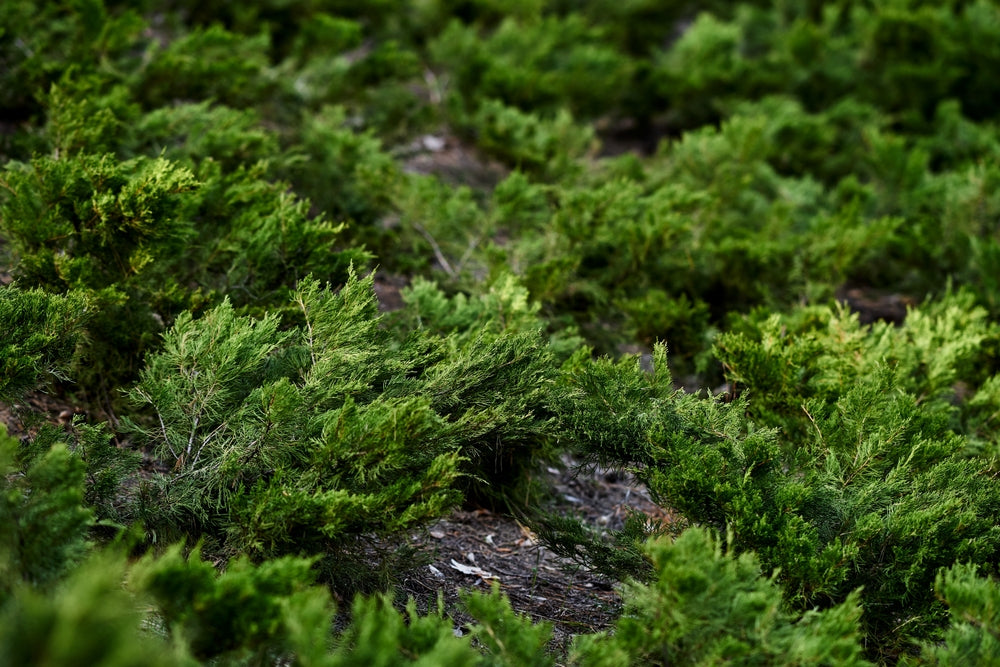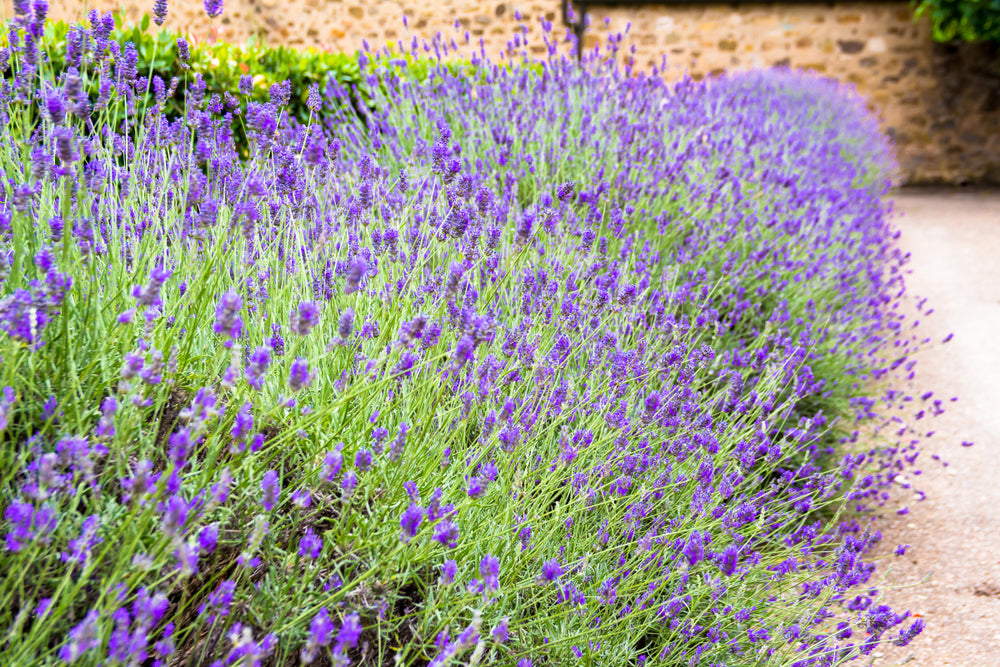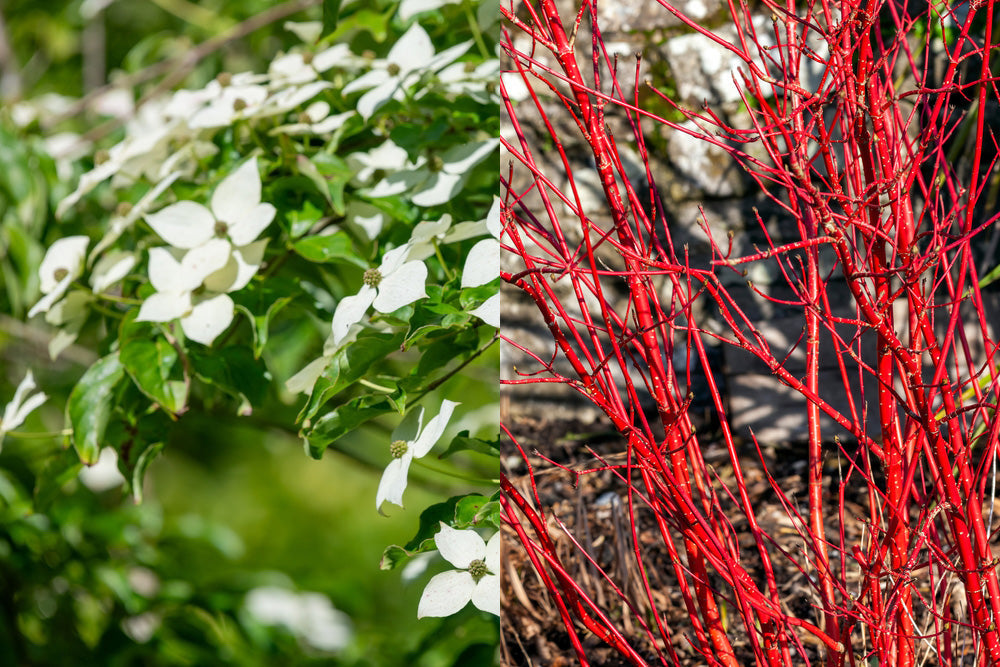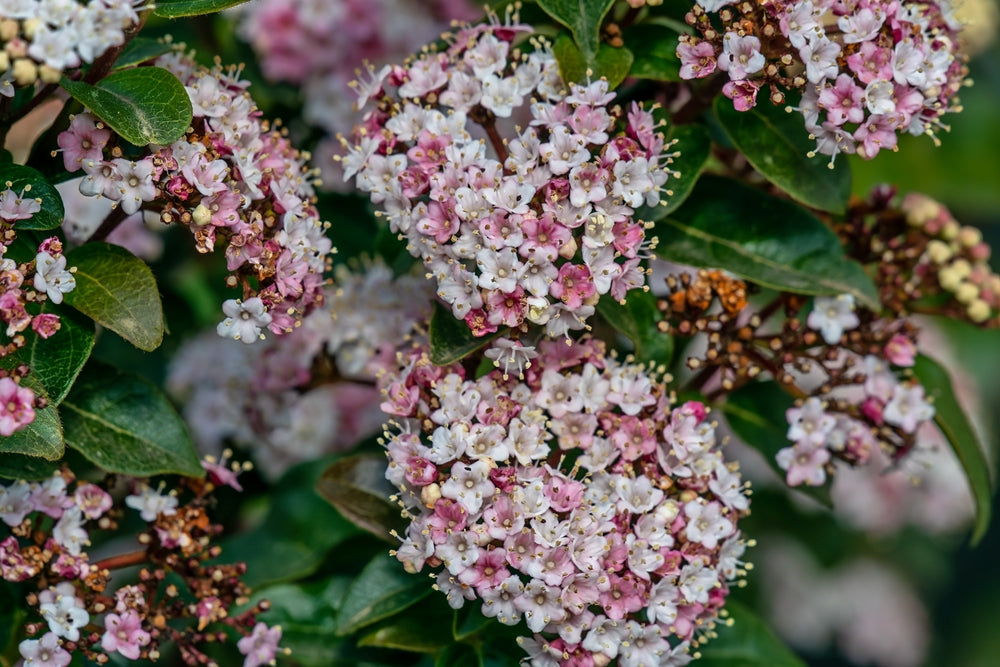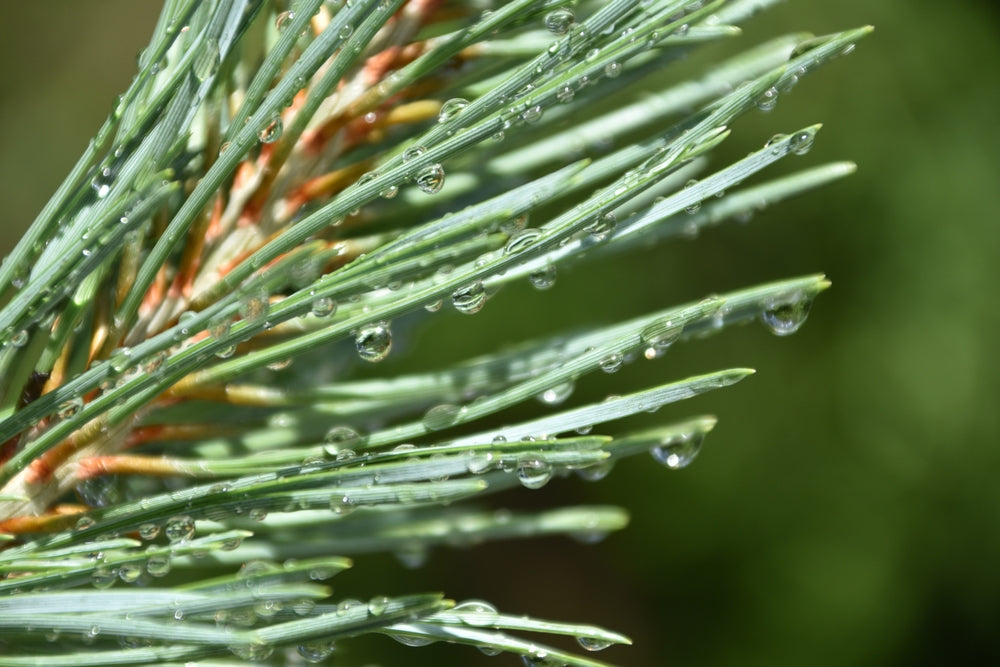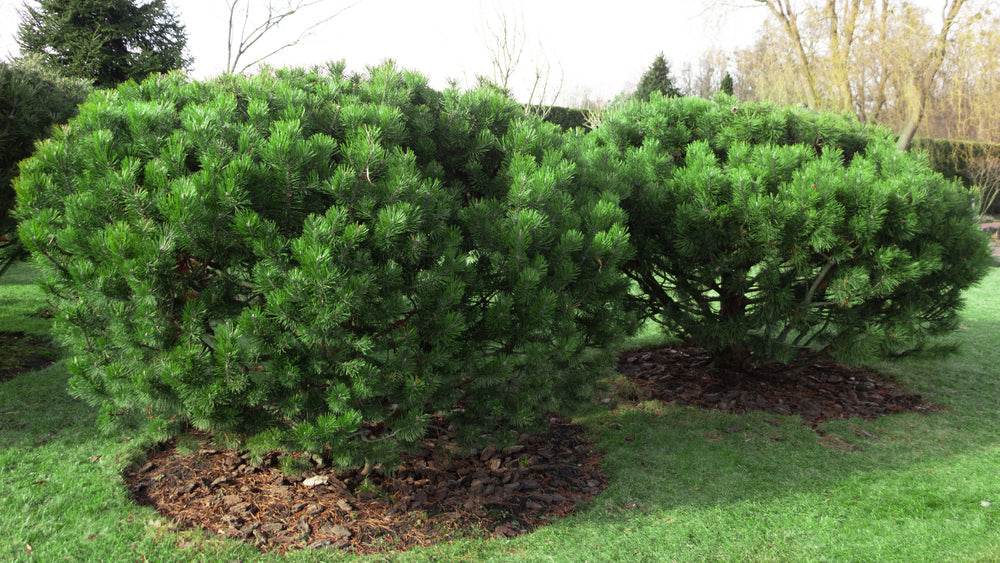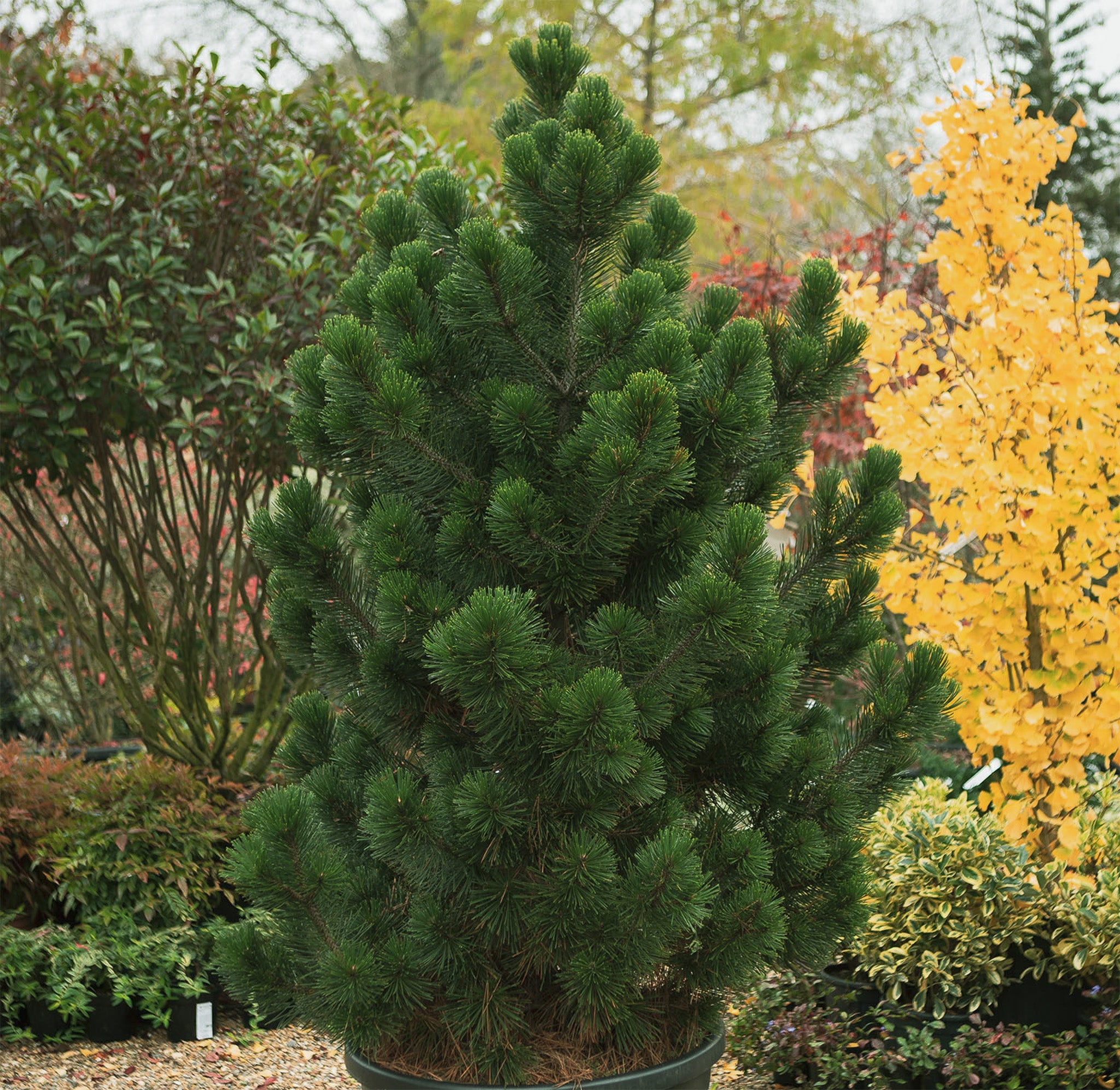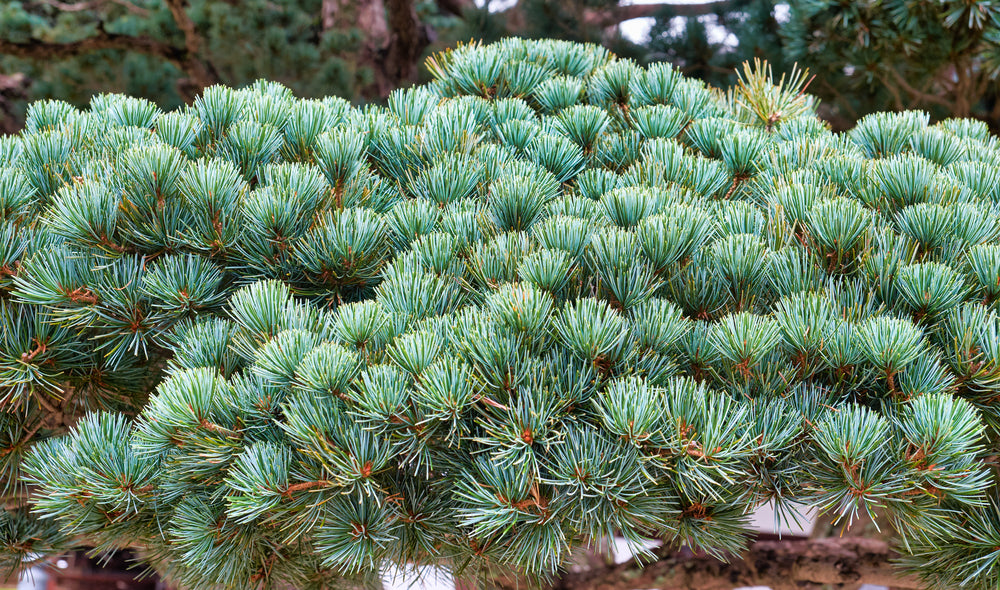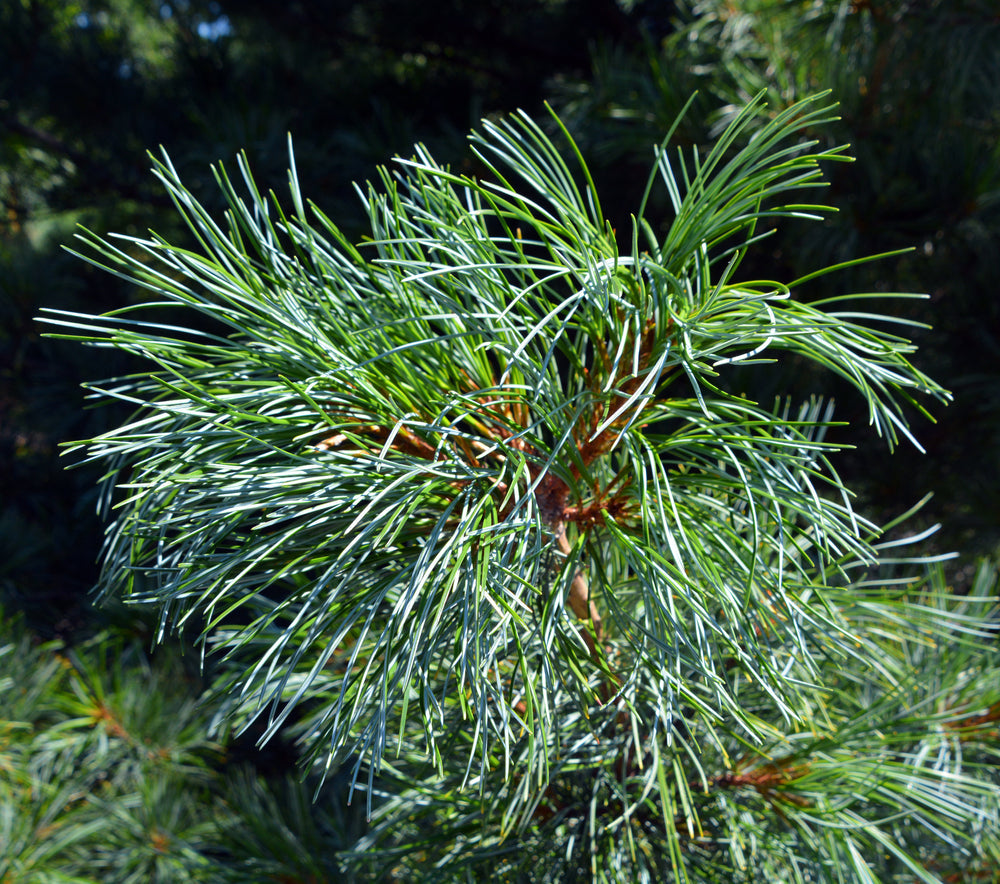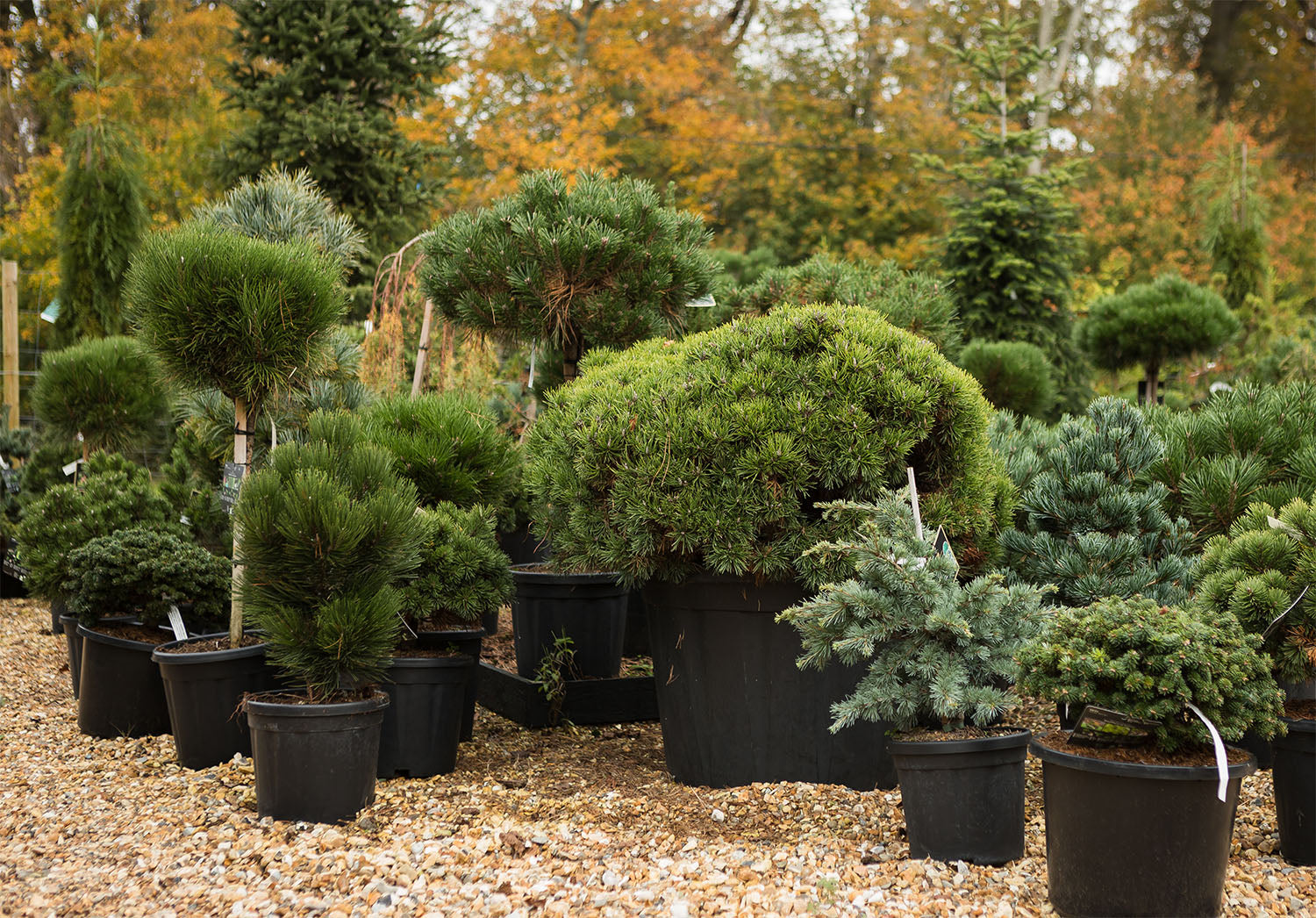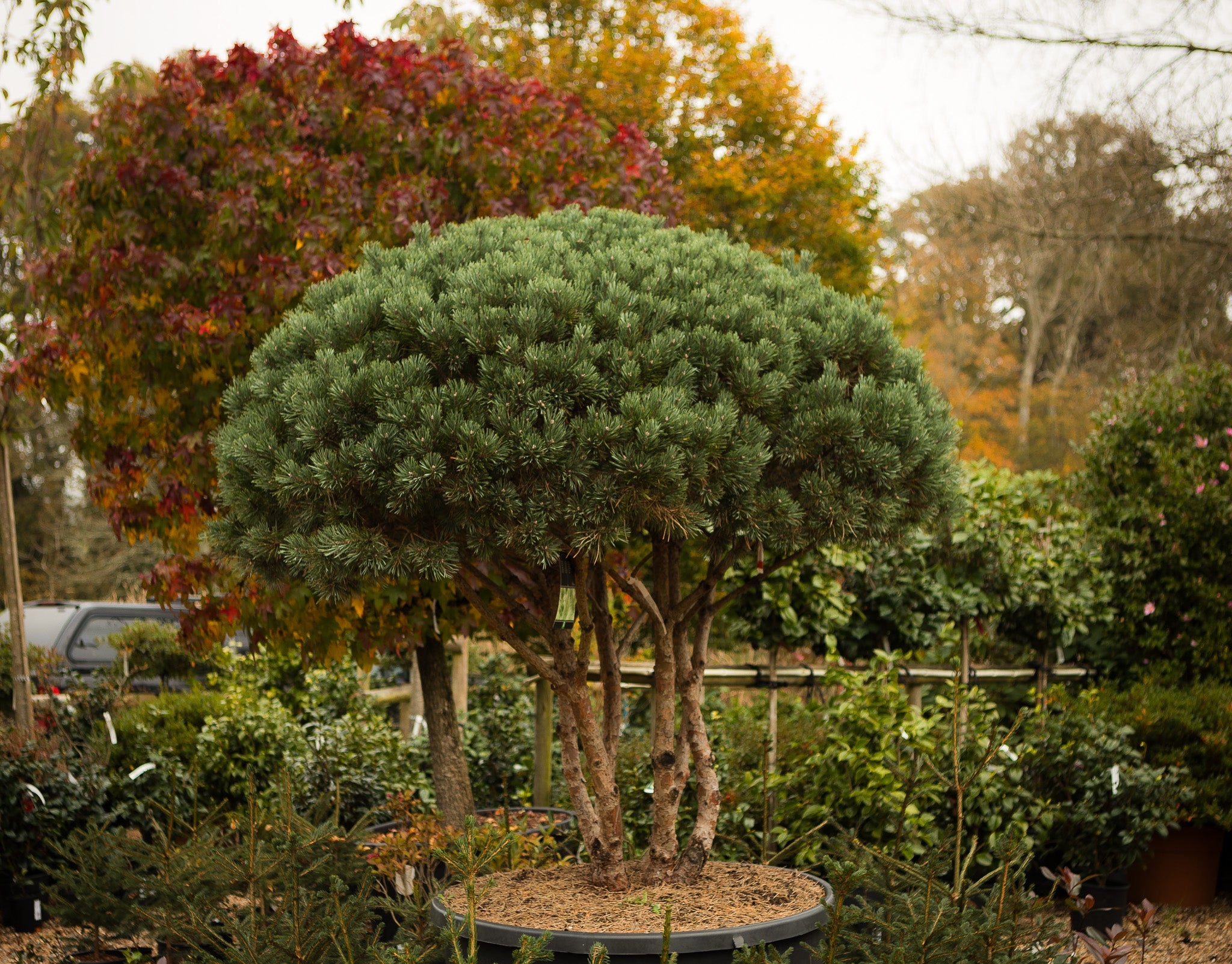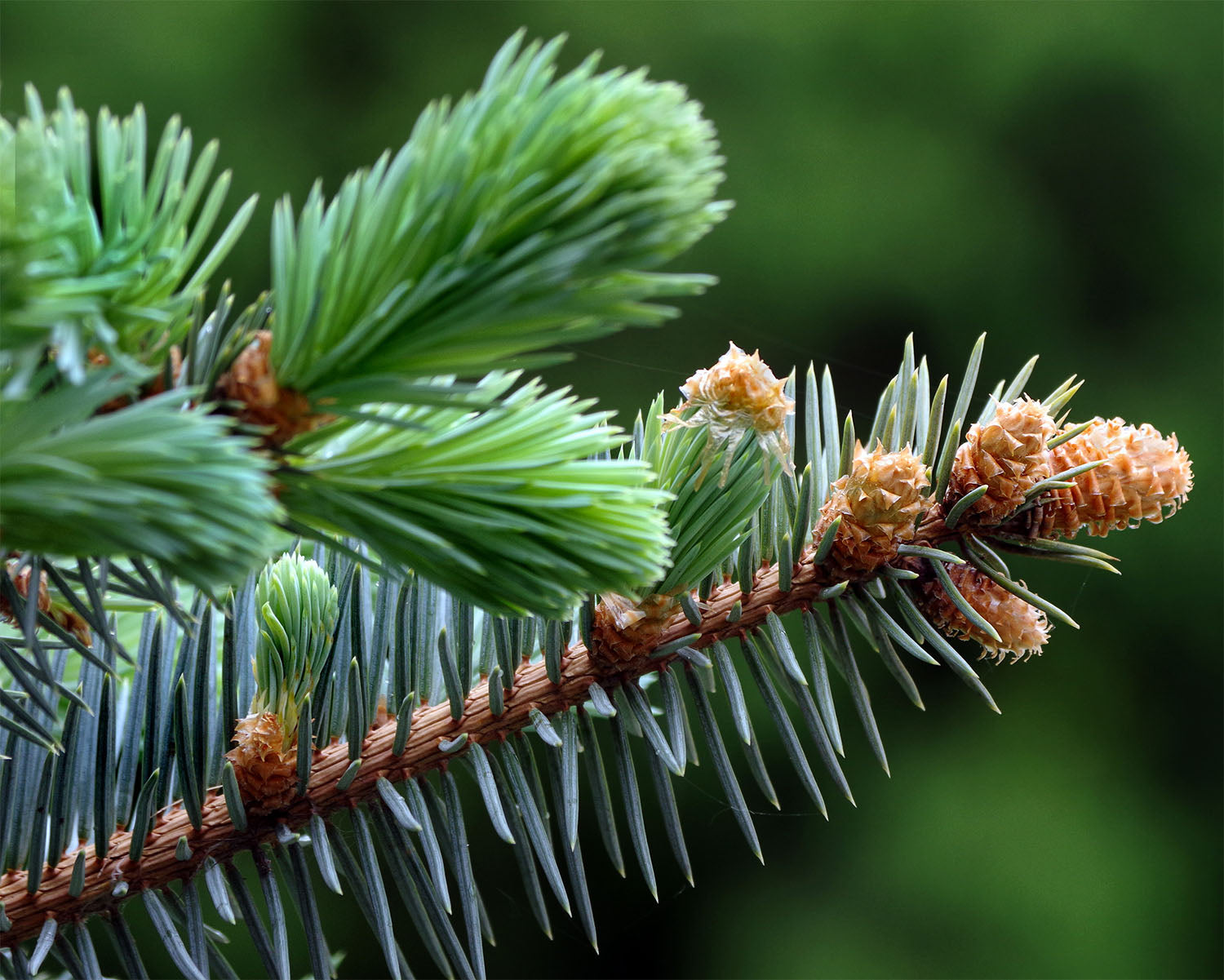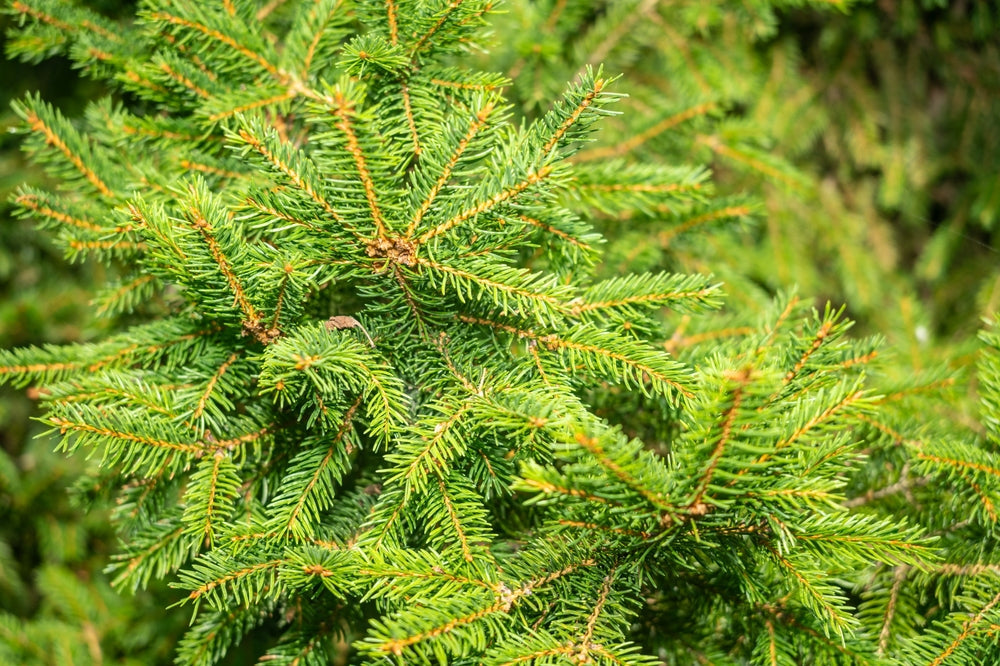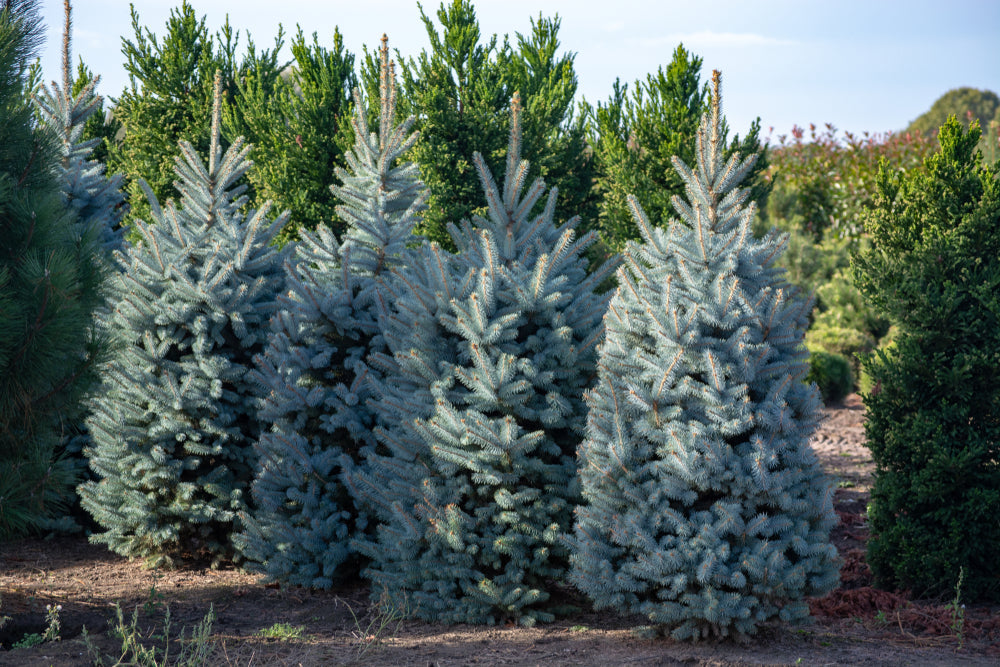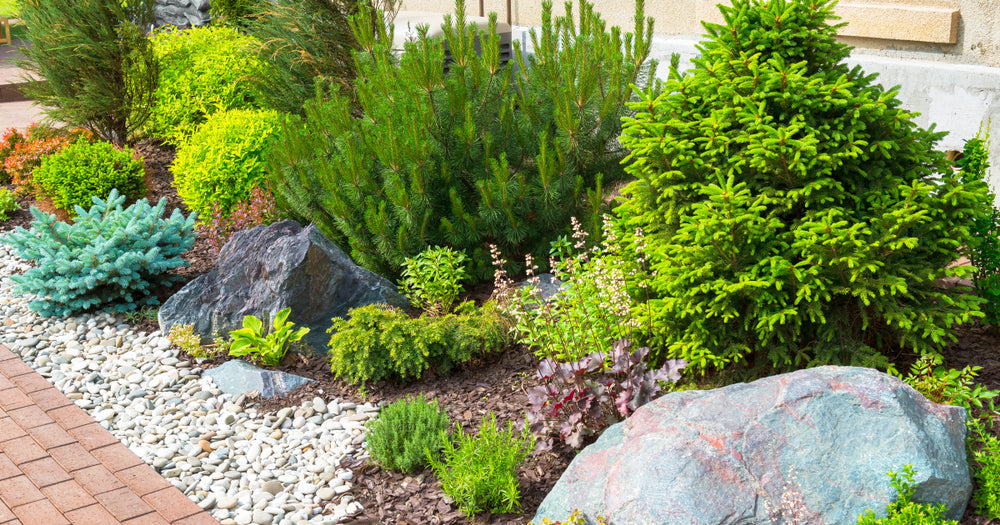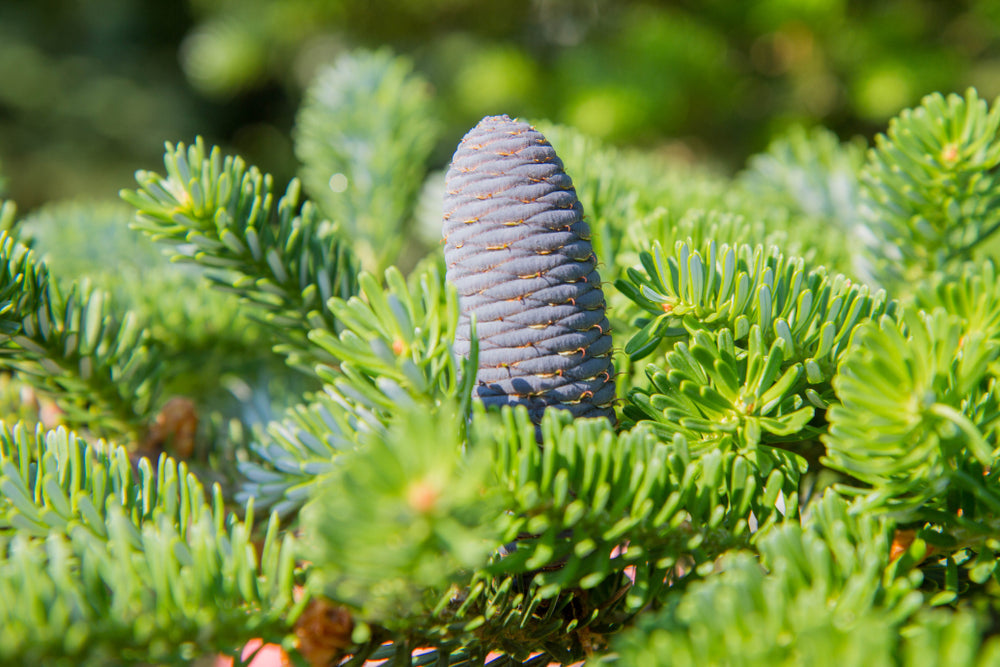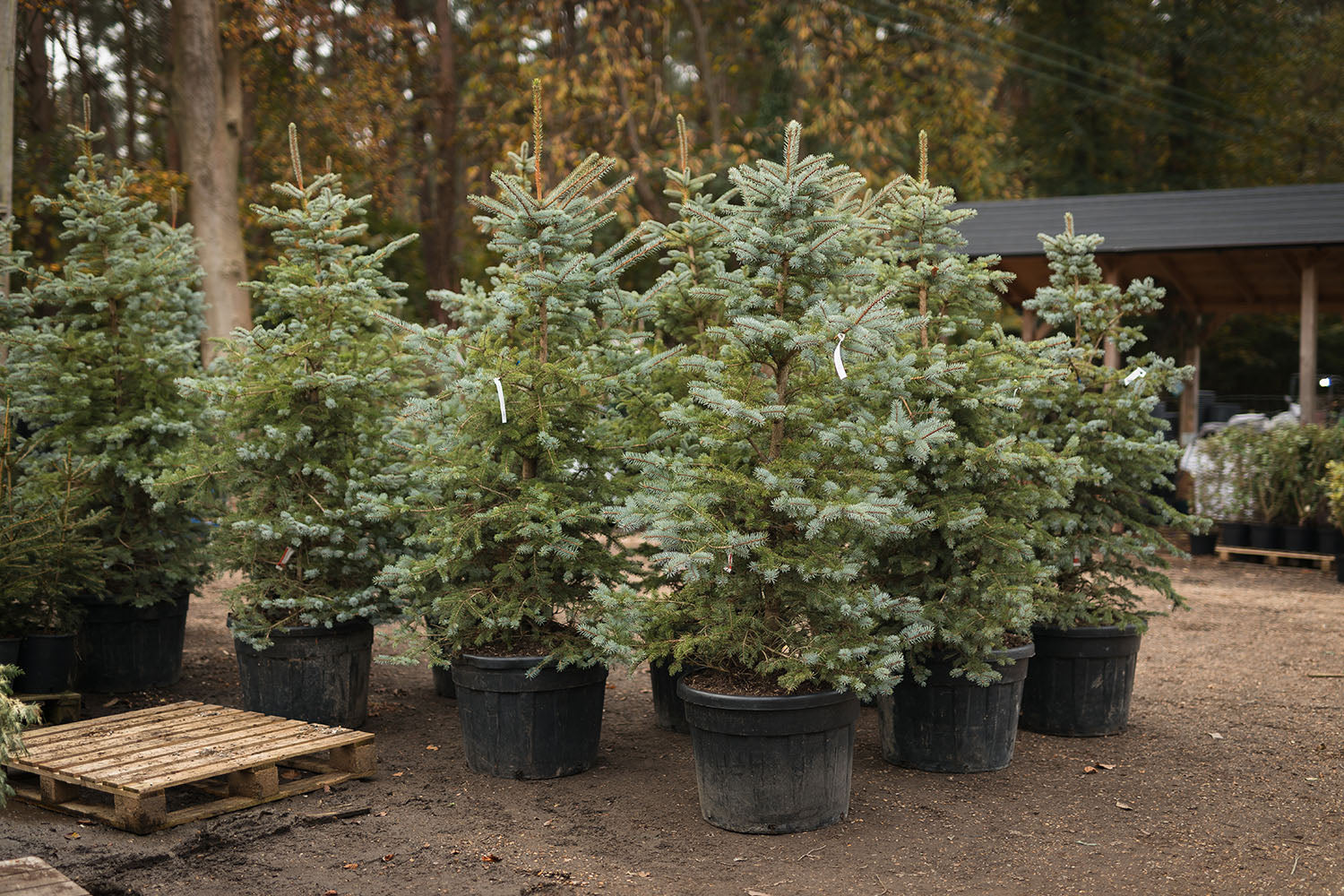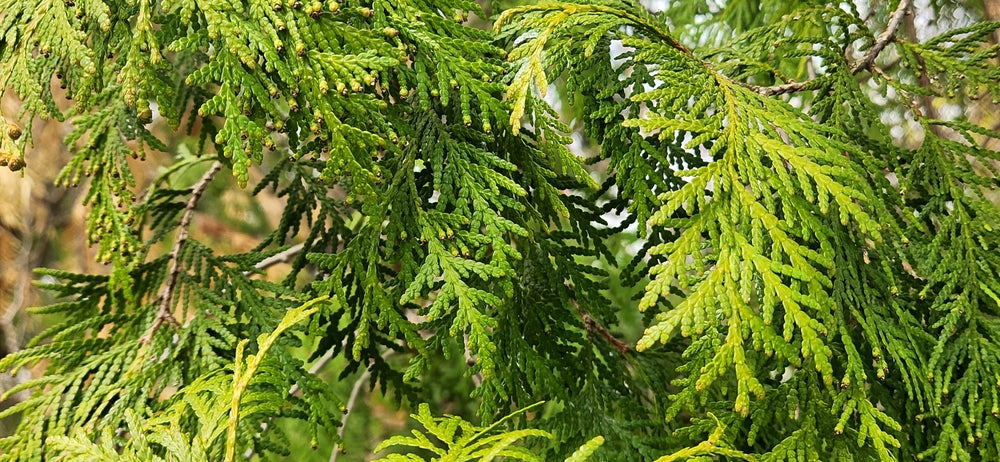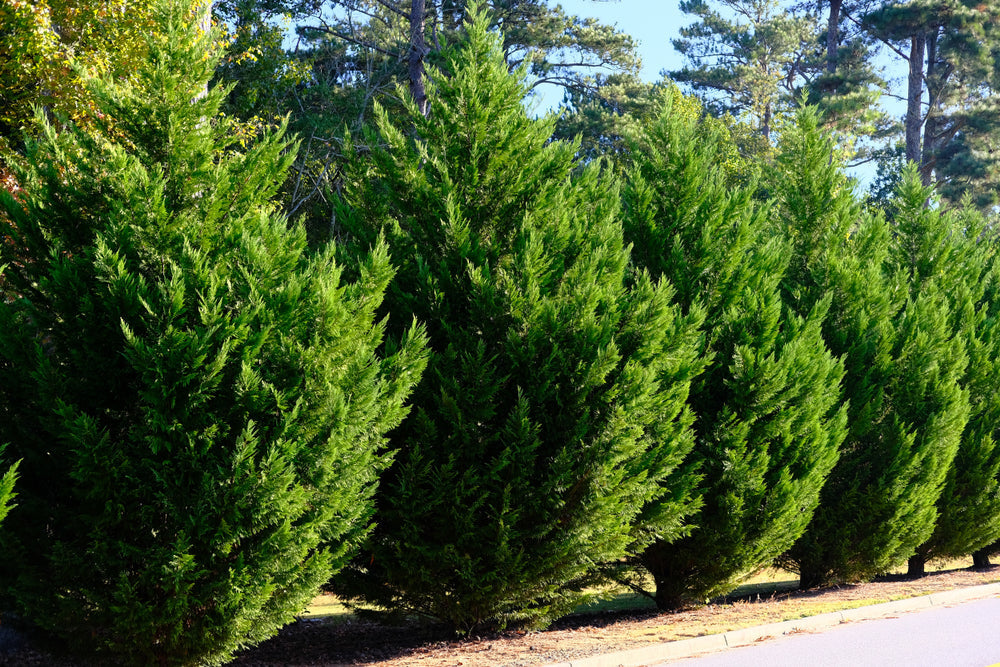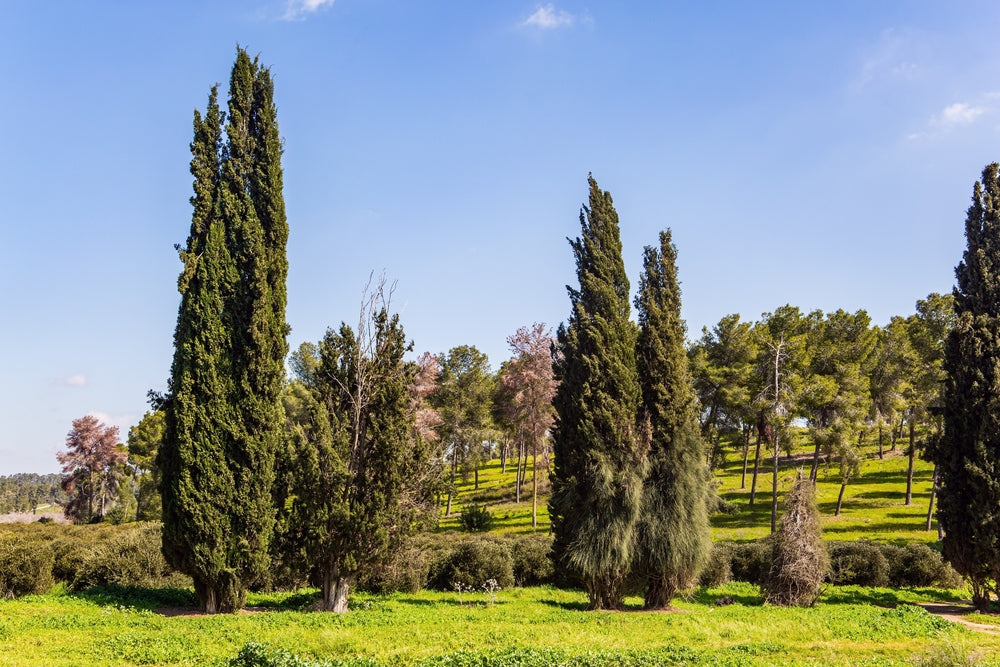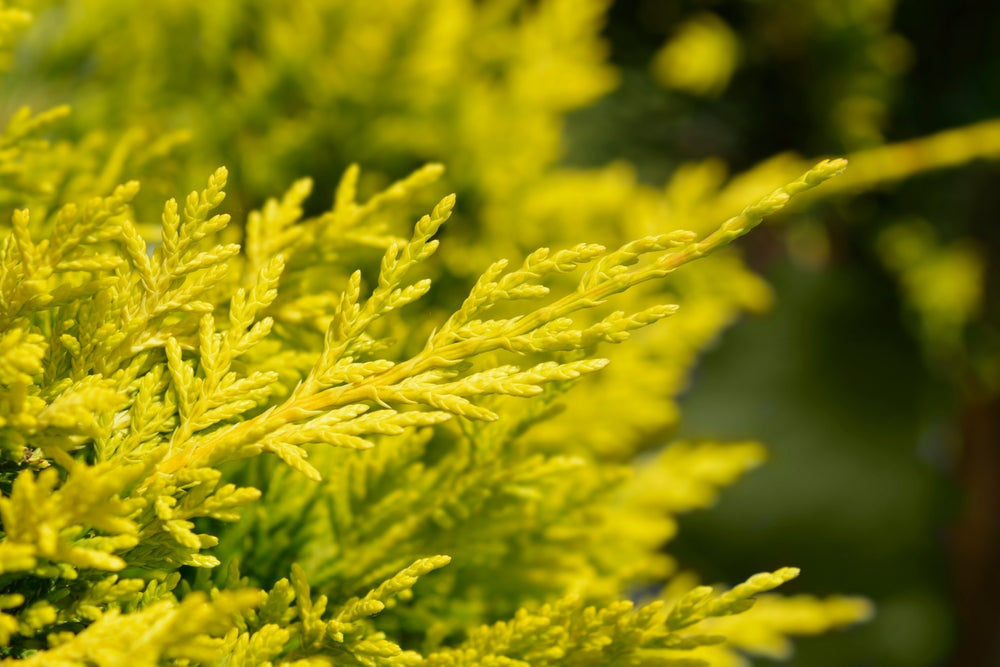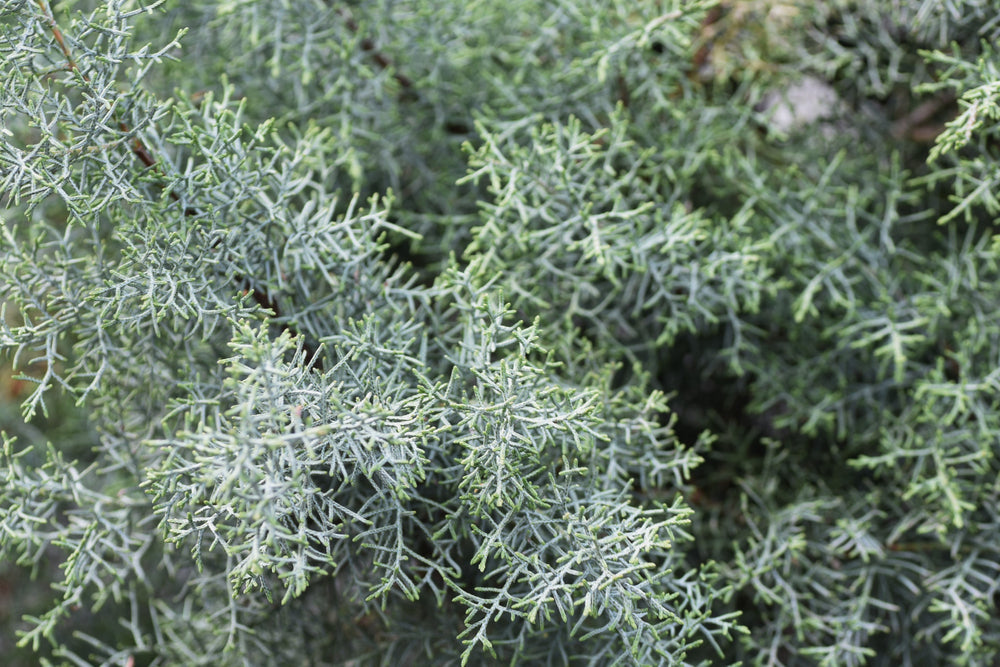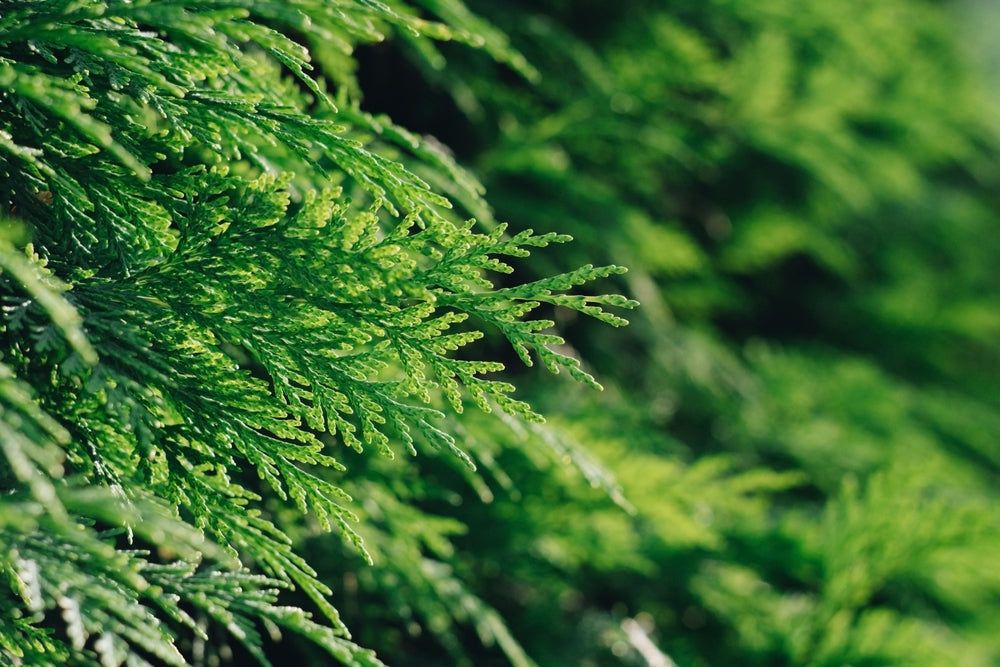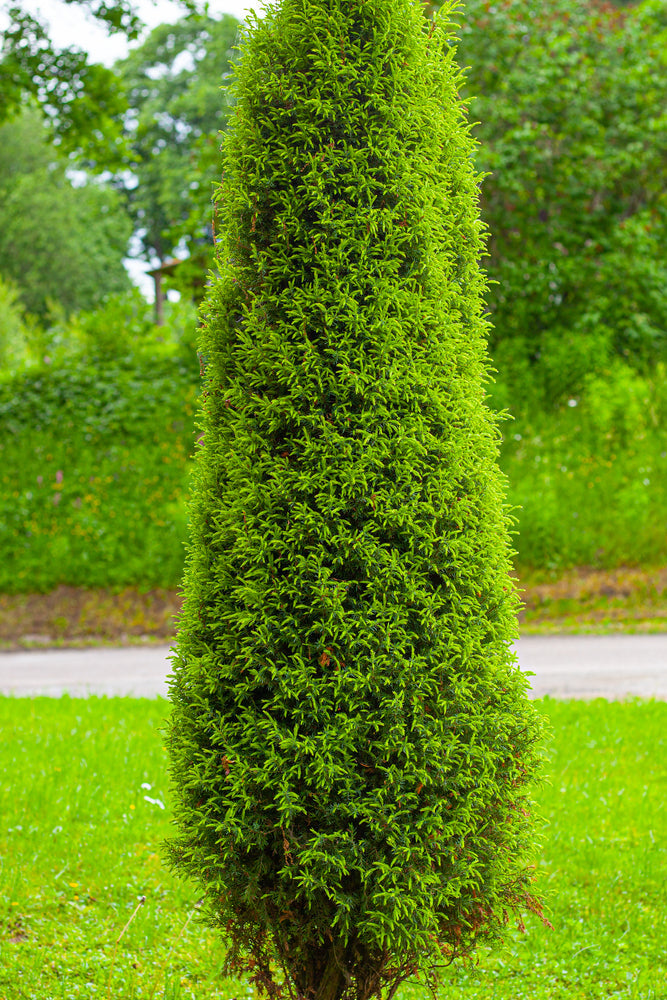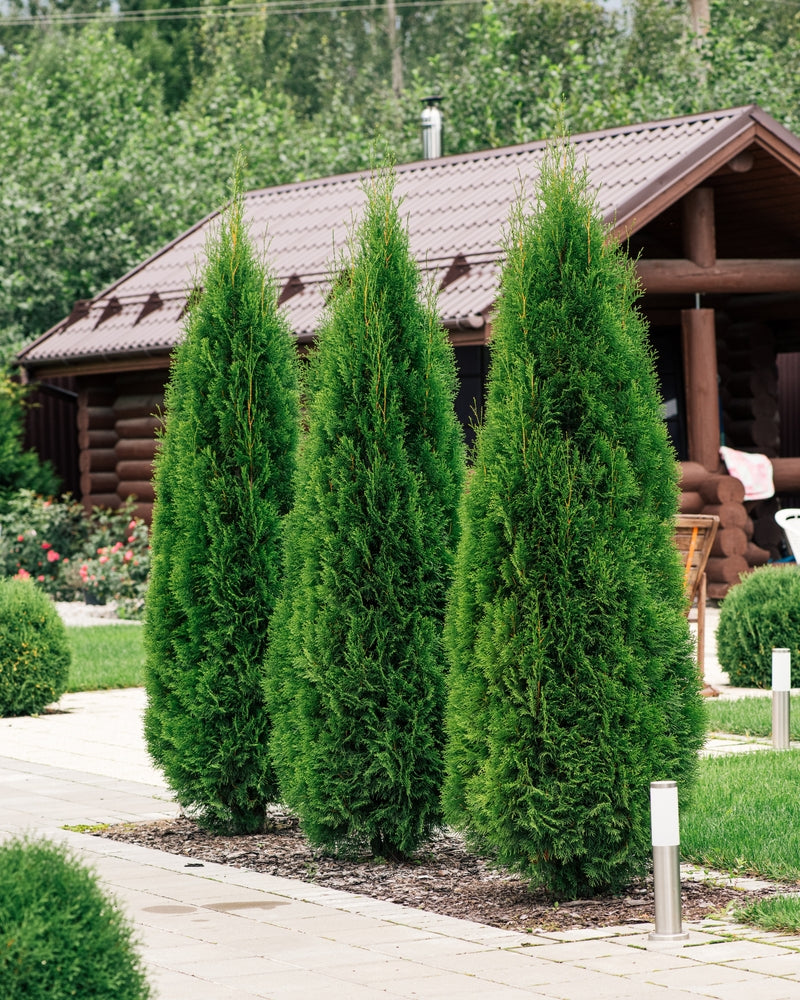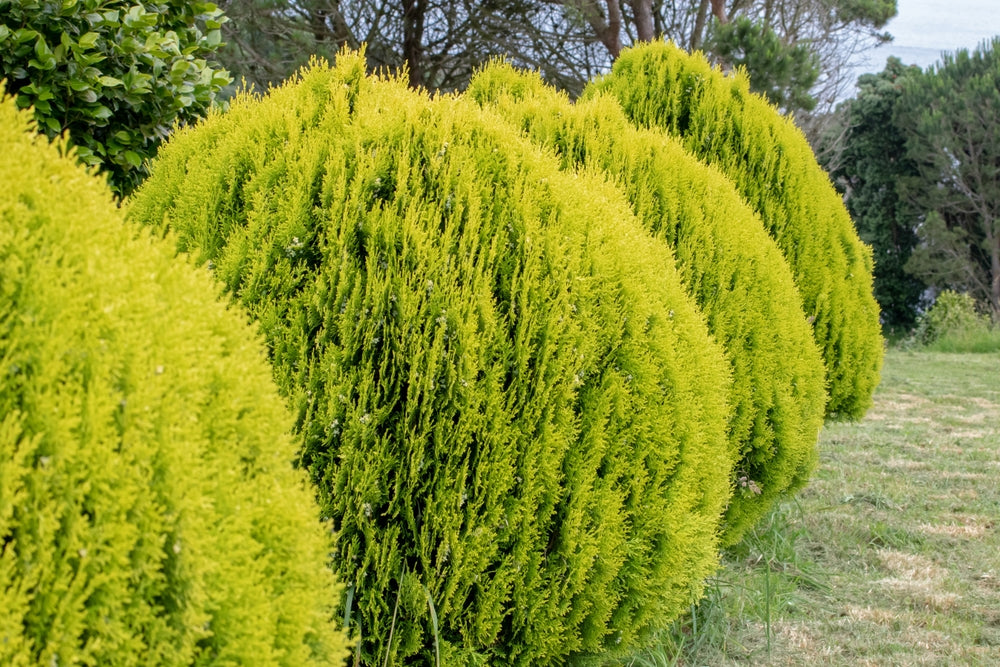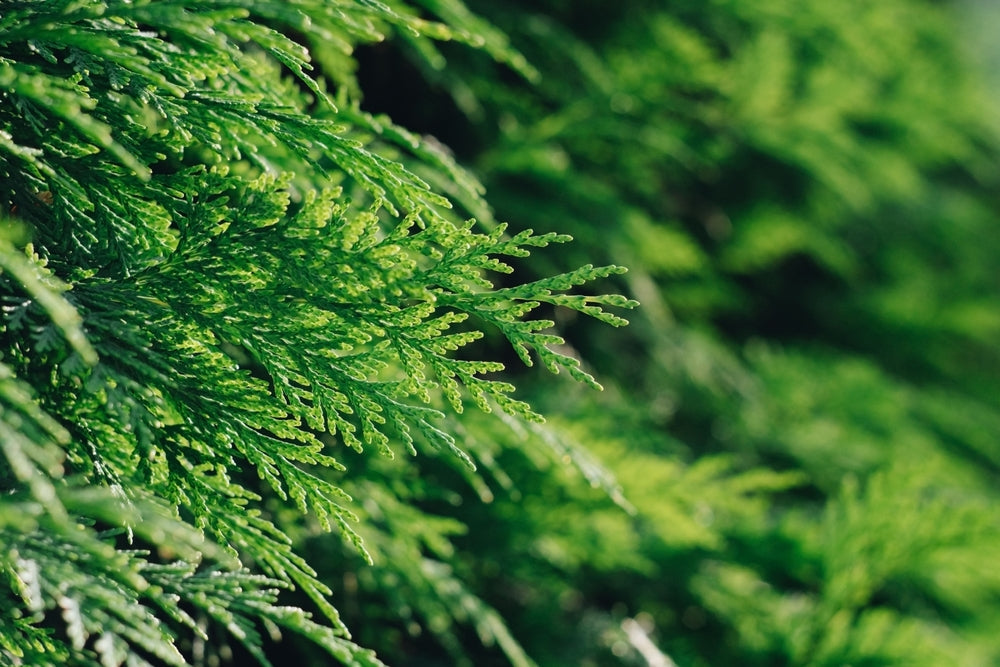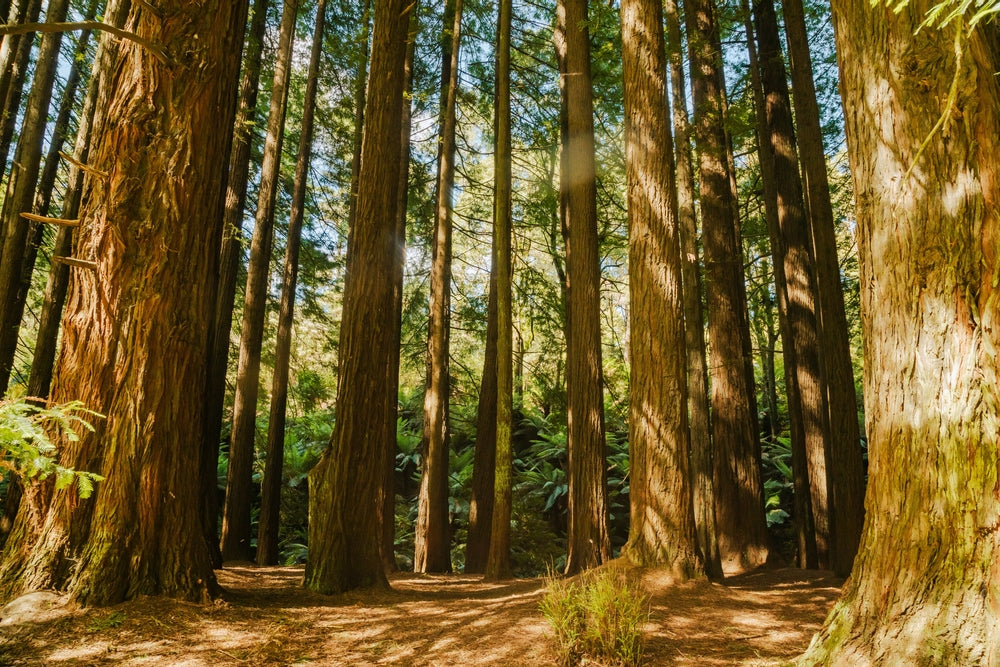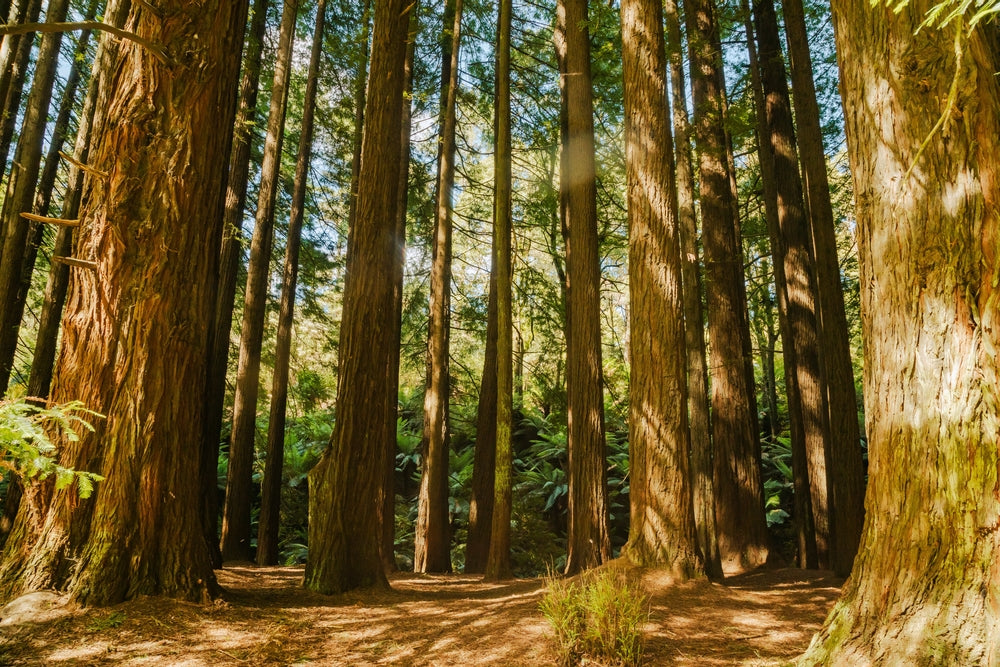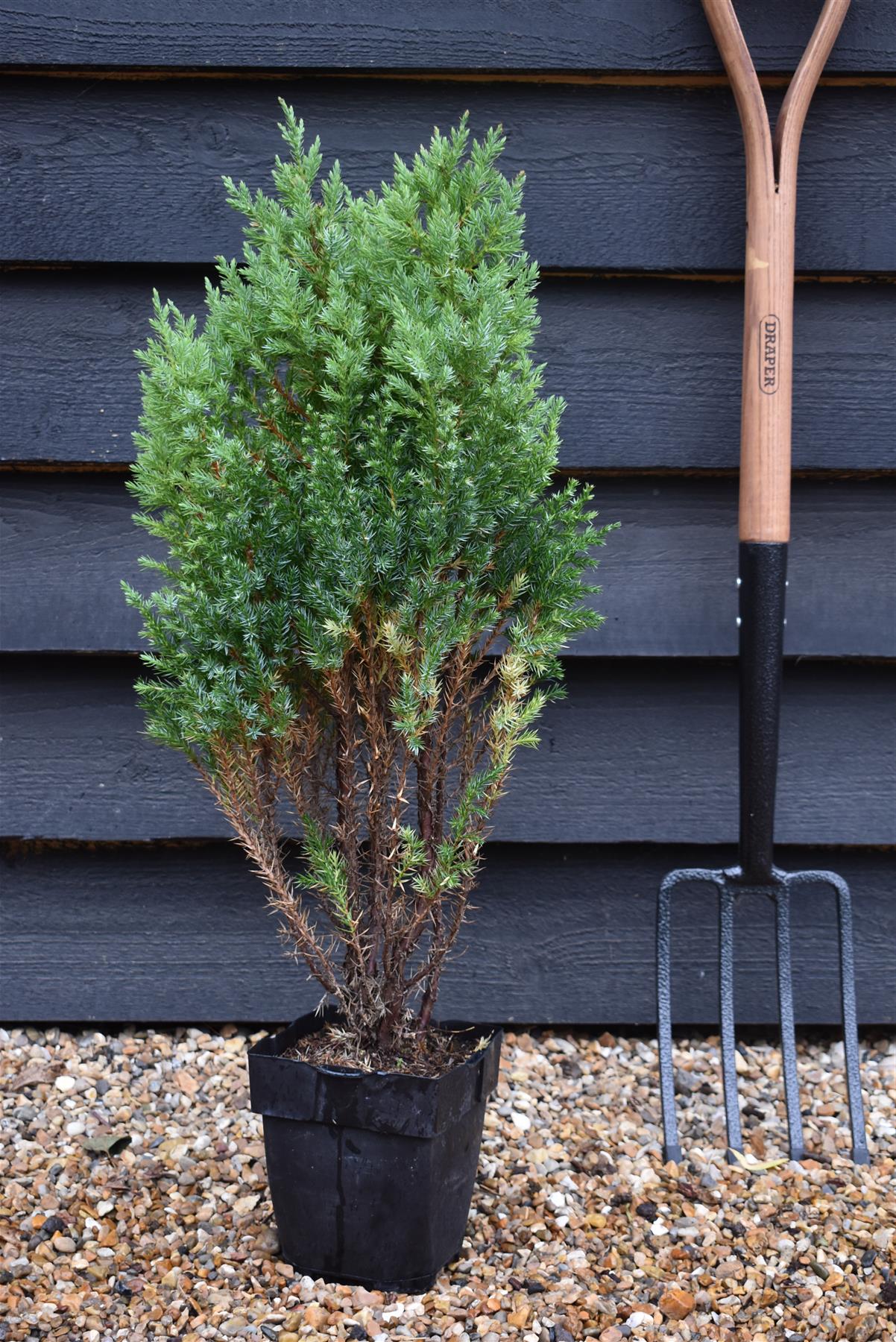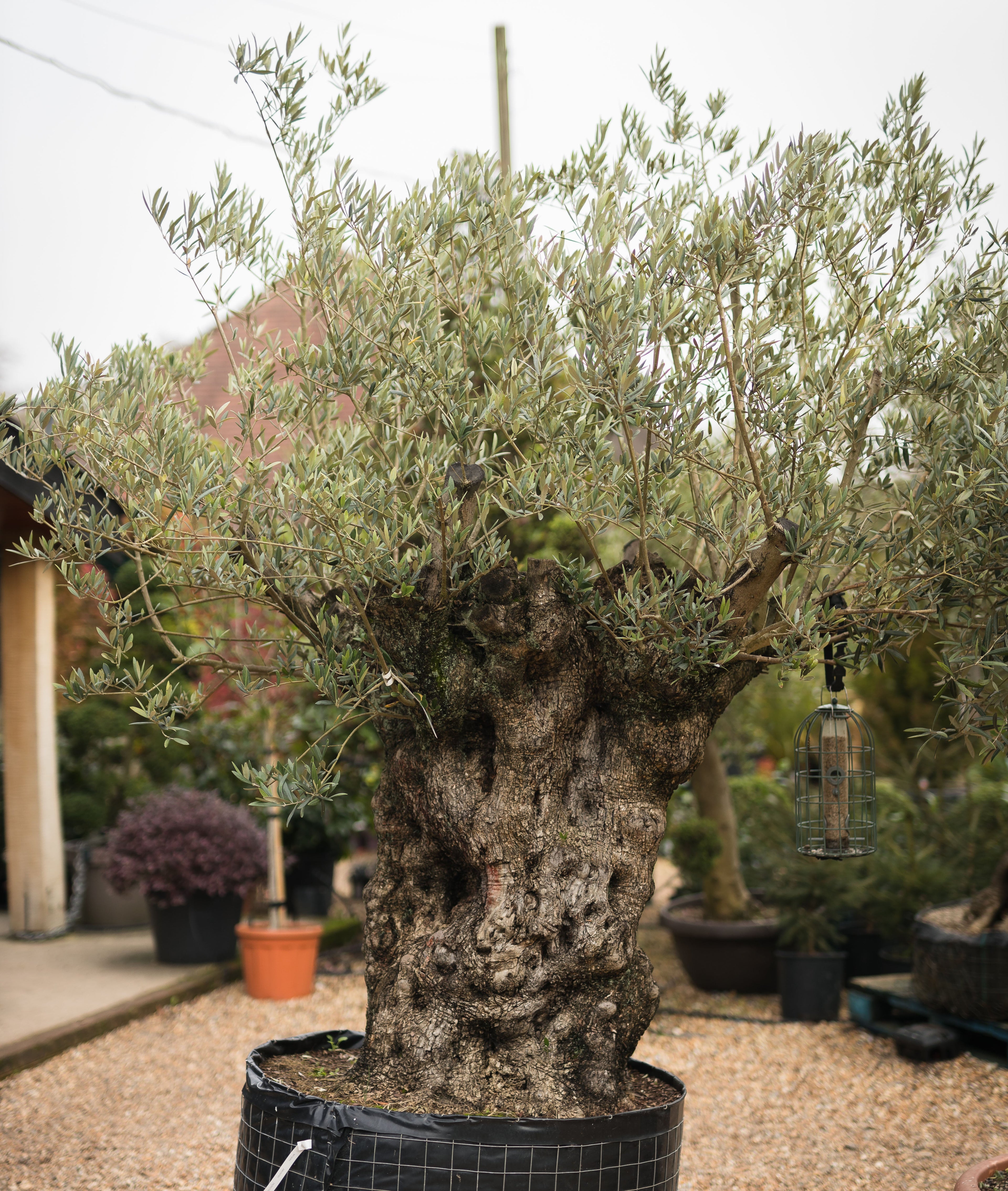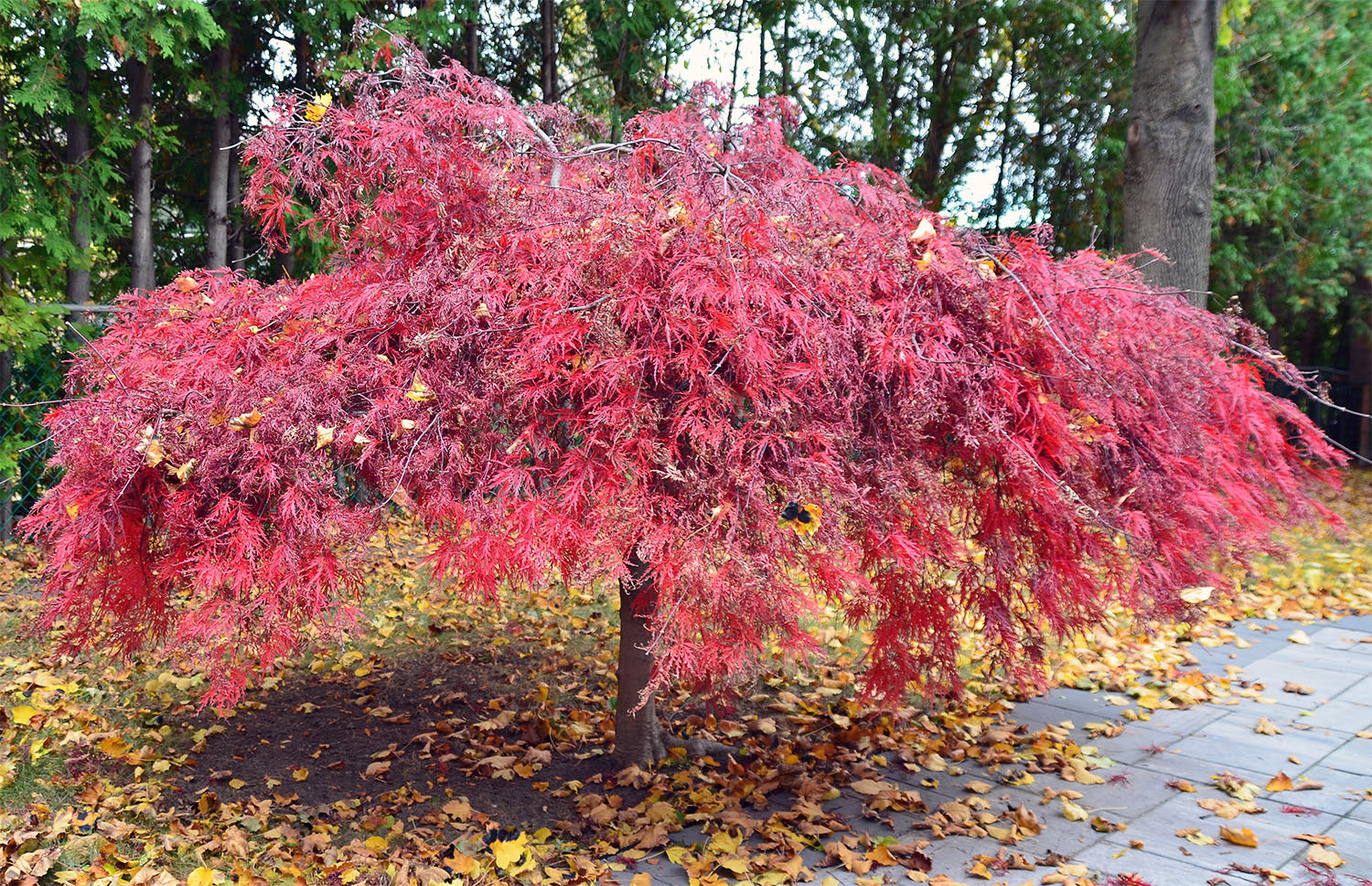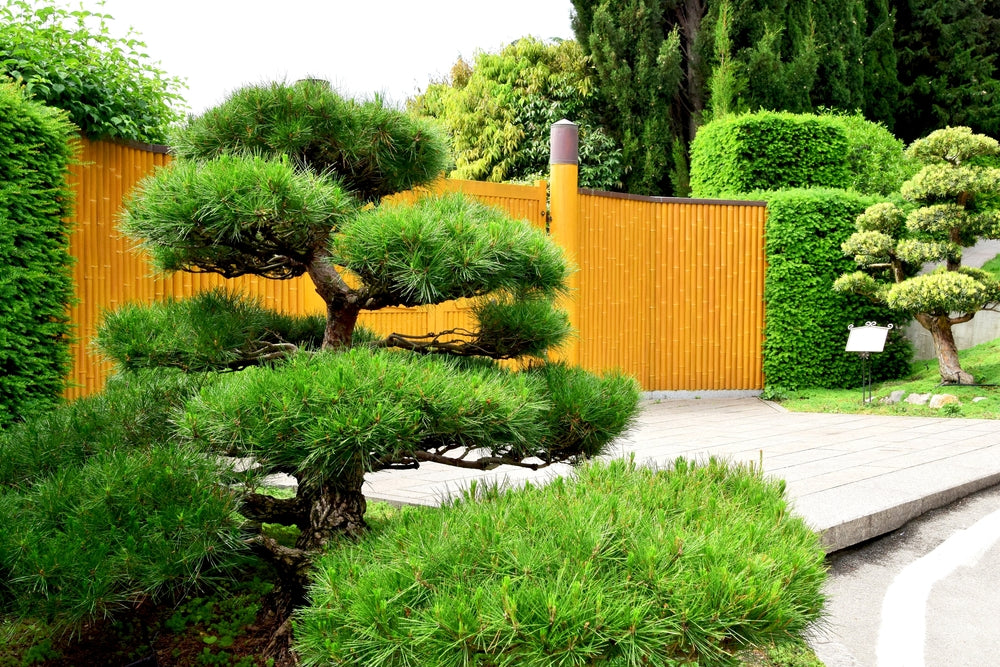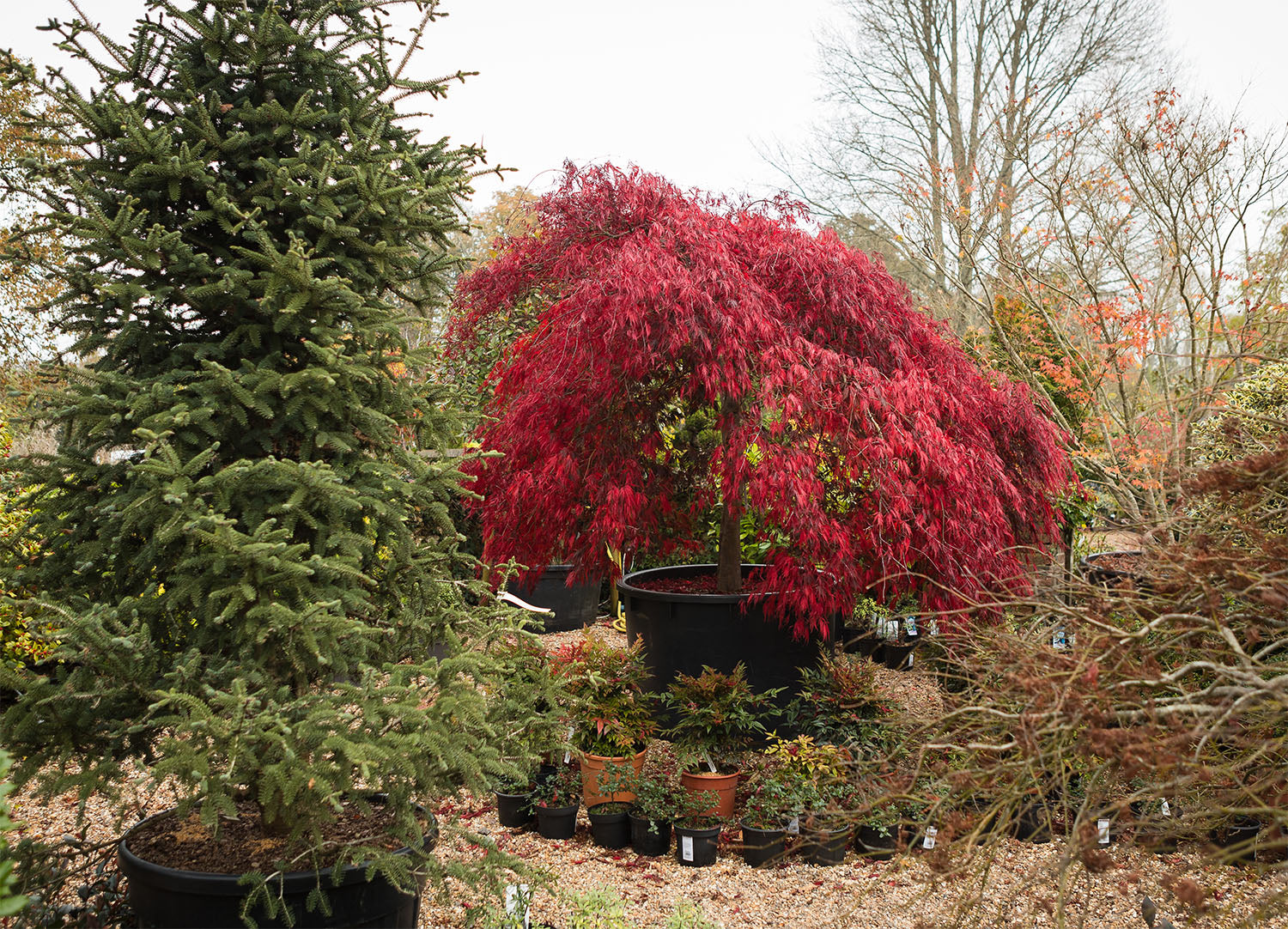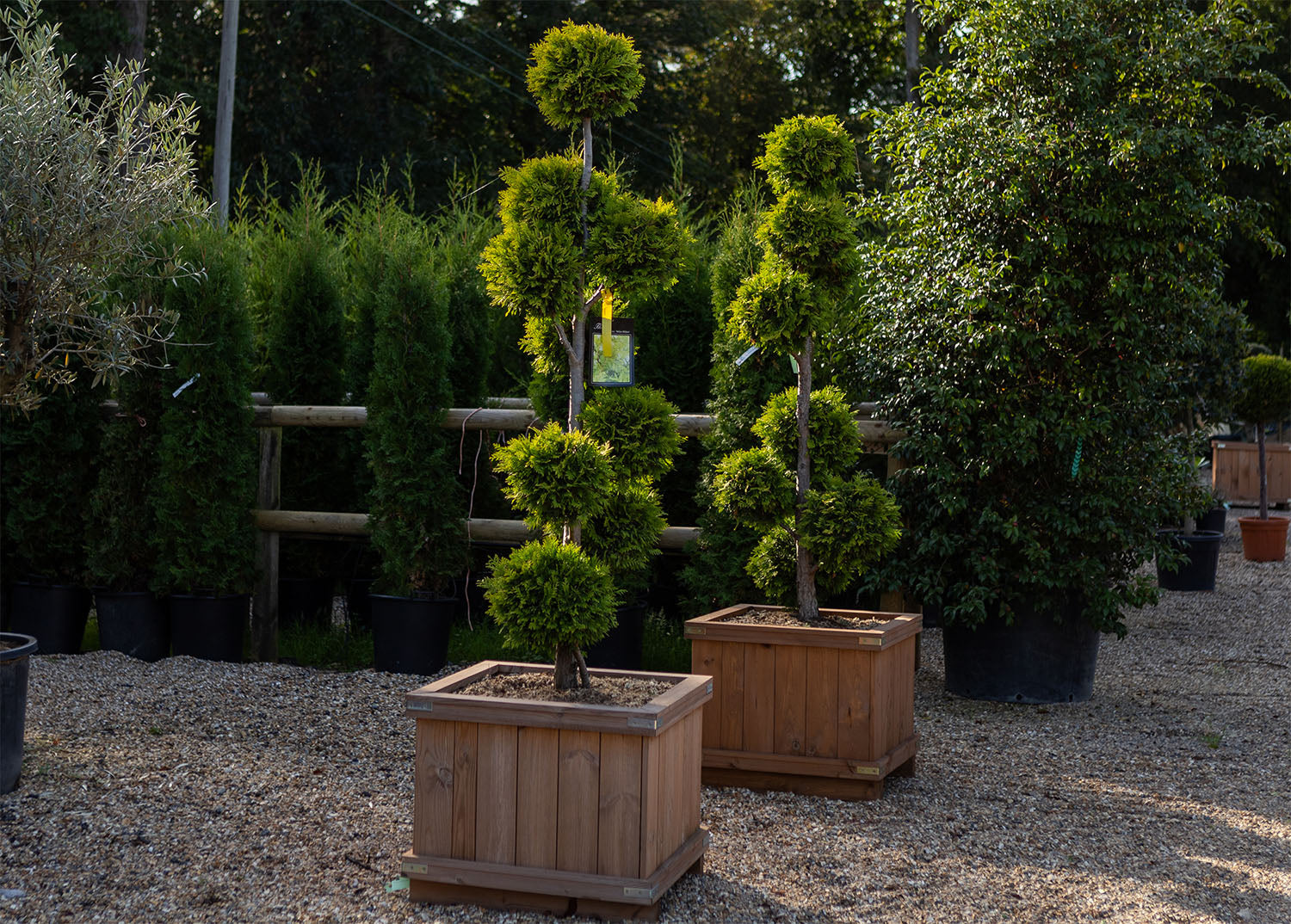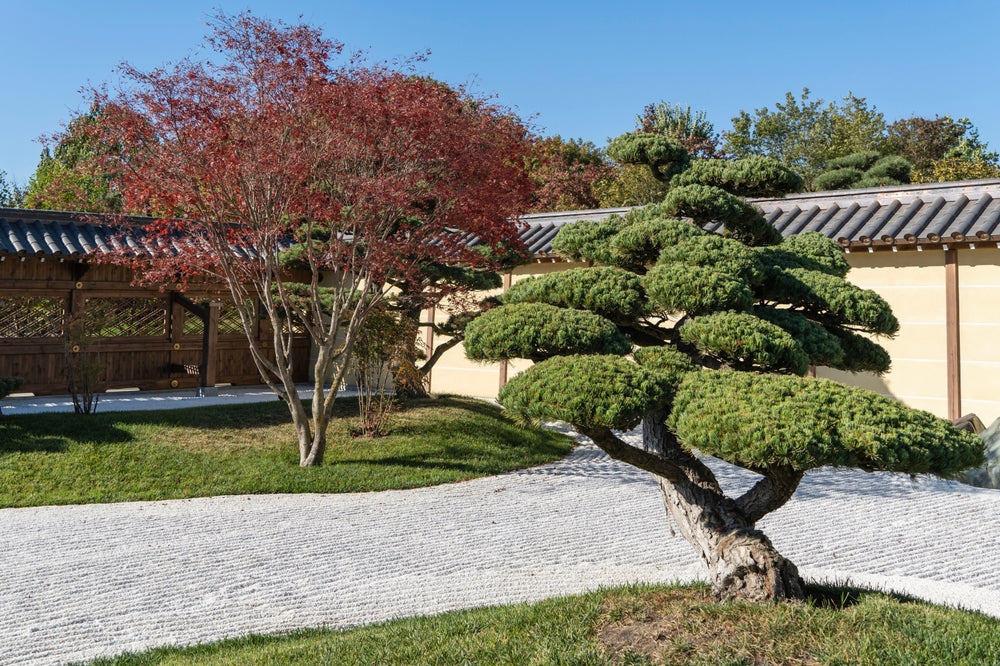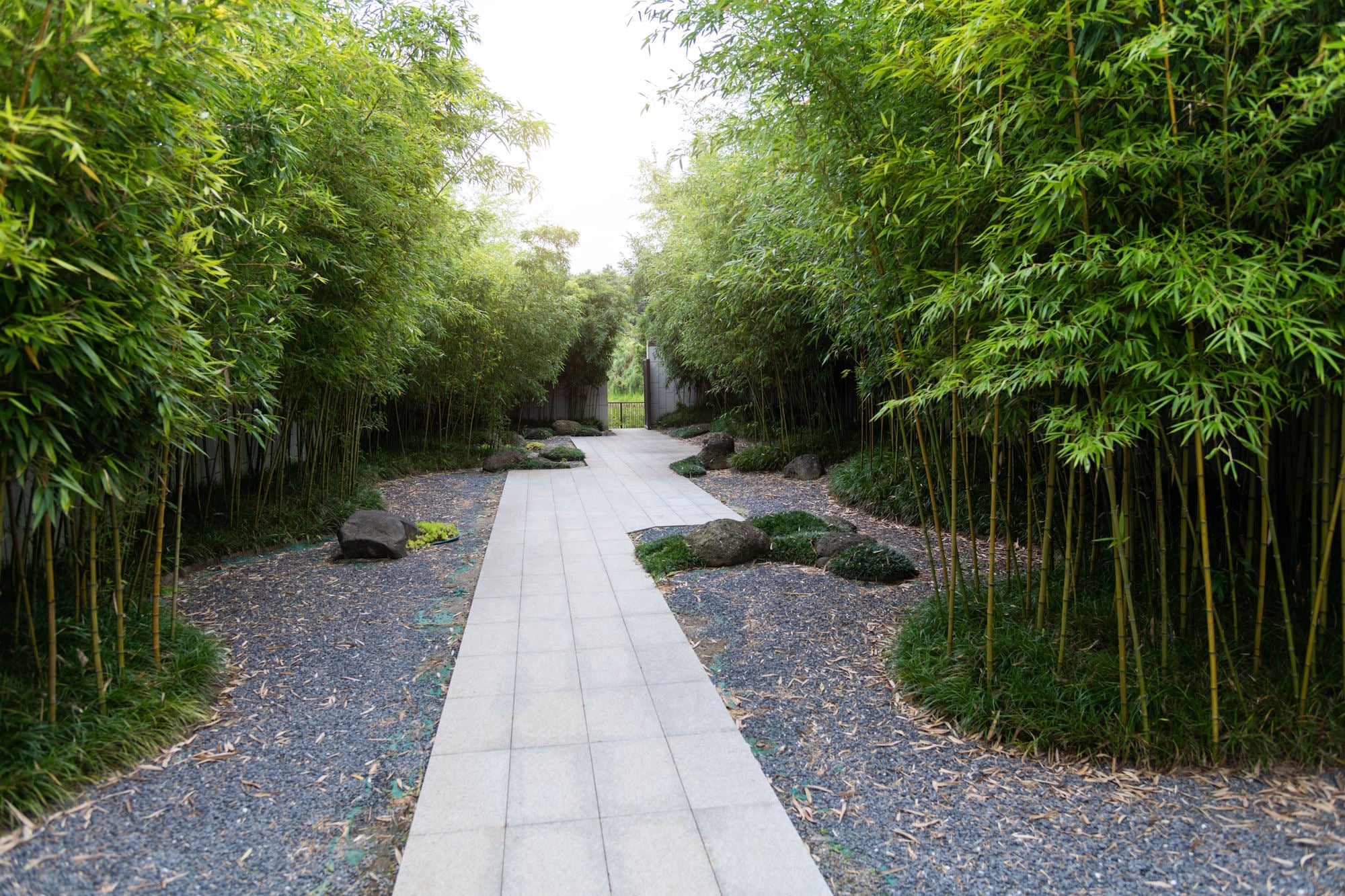
How to stop bamboo spreading?
Is your bamboo getting out of hand? Are you struggling to keep it in check? In this article, we'll explain how this beautiful, vigorous plant grows and share some practical tips on how to stop bamboo from spreading in your garden.
How does bamboo spread?
Bamboo spreads via underground stems called rhizomes. They usually grow quickly and can spread far and wide. These rhizomes send new shoots above the ground and can quickly take over an area.
Bamboos are generally divided into:
1. Clumpers:
- they have very short rhizomes
- they do not expand much
- their clumps emerge every year
- clumps can be easily removed
- generally, they do not require control
2. Runners:
- they have very long rhizomes
- they can expend very much
- their clumps can emerge far from the parent plant
- they are very hard to control
The reason people still choose runners that require more maintenance than clumpers are:
- Runners spread quickly and provide dense privacy screens in a very short time
- Runners are more adaptable to different soil and climate conditions
- Runners can endure lower temperatures
A step-by-step guide to bamboo control
Bamboo is a beautiful, graceful plant that brings elegance and tranquillity into the garden. As an excellent privacy screen and sound barrier, it is perfect for creating an outdoor sanctuary.
However, it can become difficult to constrain because of the way it spreads.
Since controlling bamboo spread can be very challenging, we have created this step-by-step guide on how to block bamboo from spreading in your garden. Here are some basic tips for bamboo control.
1. Install Bamboo Barrier
The most secure way to stop bamboo spreading is by installing a bamboo barrier. It’s a plastic barrier used to prevent rhizomes from leaving the planting area. The bamboo barrier comes in different depths, thicknesses, and lengths.
How to stop bamboo spreading using a root barrier? Here are some things to consider when buying one:
How deep does it have to be?
Bamboo roots tend not to grow deeper than 50 centimetres underground, therefore a 60-centimetre barrier is usually sufficient. However, we highly recommend getting informed about how deep are bamboo roots of the species you want to plant.
How thick does it have to be?
It depends on several factors – environmental conditions and bamboo species. A 60mm thickness is suggested for most plants and 80mm for more aggressive or larger.
Why do barriers sometimes fail?
The reasons are usually the following:
- A barrier is too short or too thin
- A barrier is placed too shallow
- The barrier ends are not adequately sealed
How to install a bamboo barrier?
- Dig a trench around the space where you want to plant a bamboo
- Round up the corners to make the barrier fit better
- Choose the correct barrier
- Place the bamboo barrier in the trench
- The wall should protrude from the soil by at least 5 cm
- Overlap the barrier and stick the overlapping parts together
- Backfill the trench with soil
2. Regularly Monitor and Cut
The active growth period of a bamboo plant is only around 2 weeks in spring. That’s when the new growth will appear. Control bamboo spread by removal of new shoots. Cut off new shoots but be aware that they will appear again next year. If you don’t want them to reappear, cut the connecting rhizomes (underground stems) Cut with a spade; if the rhizome is older, with a mattock or a digging bar
3. Grow Bamboo in Containers
Bamboo can grow quite well in containers. They only need are regular watering and occasional repotting. Otherwise, they do not require much care and there is no need for controlling bamboo spread.
4. Plant Non-Invasive Varieties
Choose clumping varieties rather than running bamboo to minimize the spread. Clumping varieties grow in tight, circular clumps and do not spread aggressively. In our Arundel Arboretum, you can find clumping varieties such as Fargesia Viking Bamboo.
Although bamboo is a challenging plant, with the right methods and adequate care, its spreading can be successfully controlled and managed. You can enjoy its beauty and elegance without excessively worrying about it becoming invasive.
FAQ
What kills bamboo permanently?
Killing bamboo permanently can be a problem due to its resilient nature and invasive root system. The root system must be completely removed or destroyed. Some of the effective methods are:
- Removing the Roots: Dig as much of the root system as possible to prevent further growth.
- Solarisation: Cover the area you want to clear with heavy-duty black plastic to block sunlight and heat the soil.
- Herbicides: During active growth, apply glyphosate-based herbicides or those specifically designed for bamboo.
Can you make bamboo stop growing?
There are several ways to make bamboo stop growing. Here are some:
- Selective Pruning: Pruning back the tops of bamboo stalks will prevent them from becoming too high and encourage bushier growth.
- Root Barriers: Install root barriers to physically stop rhizomes from spreading and producing new shoots.
- Digging up: Digging up and dividing clumps can help manage bamboo spread.
- Use of herbicides: Although a bit tricky and not so often recommended, herbicides can be used during the active season to weaken and control bamboo growth.
How to keep bamboo from falling over?
To prevent bamboo from falling over, try following these steps:
- Balance Moisture: Avoid overwatering since it can lead to root rot and weaken the plant.
- Staking: Use sturdy stakes around the bamboo cane and secure the cane by tying it to the stakes.
- Tying: Loosely tie the leaning cane to neighbouring canes to add extra stability.
- Topping: Trim the top of the leaning cane to reduce its weight.
- Soil Health: Maintain healthy and well-drained soil to support strong root growth and enable plant to be stable.
- Windbreaks: Reduce exposure to strong winds by placing fences or shrubs around the bamboo.
What is the best killer for bamboo?
Glyphosate-based herbicides or those specifically designed for bamboo plants are the best for killing bamboo. Multiple applications may be required over two to three years. Harsh chemicals like diesel and gasoline can kill bamboo, too, but this method is not recommended since it can be dangerous to wildlife, pets, and other plants.
Share



